
Many scenes in the game, such as ancient temples, ancient towers, archways, grottoes, stone carvings, sculptures, etc., are mostly based on real ancient Chinese buildings, which impressed countless players and was amazed. As Yang Qi, the head of the game’s art, said: “The most immersive thing must be what exists in reality.”
Follow the check-in notes to deeply explore the beautiful ancient buildings in China. Let’s set off!
Shanxi
Xiao Xitian: The ultimate “hanging sculpture art”
In “Black Myth: Wukong”, the scene of “Since you see the future, why don’t you worship me” is very shocking. This famous scene was taken in Xiaoxitian, Linfen County, Shanxi.
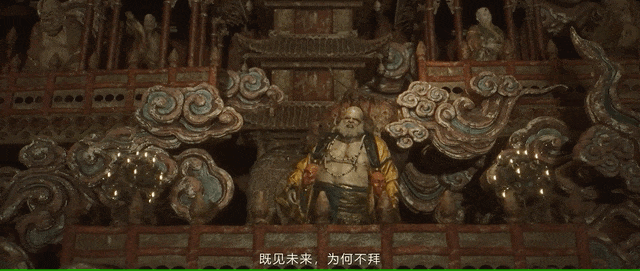
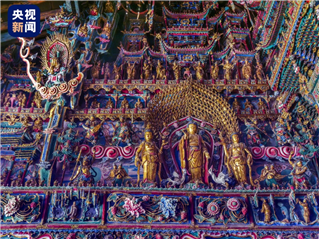
Xiaoxitian was originally named Qianfo Temple. The statue of the hanging sculpture (hanging sculpture: a color sculpture suspended on the wall) in the temple is a fine product among the color sculptures of the Ming Dynasty. Hanging sculpture requires craftsmen to possess extremely strong techniques, and very few works can be preserved. When it comes to hanging plastic across the country, the most shocking thing must be Shanxi.
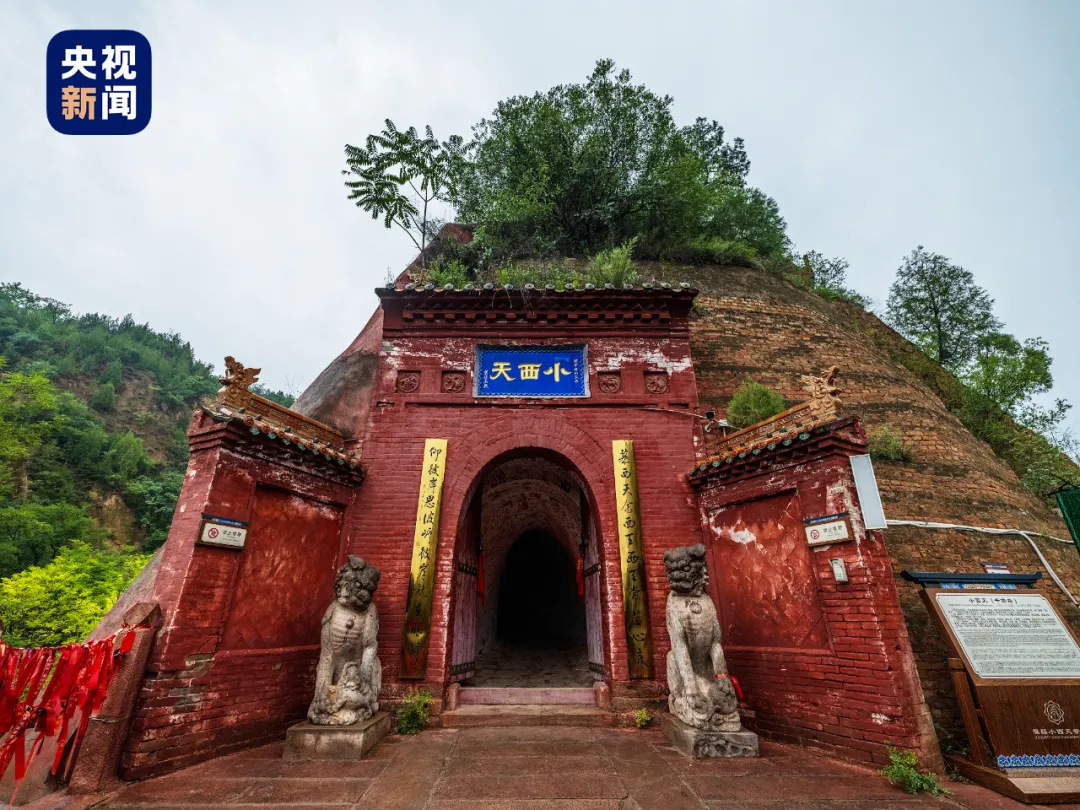
The hanging sculpture in Xiaoxitian fully displays the four words “small, clever, exquisite, and strange”. The remaining many exquisite hanging sculptures are still complete and new after nearly four hundred years. They are called “the last sound of hanging sculpture art.”
Xiaoxitian is divided into two courtyards, and the upper courtyard is the essence of the entire temple. The non-destructive hanging sculpture art in its Great Hall is the most outstanding part of Xiaoxitian.
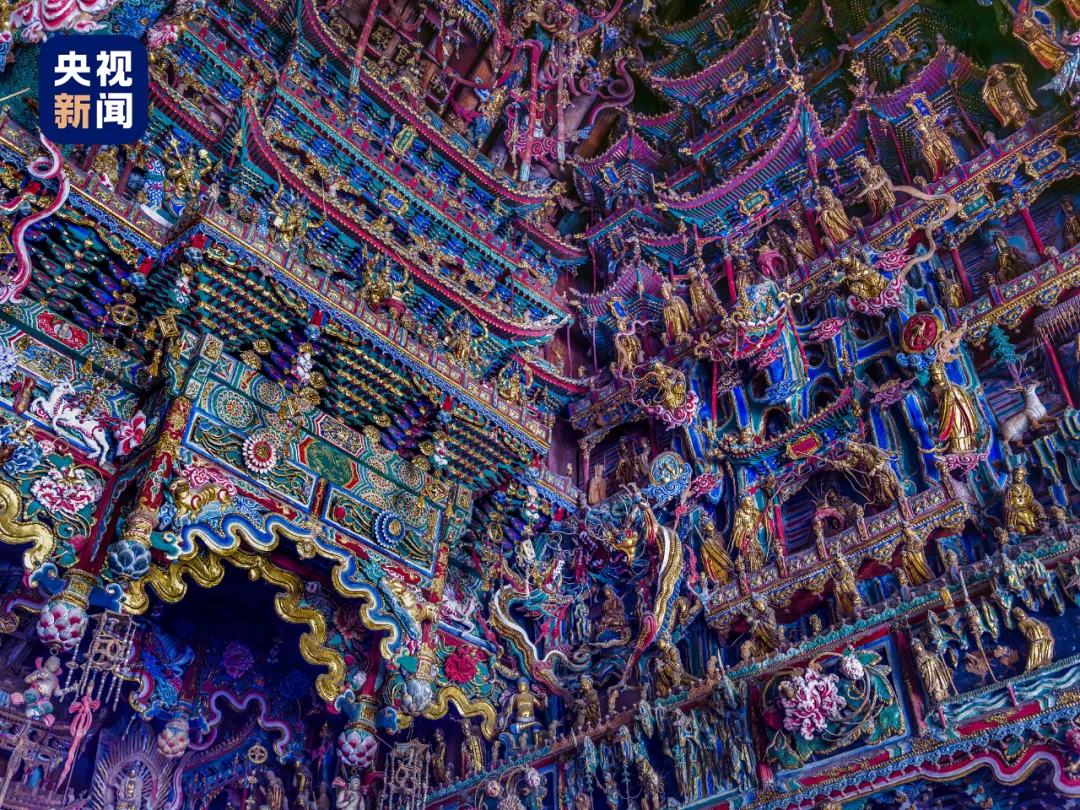
In the 169.6 square meters of main hall, more than a thousand statues stand like mountains and ridges: looking at the layers of heavenly palaces, the strange grasses of mountains and rivers, and the lifelike mythological figures, it is like a series of complex and gorgeous “comics”. Walking in it is like a visual feast, which can only be described by the word “shock”.
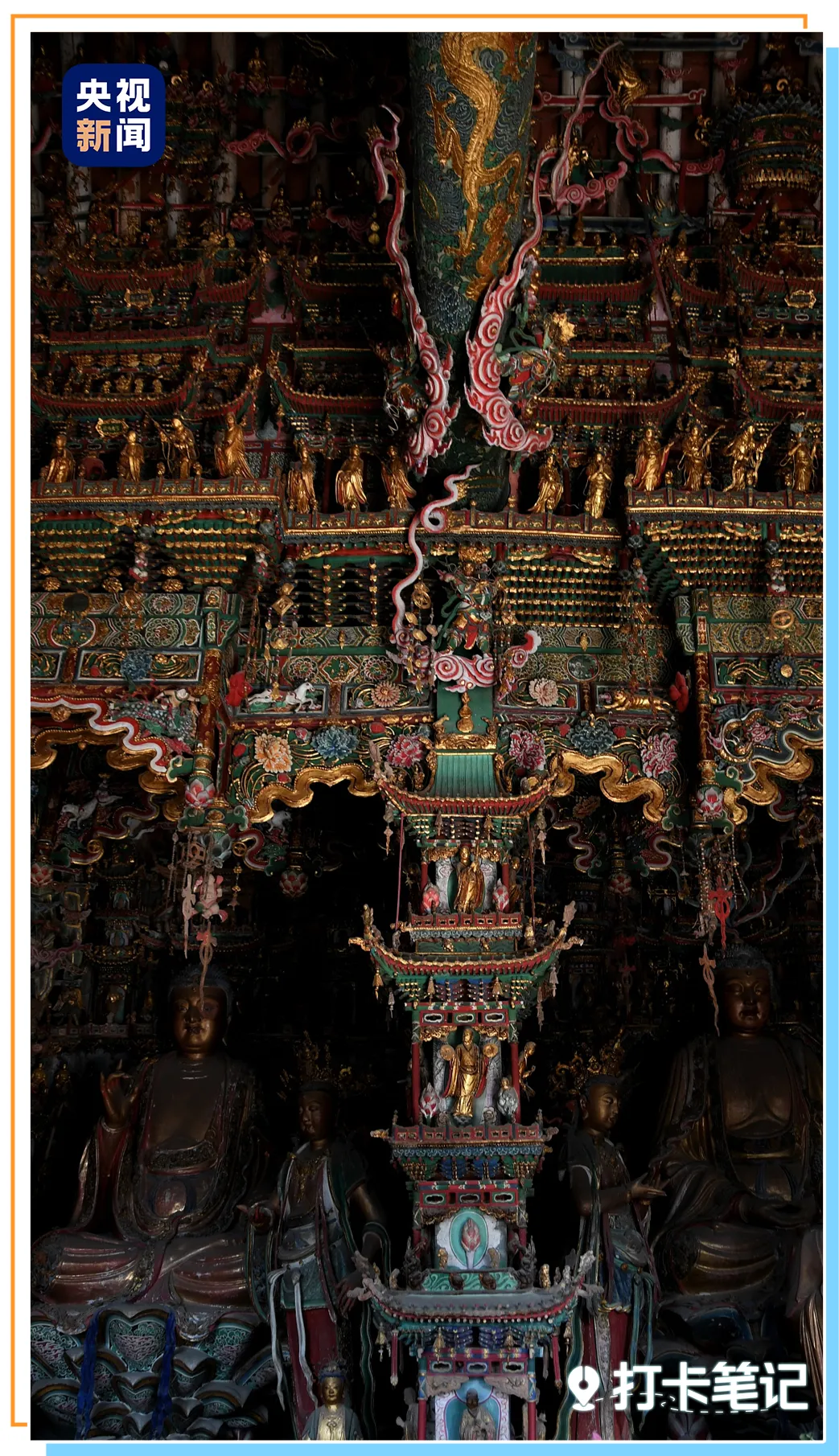
The reason why it can cause such a beautiful visual impact is that the two layers of hanging plastic overlap, the upper body of the next statue tilted outward, blocking the foot of the top statue. The largest Buddha statue here is more than 3 meters high, and the small one can be placed in the palm. In the exquisite stacking, Xiao Xitian showed the “extreme aesthetic” of the late Ming Dynasty in full view.
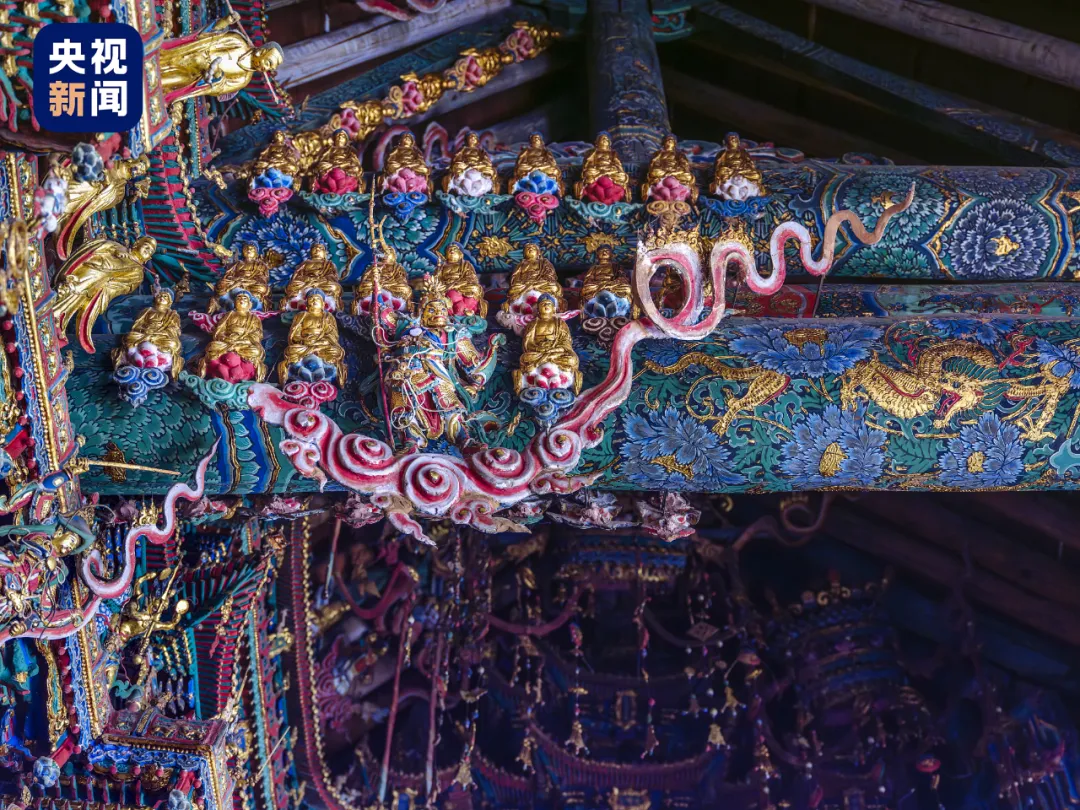
When I came to Xixian, I could enjoy my food after having a feast for my eyes in Xiaoxitian.
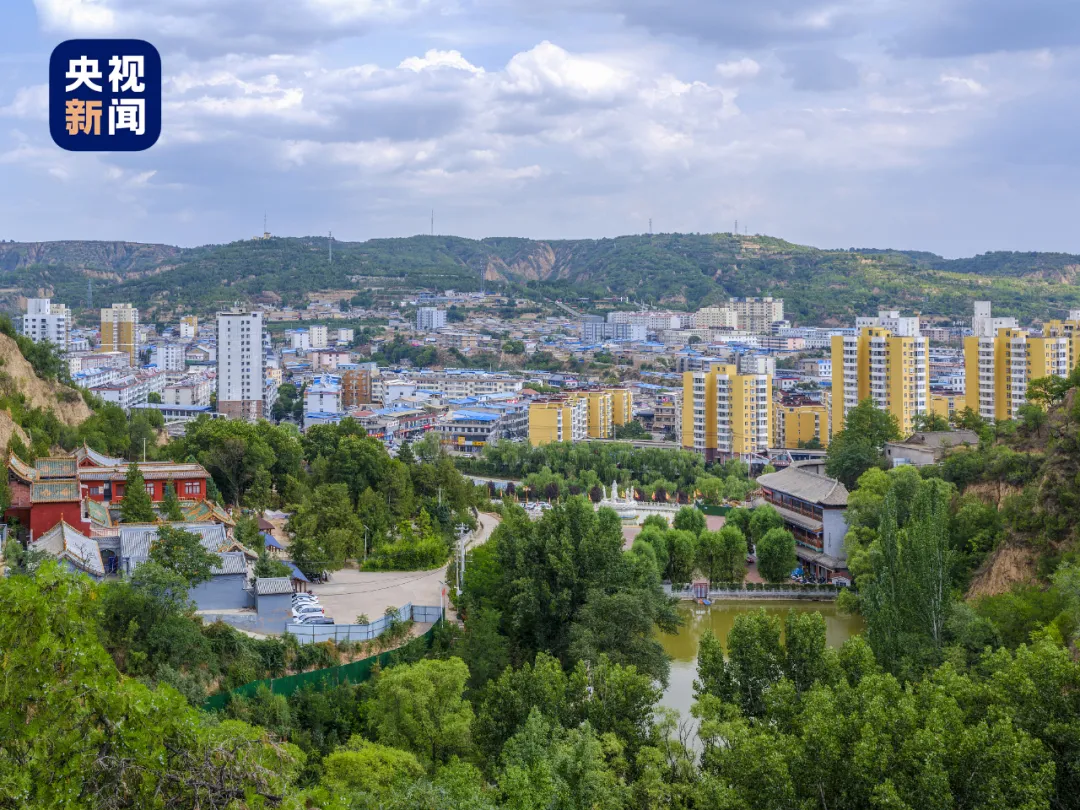
Xixian County is the origin of Yuluxiang pear. This pear is called the “king of Chinese pears”. It tastes crispy and the fresh and sweet pear juice explodes in your mouth, satisfying your perfect imagination of fragrant pears. Every year around the Mid-Autumn Festival, it is the picking period of Yuluxiang pears, so don’t miss it.
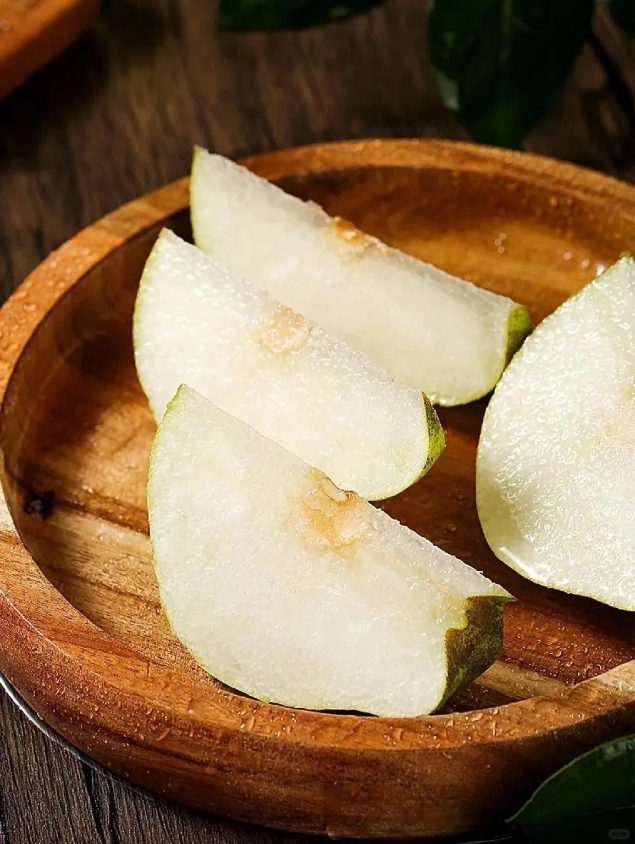
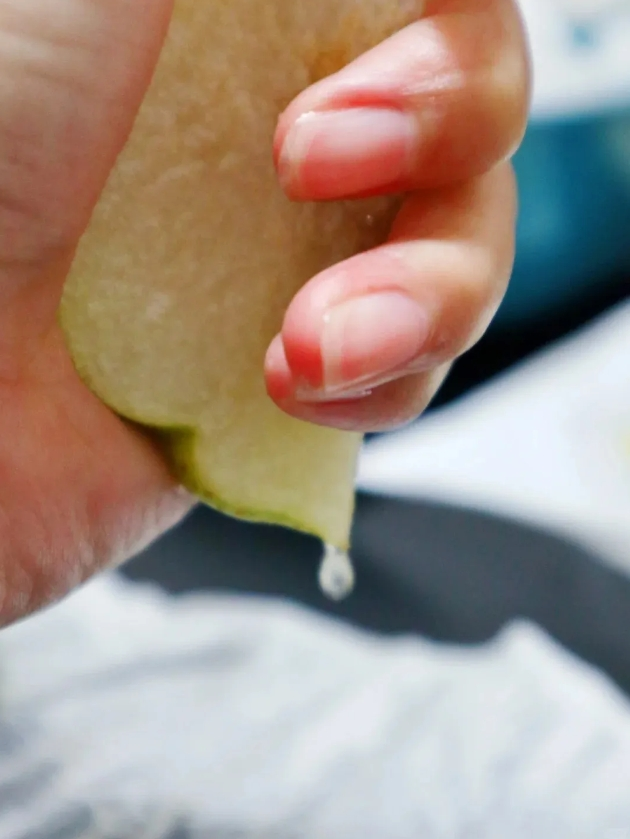
The peerless beauty of Feihong Tower
After seeing the small west sky, you might as well go to Hongdong, which is more than 100 kilometers away, to see the five hundred years stillThe colorful Guangsheng Temple Feihong Pagoda, as long as you take a look, you will definitely be shocked by its beauty!
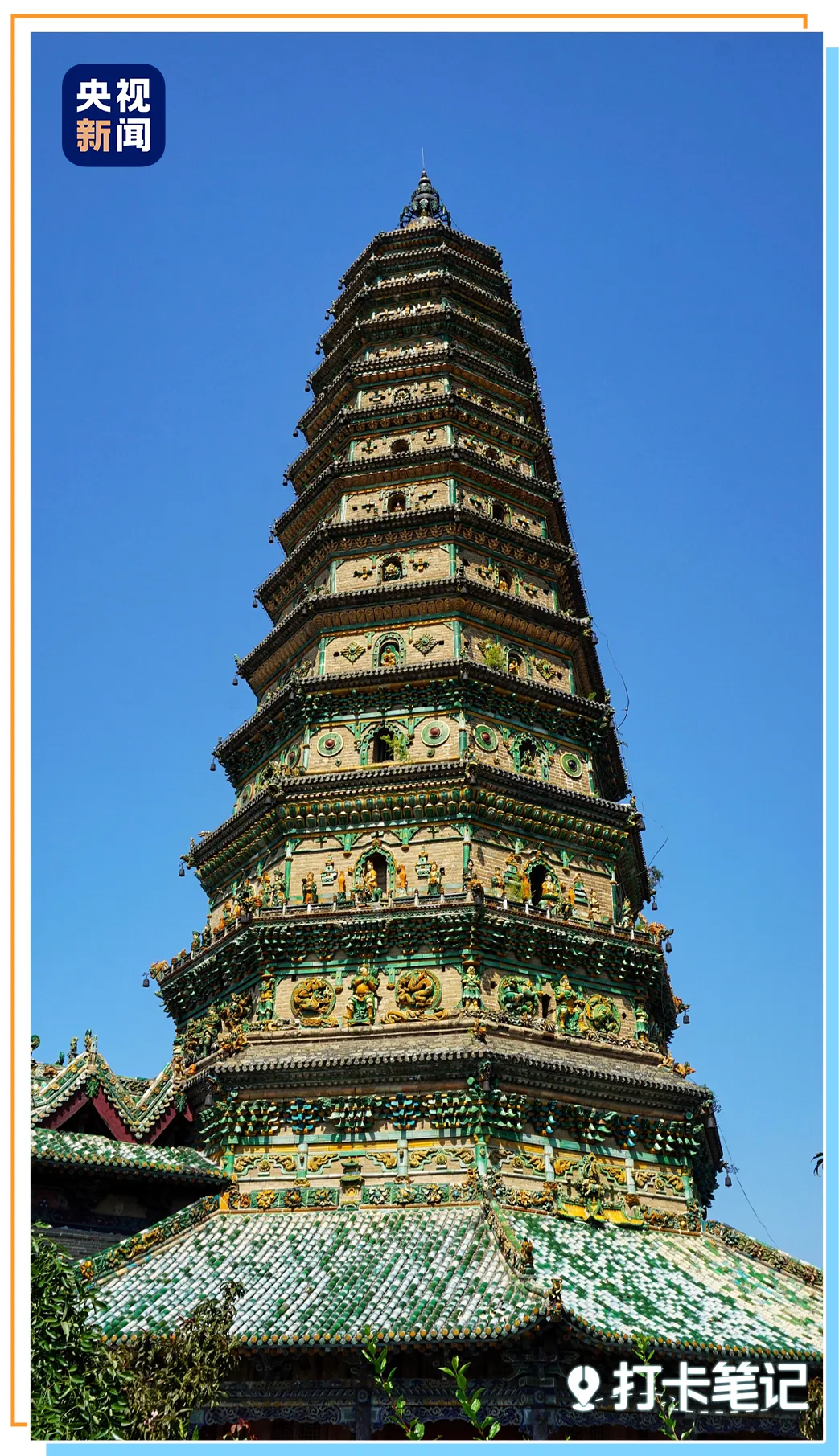
Guangsheng Temple is located in Hongdong County, Linfen City, Shanxi Province. The Feihong Pagoda in the temple is the only glass pagoda with craftsmen’s inscriptions and is the largest and most complete glass pagoda among the five Buddha relic pagodas. Because its tower body is colorful like a rainbow after rain, it is called Feihong Tower. The 86 version of Journey to the West “Sweeping the Tower and Distinguishing the Strange Injustice” is taken from here.
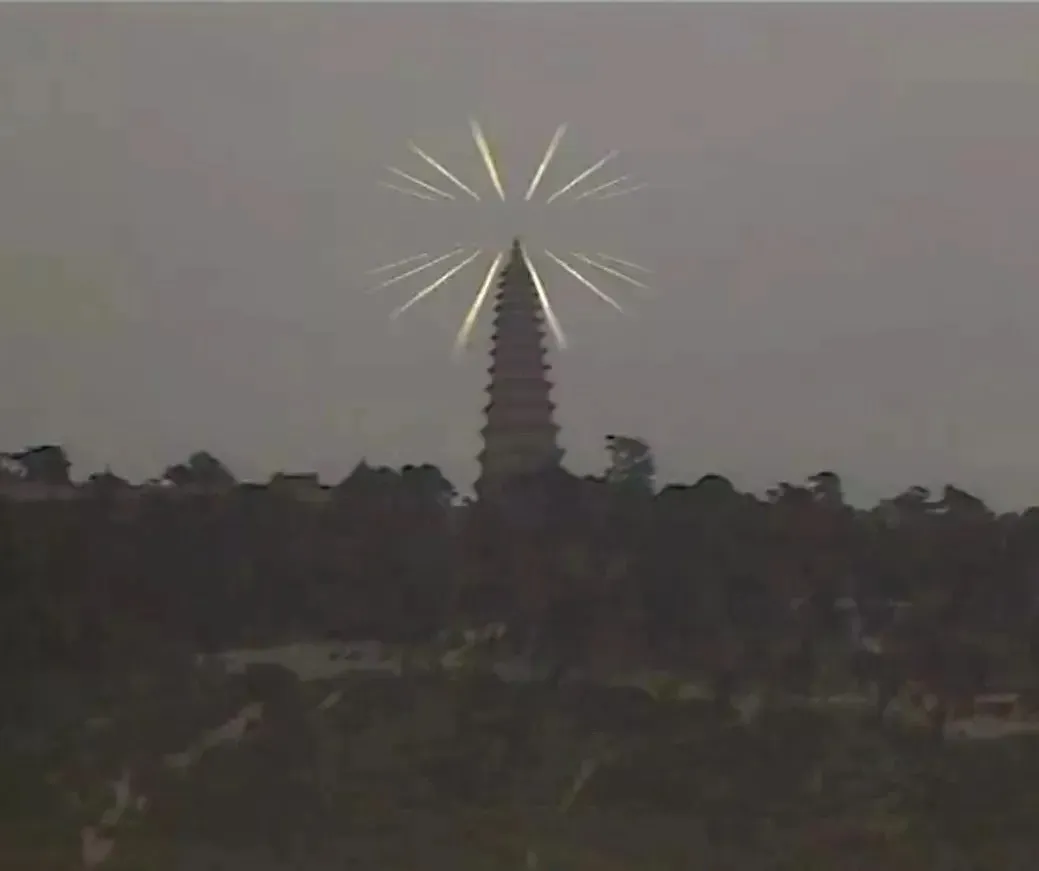
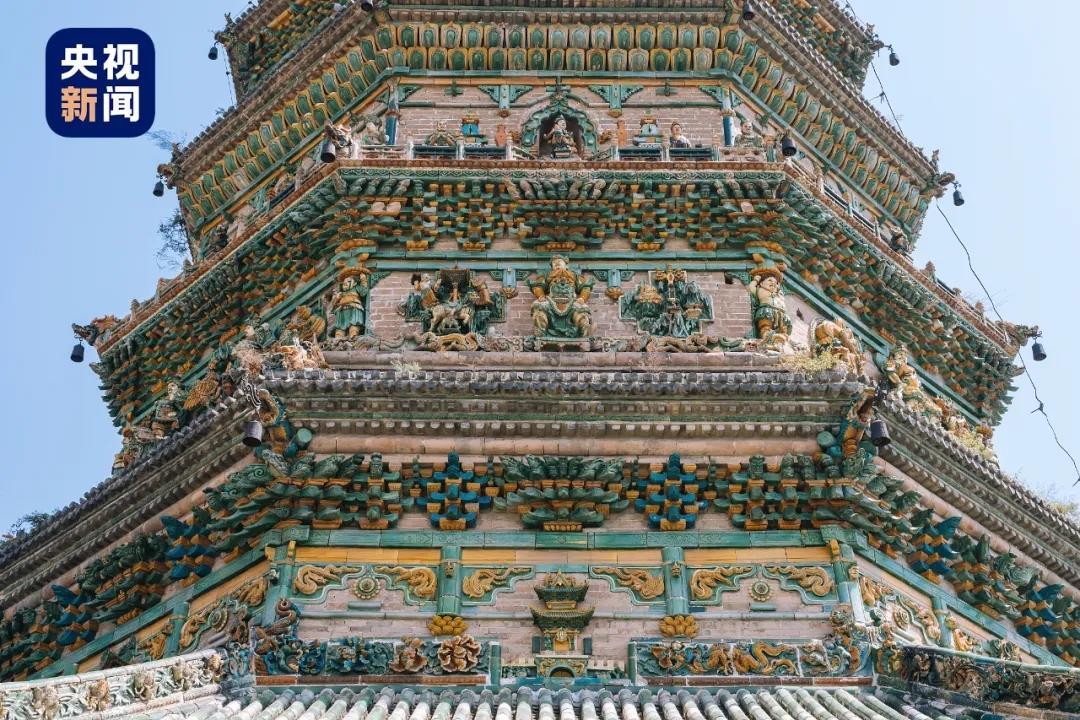
The tower body is decorated with yellow, green, blue and purple glass. The first, second and third layers are the most exquisite. Each layer imitates the wooden ridge to support the eaves ingeniously. The countless components and patterns such as Bodhisattvas, Vajras, flowers, dragons, birds and beasts under the eaves are all exquisite and exquisitely shaped, exquisitely made, and beautifully painted. Especially under the sunlight, the color is still as new as ever.
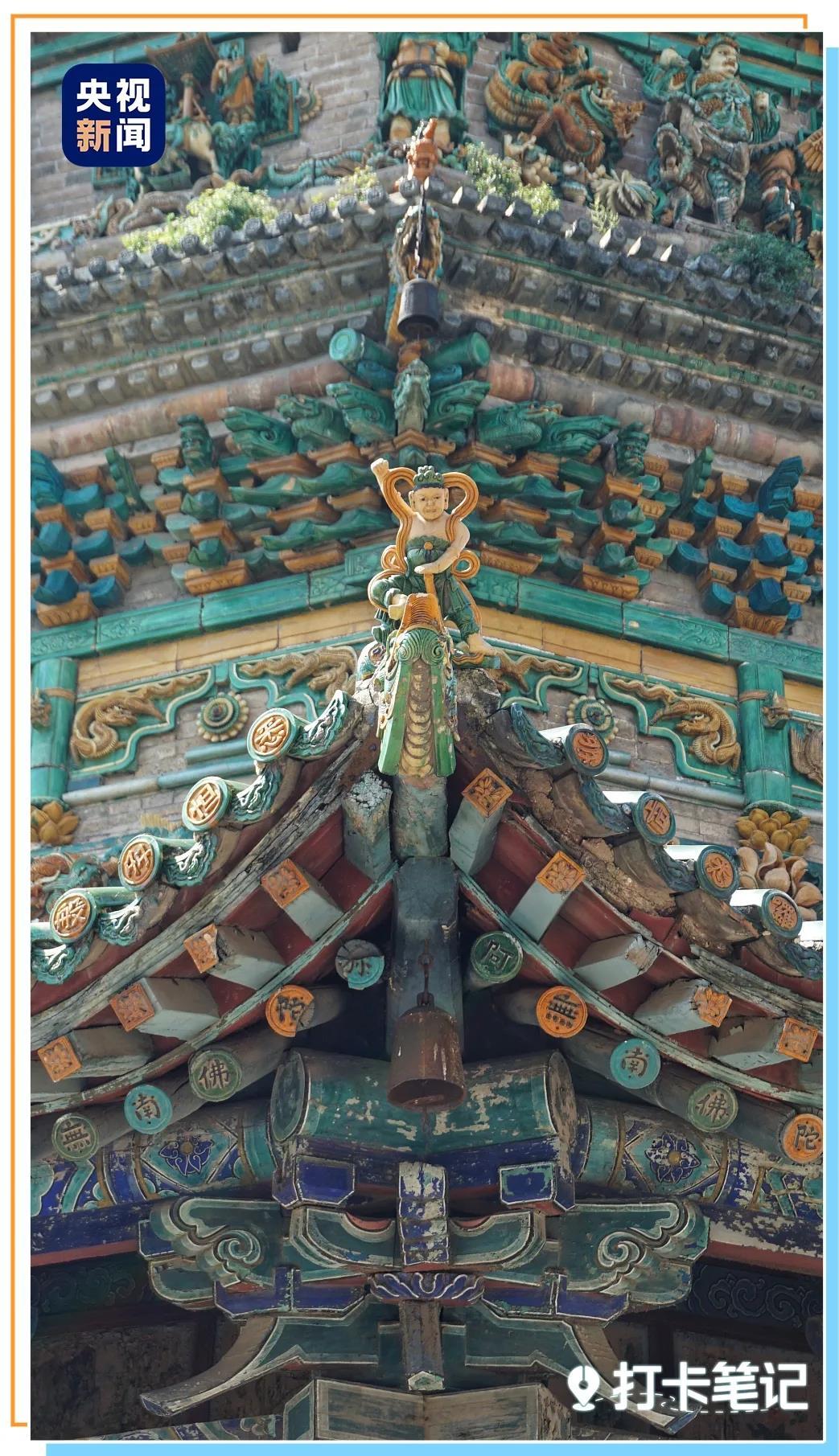
Looking at the whole, looking at the part, looking from a distance, looking close, all of them are exquisite and peerless. I can’t help but admire the wisdom and artistic talent of the ancients!
Yuhuang Temple: The Peak Achievement of Sculpture Art
In “Black Myth: Wukong”, some characters’ IPs Kang Jinlong, Lou Jingou and others are inspired by the 28 star constellations of the Jade Emperor Temple in Jincheng, Shanxi. The temple is known for more than 300 complete sculptures, covering many mythical figures, especially the Twenty-Eight Star Constellations color sculptures. It can be regarded as the pinnacle of the ancient Taoist sculpture art in my country and is the best of the existing Taoist color sculpture statues.
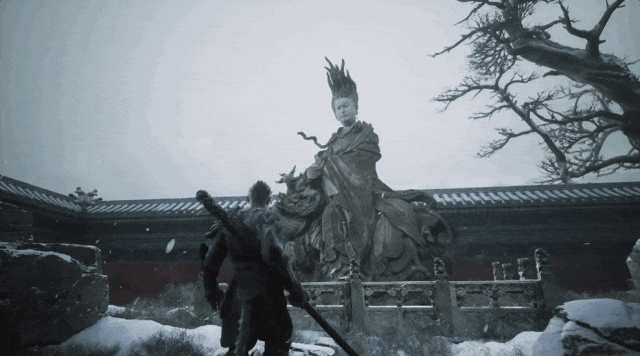
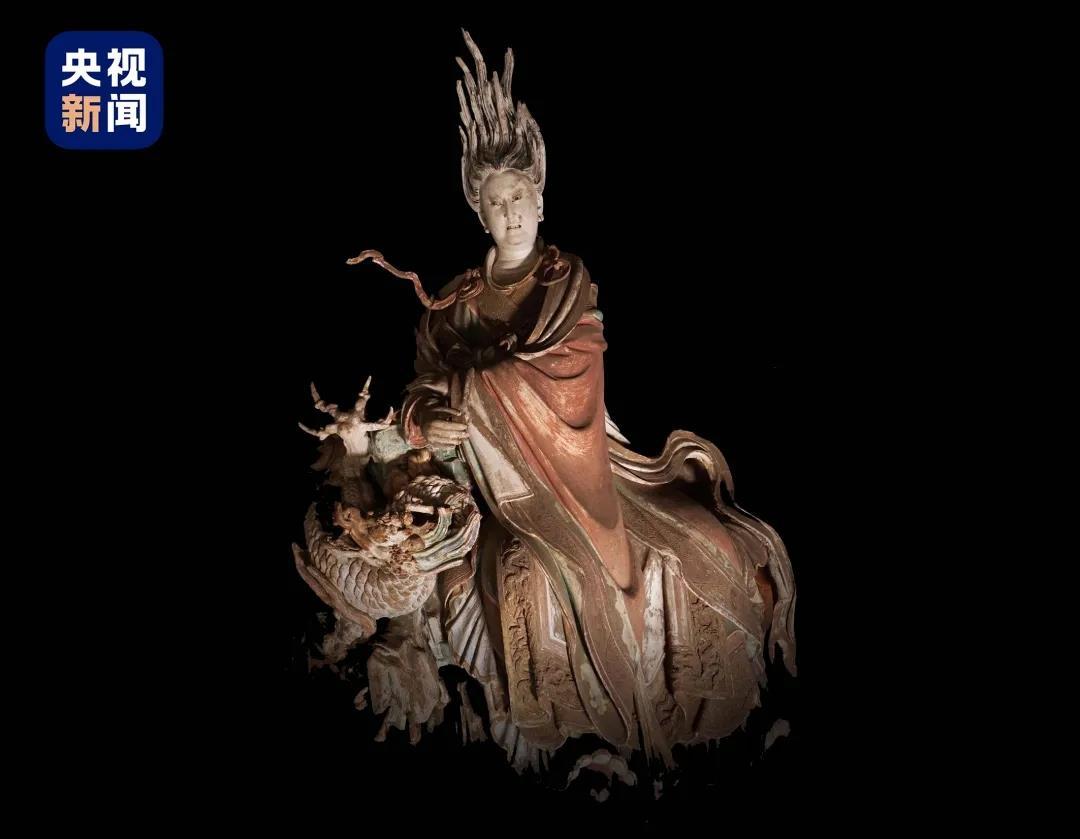
The Jade Emperor Temple is near Jincheng East Station, Shanxi (no tickets are required at present, and reservations are required). Each colored sculpture in the temple is Komiks is a combination of portraits and their animal incarnations, with exquisite ideas. For example, the star lords who are “water” are all female images, and the star lords who are “fire” are all samurai images. Each star lord is either kind-hearted, strong and powerful, dignified, elegant, and elegant, and vivid according to the personality he is given.
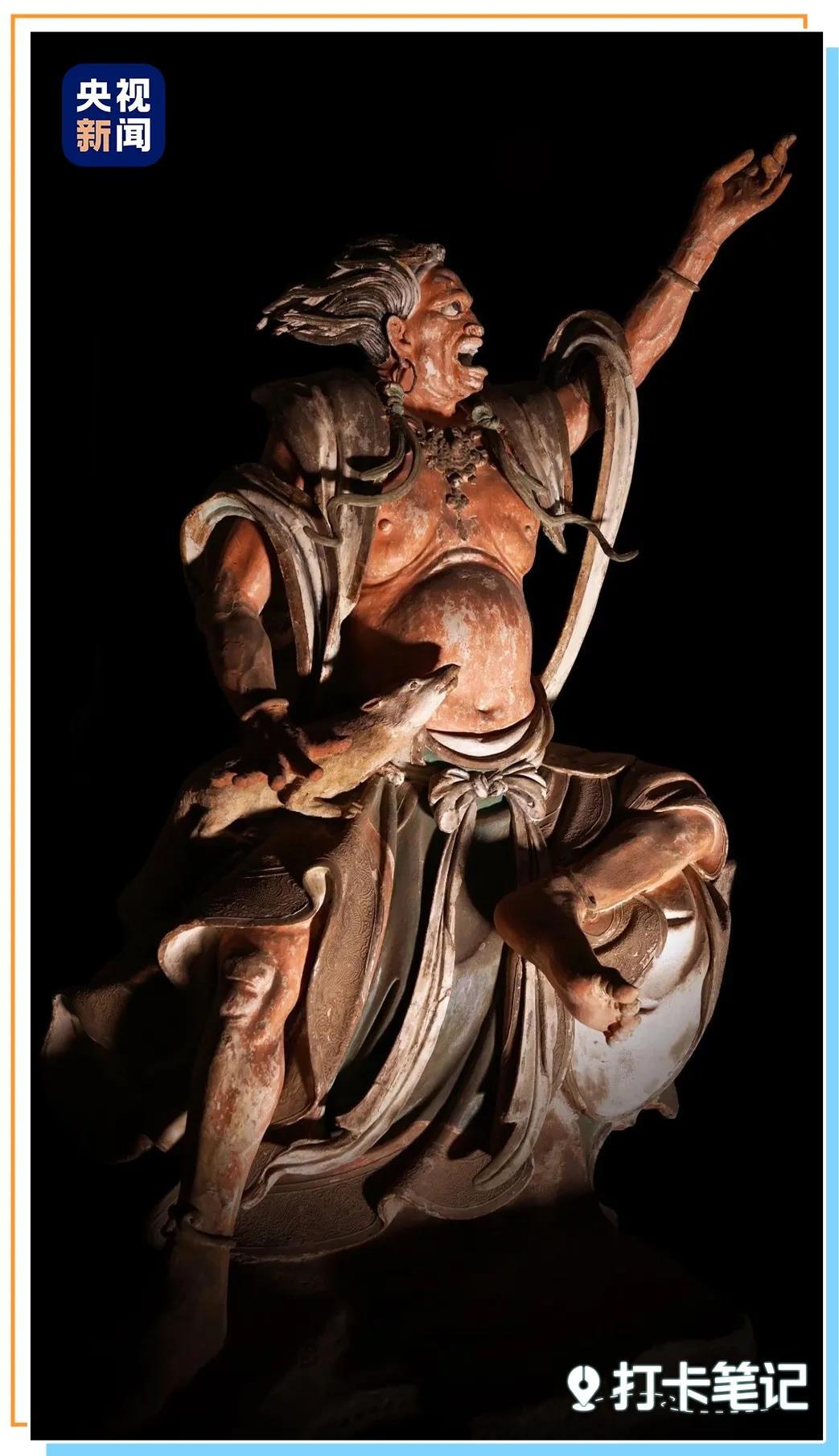
The height of the statue is about 1.8 meters, and every wrinkle and every fold are clearly visible; the eyes and smile that have been frozen for thousands of years seem to be revealed from the image.
It is hard to imagine that these moments of dynamics have been so exquisitely shaped by the ancients more than 700 years ago!

The Guandi Temple in Fucheng, which is only a few hundred meters away from the Jade Emperor Temple, is also worth a visit. The visit lasts about an hour (no tickets or reservations are required at present). Especially the eight dragon pillars inside, there are wood carvings above them, and the theme is also dragons, but compared to the dragons with stone pillars, the wood carving version of the dragon looks much cute and playful.
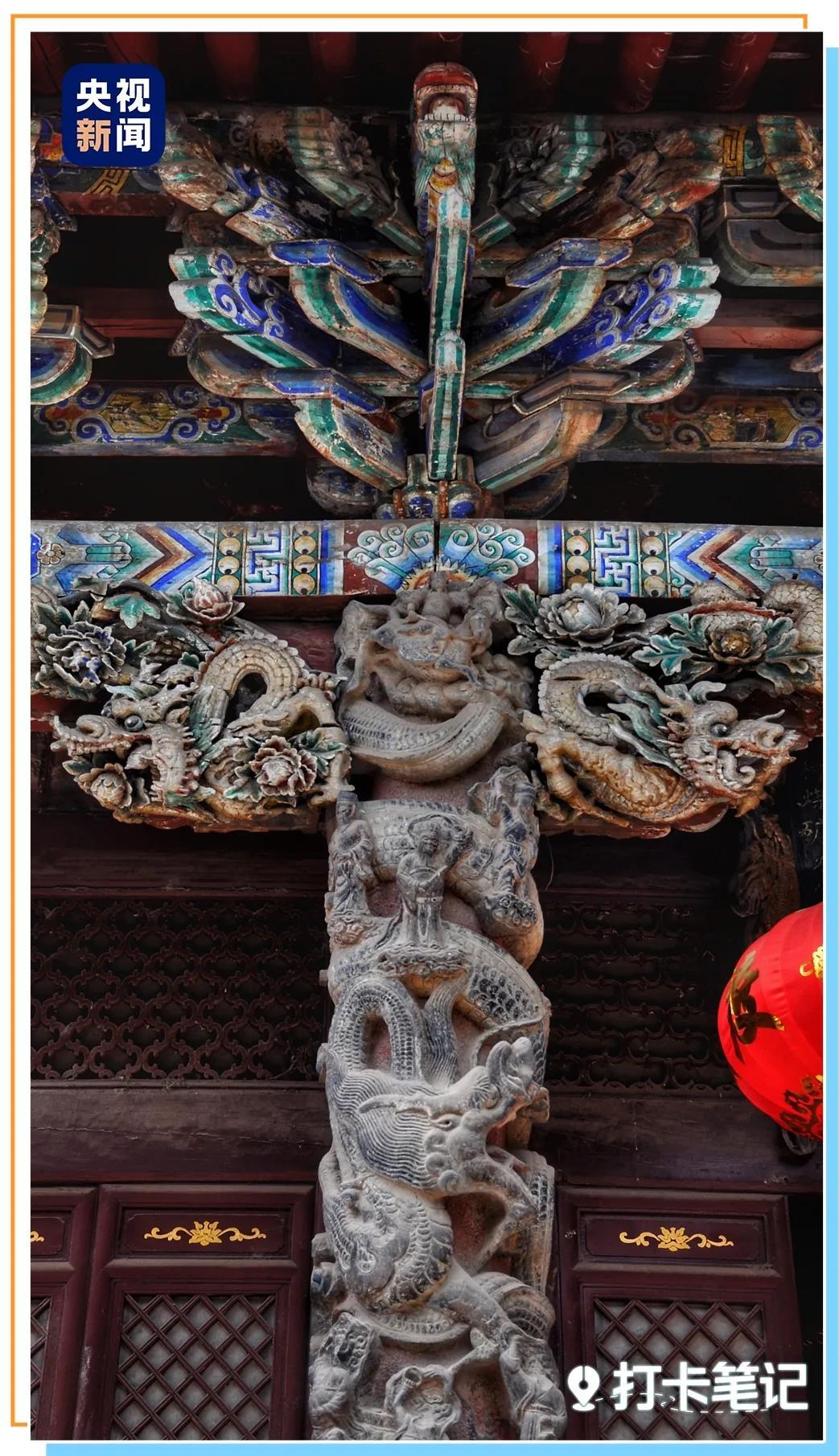
Iron Buddha Temple: A great treasure in ordinary courtyards
Many players have discovered the Iron Buddha in the characters in “Black Myth: Wukong”. href=”https://funnybookish.com/”>BabaylanThe elements of the twenty-four heavenly statues of the temple. Iron Buddha Temple is also in Jincheng, located in Gaoping City, Jincheng, and comes here from other places.It is very convenient to get from Gaoping East Station.
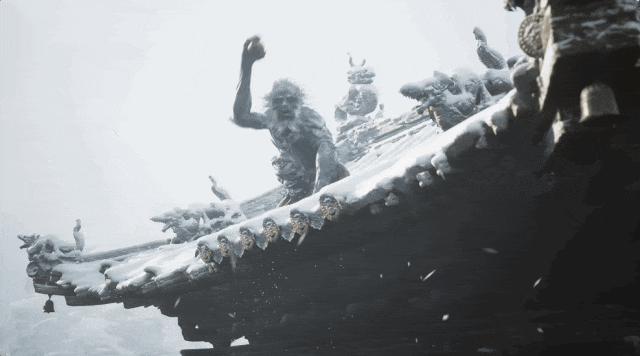
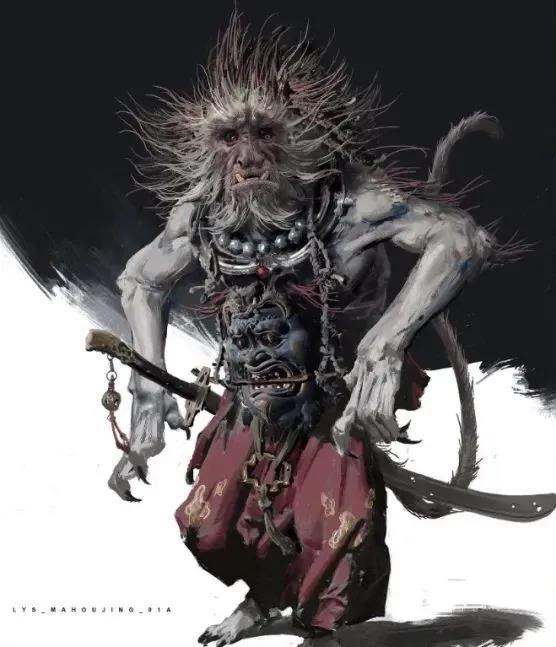
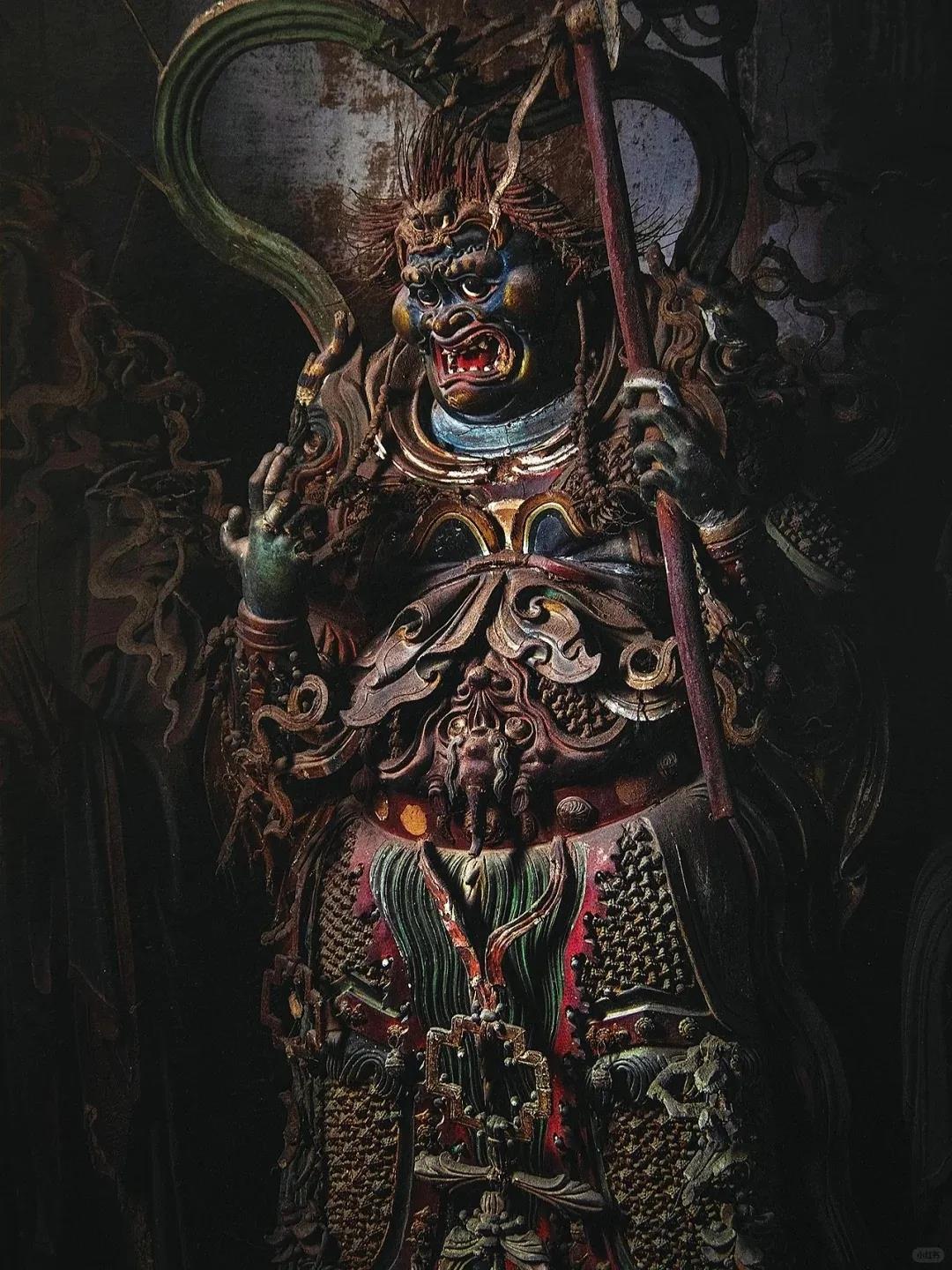
According to Yang Qi, the art director of “Black Myth: Wukong”, “When I was in college, I saw a picture album of the statues of the Iron Buddha Temple. At that time, I was shocked by the exquisite carving craftsmanship and special style of the statues of the Ming Dynasty, the 24 heavens. “After visiting the scene in Gaoping, Cinema, because of the indoor environment href=”https://funnybookish.com/”>Cinema was too narrow. After a long time of evaluation, the team decided to give up the real-life scan and decided to restore it by hand.
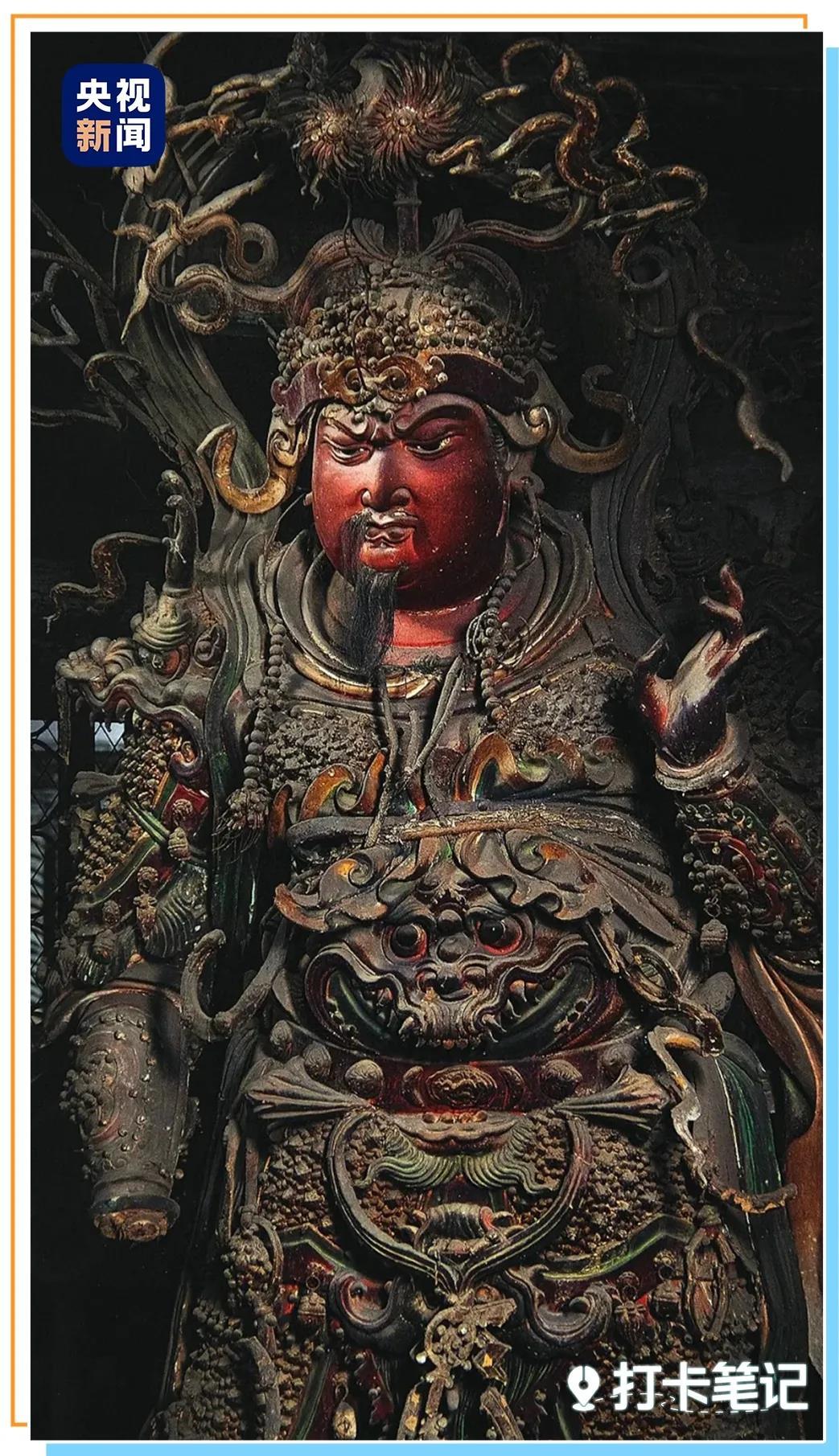
Iron Buddha Temple is in an inconspicuous courtyard in Gaoping, Jincheng. It is named after the iron Buddha was cast in the temple in ancient times. Iron Buddha Temple was founded in the Jin Dynasty, and the existing buildings are relics of the Ming Dynasty.
Tiefo Temple was not open to the public before, but it is currently limited, which is a very valuable opportunity! No tickets are charged, and the opening hours are from Tuesday to Sunday 9:00 to 17:30 (closed on Mondays on non-holidays).
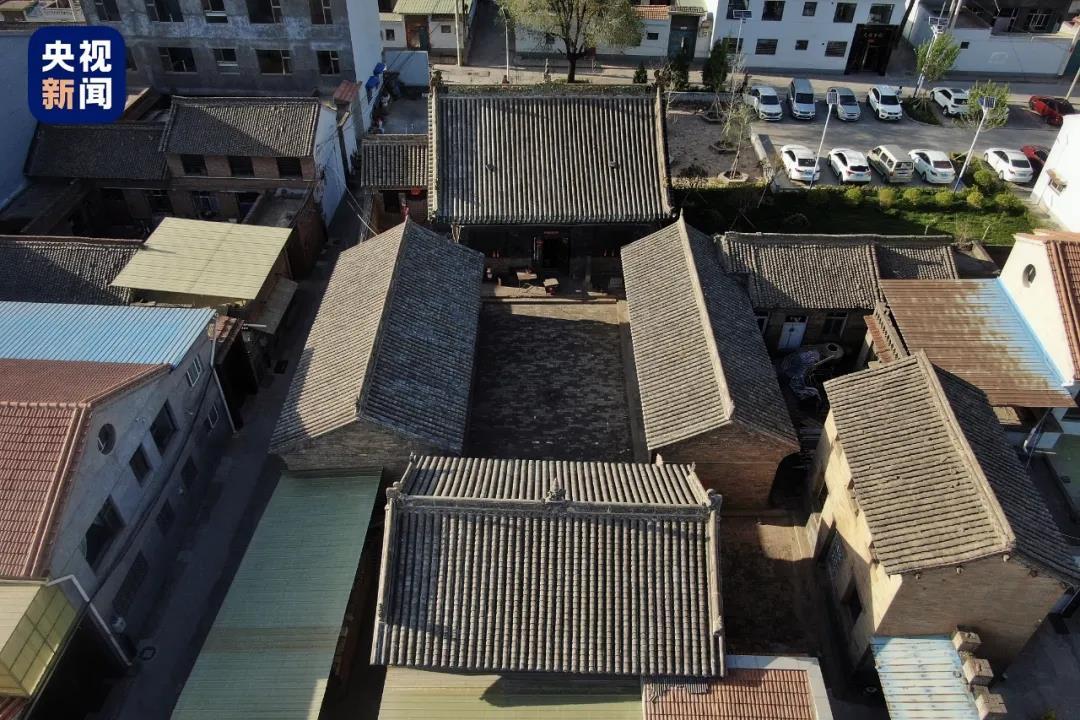
The famous Iron Buddha Temple is the twenty-four heavenly clay statues surrounding the Buddhist temple. The shape is unique and the skills are superb. It can be said to be unique in the entire clay statues and is rare in the world.
TheseSome statues have prominent eyes, some have their hair upside down, some have toes grip the ground, and some have armor toes to protect themselves. The shapes are vivid and unique, with different shapes and lifelike, which subvert the traditional statue’s pursuit of beautiful details, silently but shocking the soul.
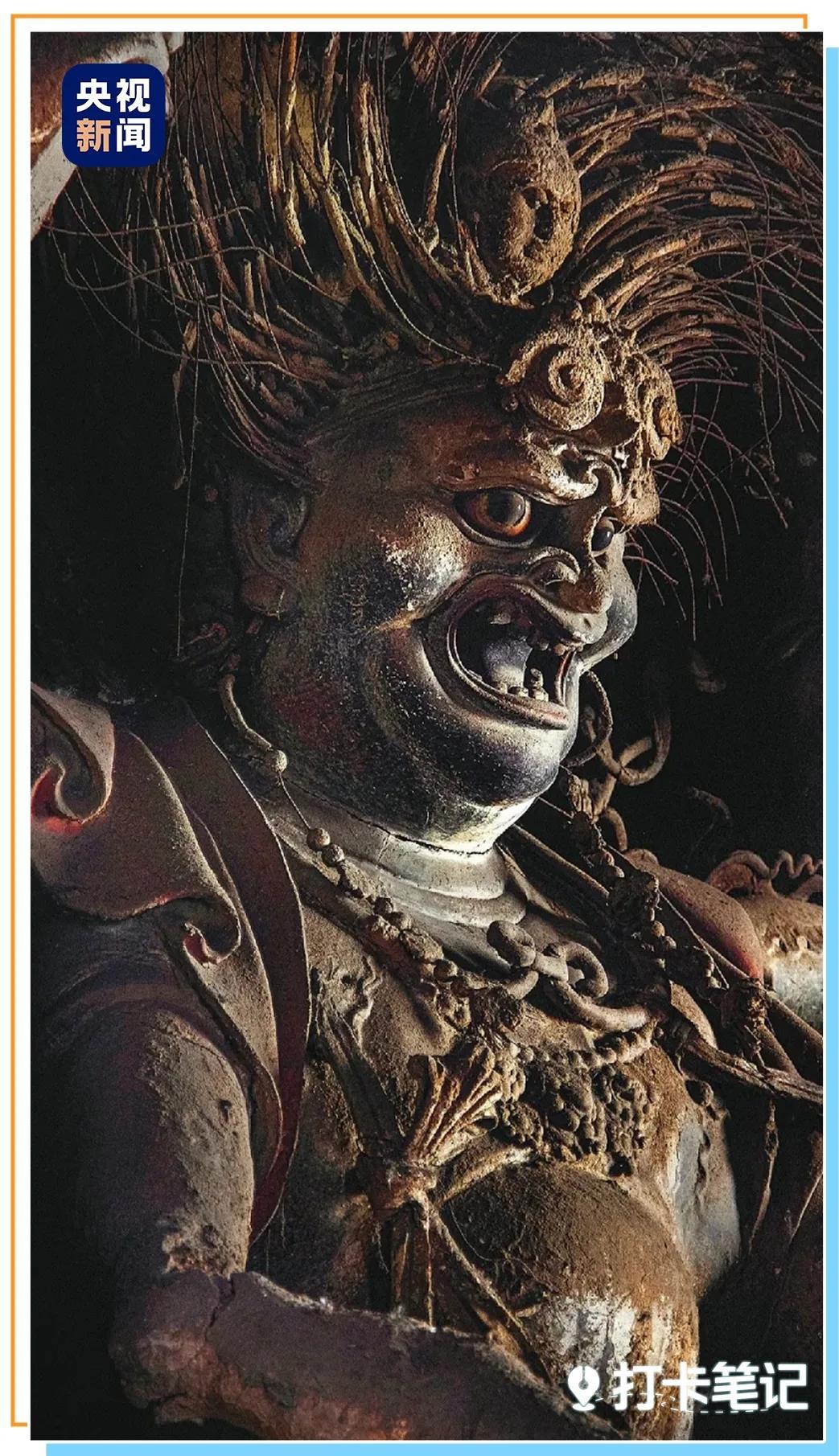
The ultimate pursuit of clothing details by ancient sculpture craftsmen is amazing: every floral pattern stacked on the head, every scale on the armor, every detail on the decoration, even if it is interspersed with each other, and overlapping each other, must be presented one by one.
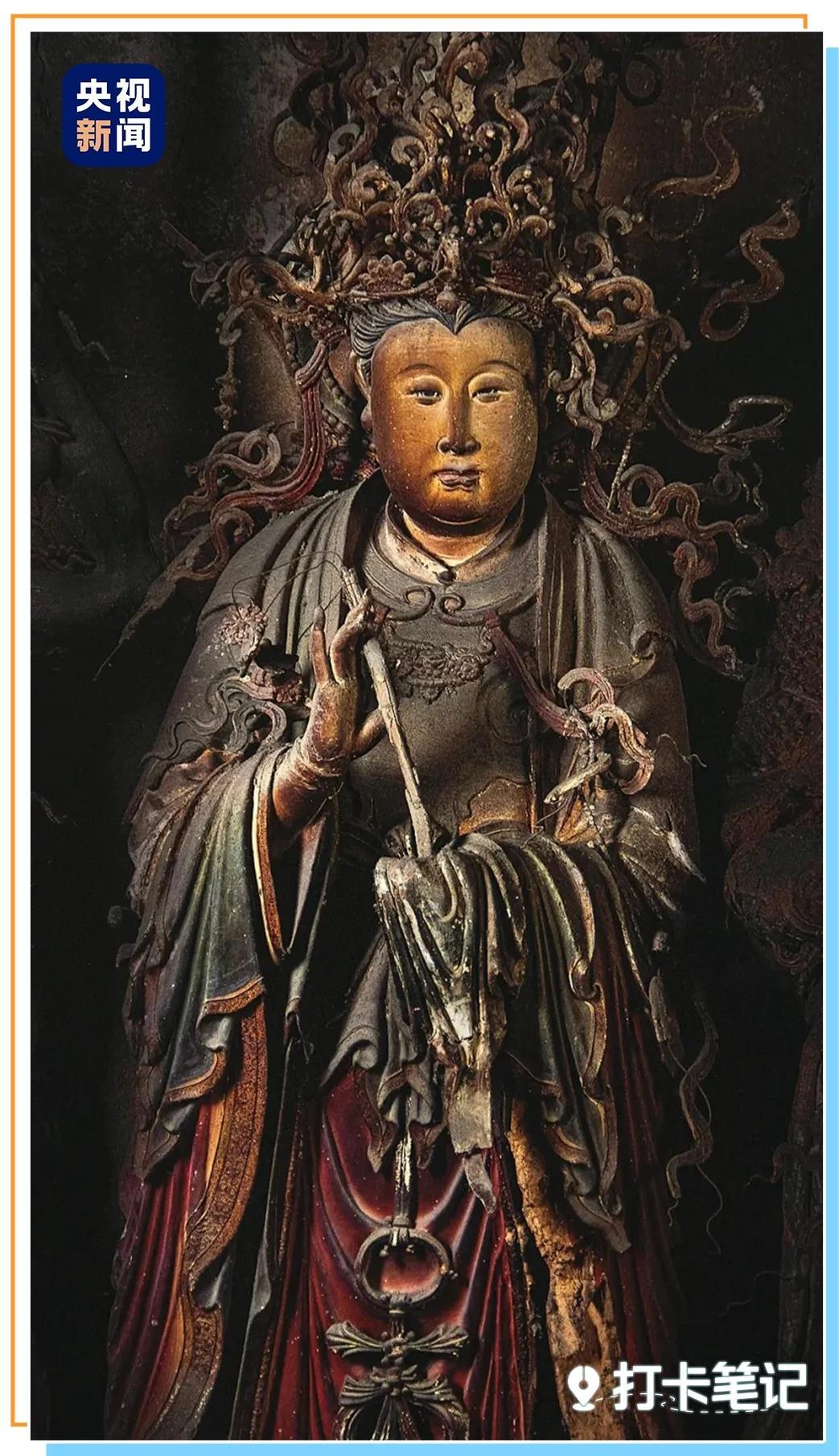
As Yang Qi said, compared to the feelings I saw in “Black Myth: Wukong”, the maximum reduction rate of the one seen in “Black Myth: Wukong”. BabaylanImmersed in the scene, and you can feel the shocking power of these statues across a hundred years.
In Jincheng, you can also experience the national intangible cultural heritage – go to Situ Xiao Town to see the iron flower. The iron trees and silver flowers fall, and thousands of stars bloom. Seeing the colorful iron flowers fall in the sky, you can truly experience the Chinese romance.
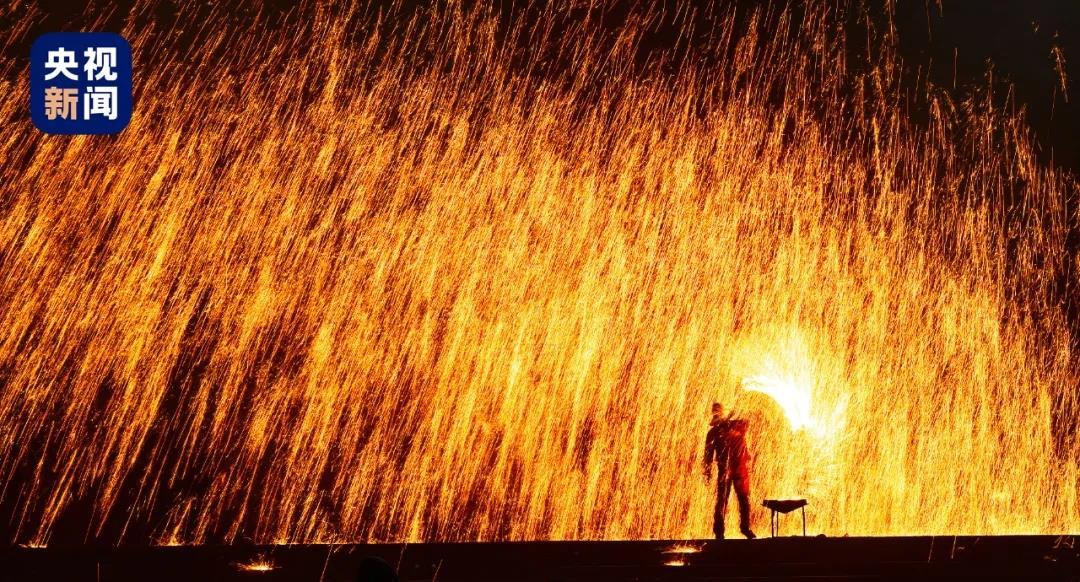
As the same as Jincheng, the Guanyin Hall is in Changzhi, southeastern Jin, where it is comparable to the master of the hanging sculpture art of Xiaoxitian, Xi County.
The main hall of Guanyin Hall was a remains of the Ming Dynasty during the Wanli period, and the rest were buildings of the Qing Dynasty. The main hall has three rooms wide, with a single eaves hanging on the mountain, and a rolled shed on the front eaves to embrace the building and offering pavilions. Among this series of not-magnificent buildings, there is another great masterpiece of hanging plastic art.
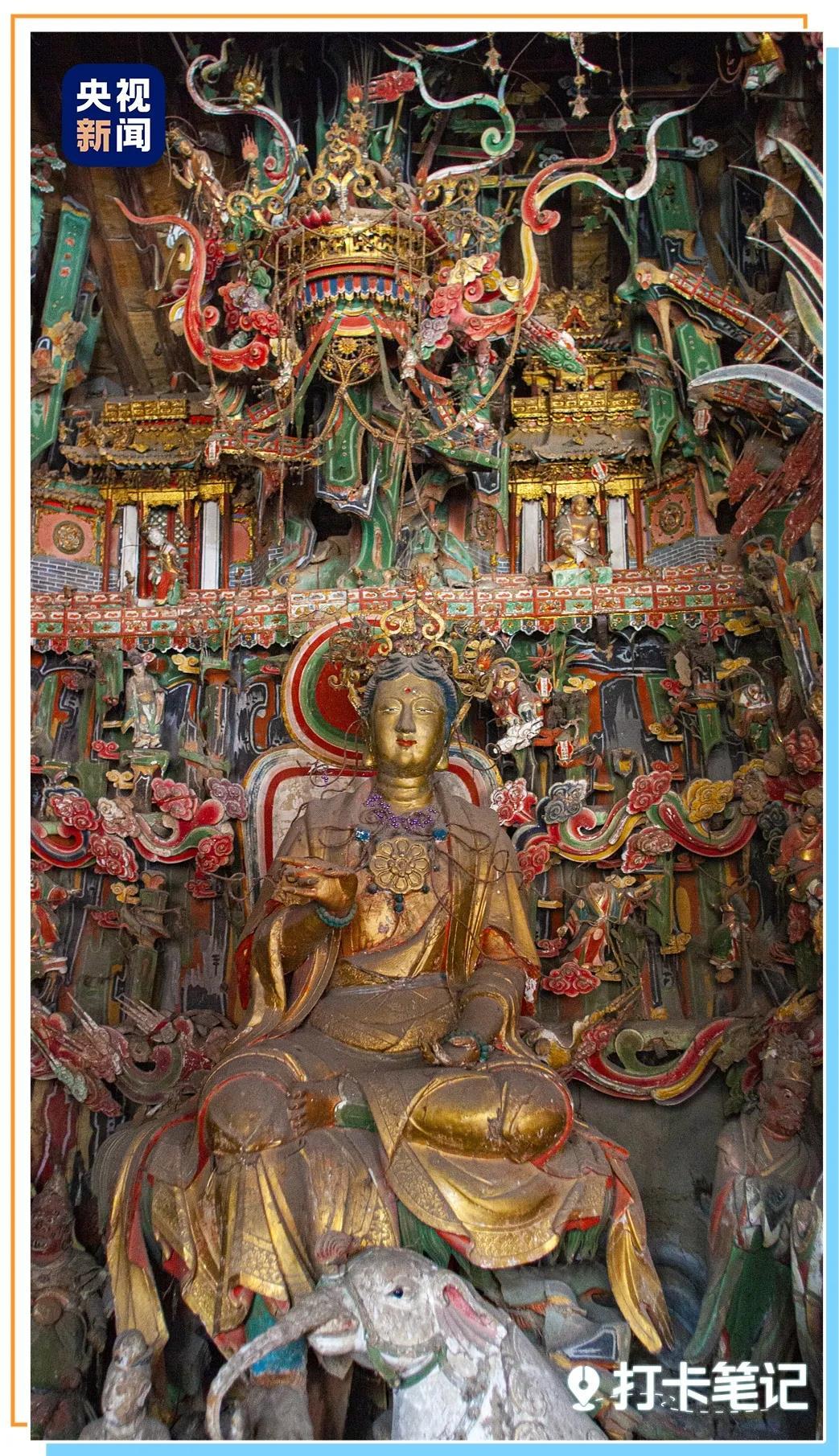
Walking into the main hall, in the empty room of only 60 square meters, the walls, columns, beams, and Komiks racks are filled with more than 500 statues of large and small sizes, with different expressions and lifelikeness, and their scale and density are amazing.
If Xiao Xitian is the “master song of hanging plastic art”, href=”https://funnybookish.com/”>BabaylanThen Guanyin Hall is undoubtedly the “glorious pearl of hanging plastic art”.
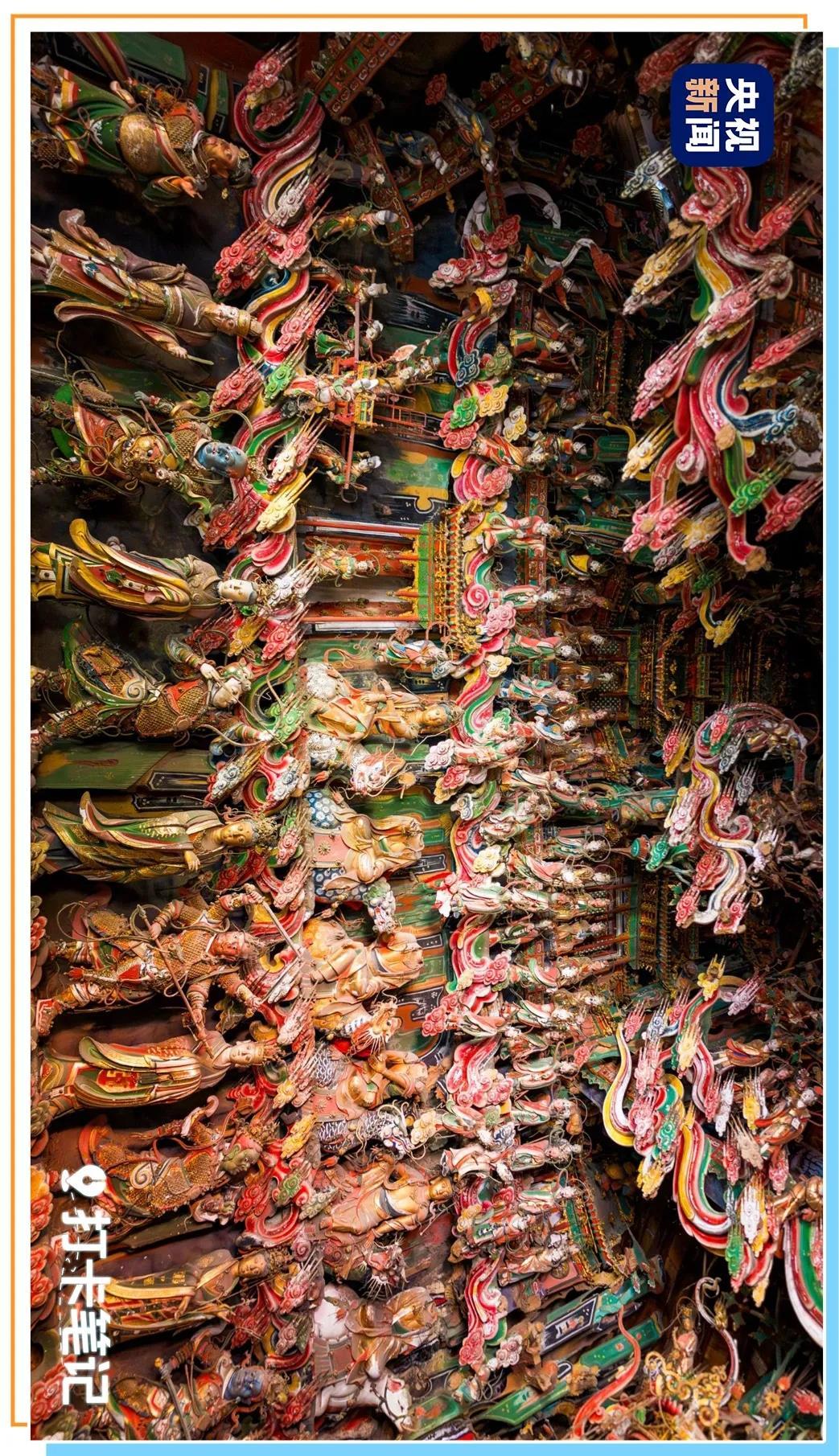
In southeast Shanxi, such an immersive time travel experience can be said to be everywhere – this is the most densely preserved ancient buildings in Shanxi. href=”https://funnybookish.com/”>Cinema area, and it is also the home of many top color sculptures in our country.
From the Tang Dynasty color sculptures of Qinglian Temple, one of the three remaining places in the country (the remaining two are Nanchan Temple and Foguang Temple), to the Chongqing Temple color sculptures known as the “Crown of Song Dynasty”, and then to the most well-preserved Song Dynasty murals in Gaoping Kaihua Temple… It is no exaggeration to say that the southeast of Jin is a natural treasure house for sealing these ancient art masterpieces.
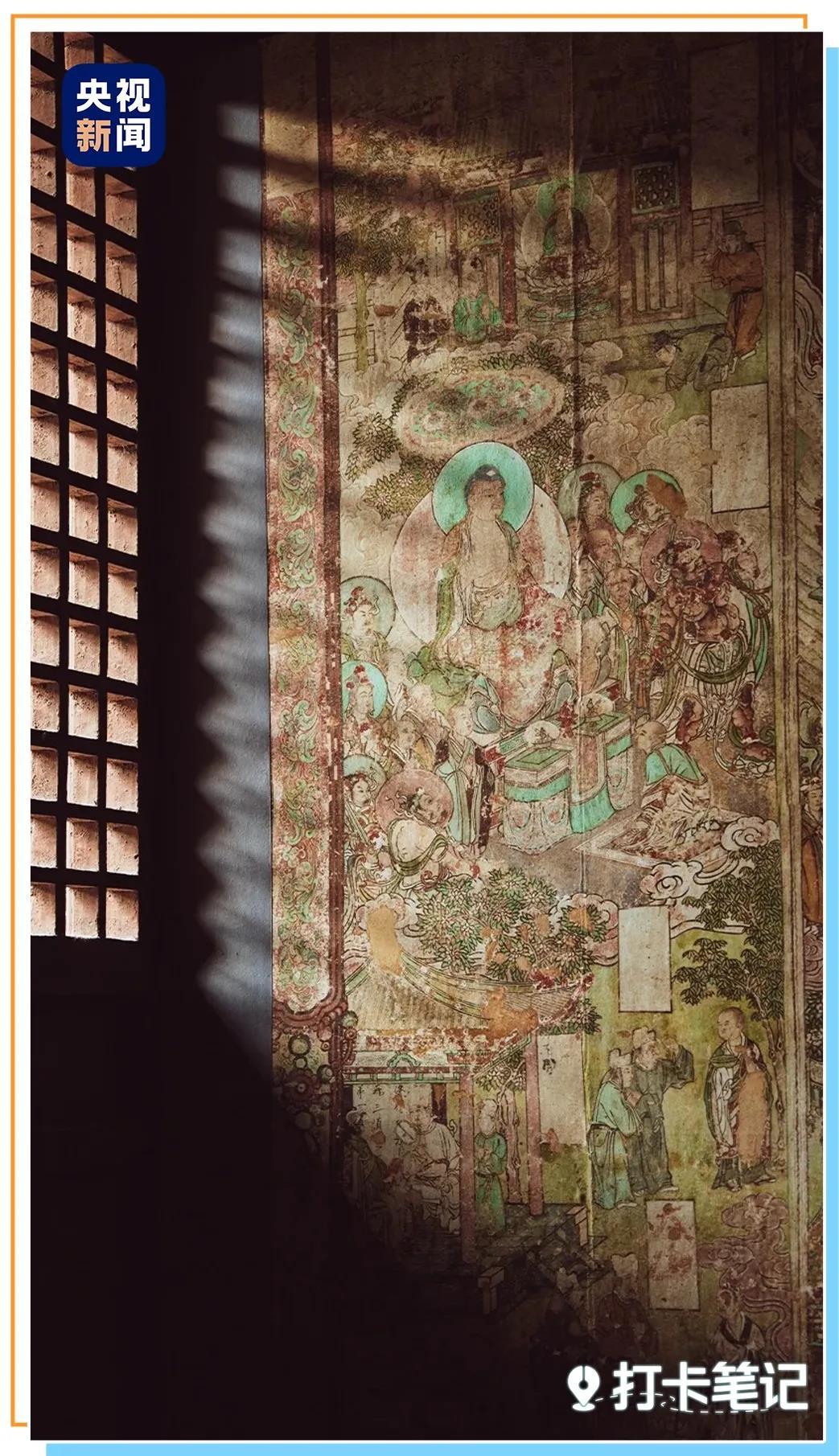
Foguang Temple: The “king” of ancient buildings
A careful players have found that in “Black Myth: Wukong”, there are many scene prototypes from Wutai Mountain in Xinzhou, Shanxi.
Wutai Mountain is not a mountain. It is called “Wutai Mountain” because it is surrounded by five peaks with a flat top like a platform. In temples of all sizes, you can always feel the history and culture of Wutai Mountain. Walking through it, it seems like time goes back, and the feeling of returning to nature comes naturally.
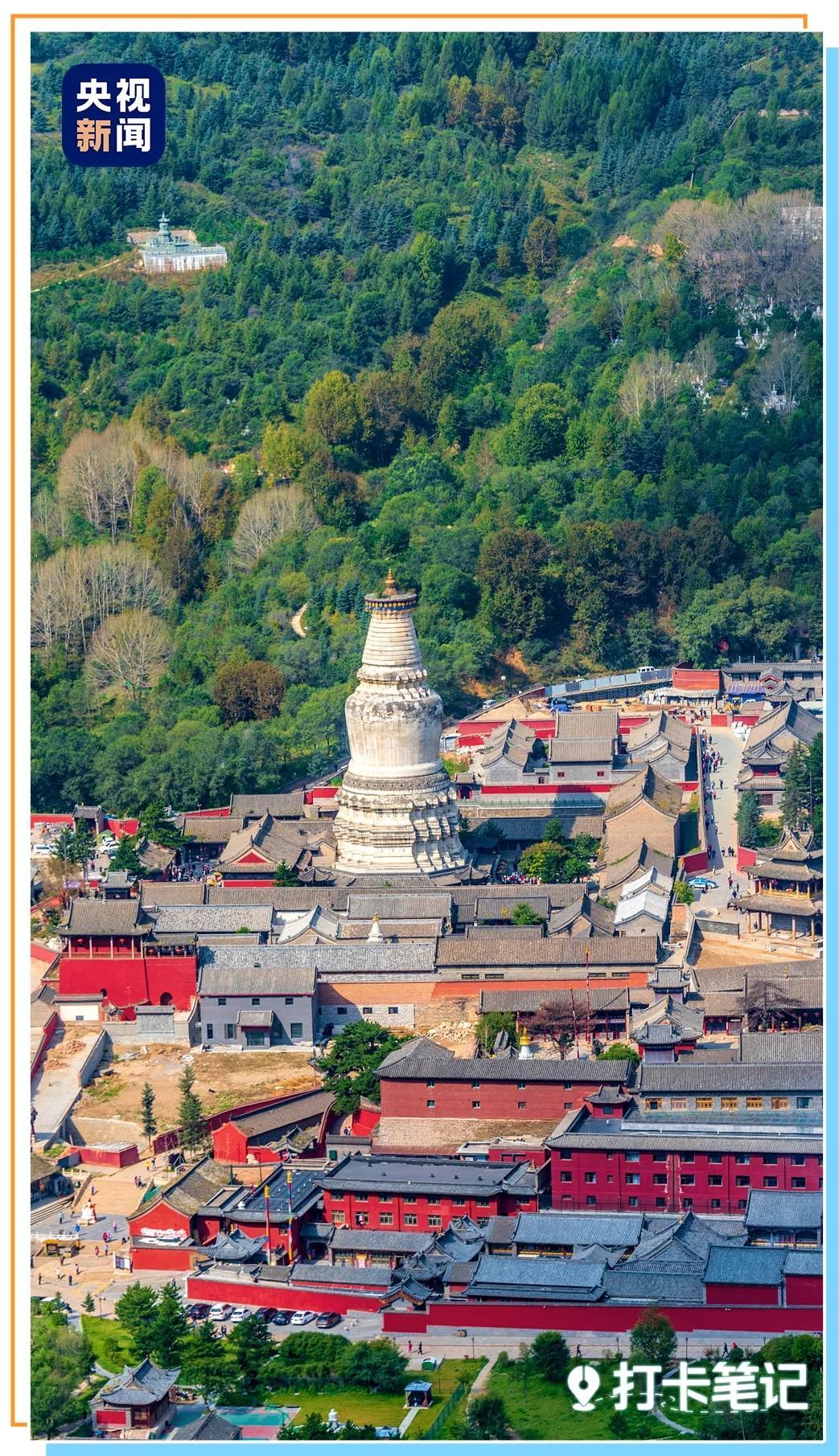
There are many temples, and the temples are lined up one by one, with holy scenery and holy sites. Among them, Xiantong Temple, Tayuan Temple, Shuxiang Temple, Luo Temple and Bodhisattva Ting are called the five major meditation places of Mount Wutai. The temples outside the Taiwan Strait are the most famous for Nan Zen Temple and Foguang Temple.
The lotus pattern sutra pagoda flashes by in “Black Myth: Wukong” is a carefully shaped sutra pagoda at the entrance of the Foguang Temple Hall in Wutai County, Shanxi Province. (The sutra pagoda is a stone pillar used in Buddhism to carve Buddhist scriptures, Buddha statues or Buddha names, and is usually standing next to a temple or pagoda.)

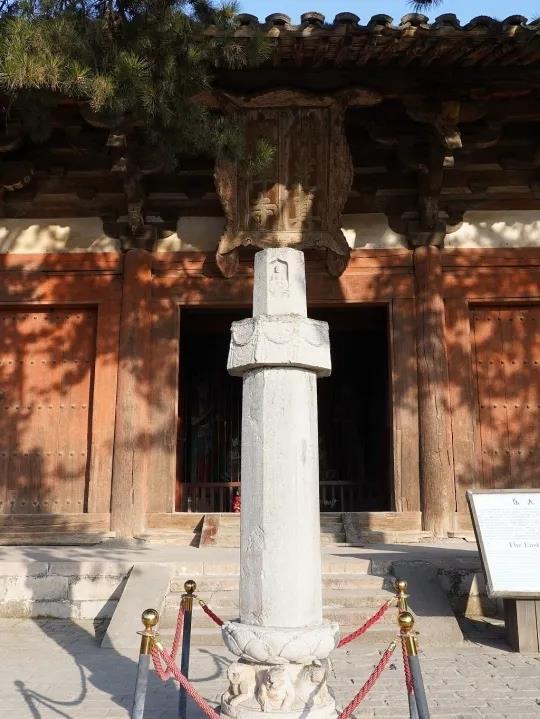
The East Hall, built in the 11th year of Dazhong in the Tang Dynasty (857 AD), is one of the earliest existing wooden structures in China. “The hall is a huge and large, with a gentle roof slope and wide eaves wings, all of which are huge and heroic” is Liang Sicheng’s description of the magnificent East Hall of Foguang Temple.
The beam structure of the East Hall is complex and exquisite, and the structure of the Douyin is rigorous and orderly. It is understood that the cross-sectional dimensions of the Douyin section are ten times that of the Douyin section of the late Qing Dynasty; the eaves of the hall are protruding 3.96 meters, which cannot be found in wooden structures after the Song Dynasty.
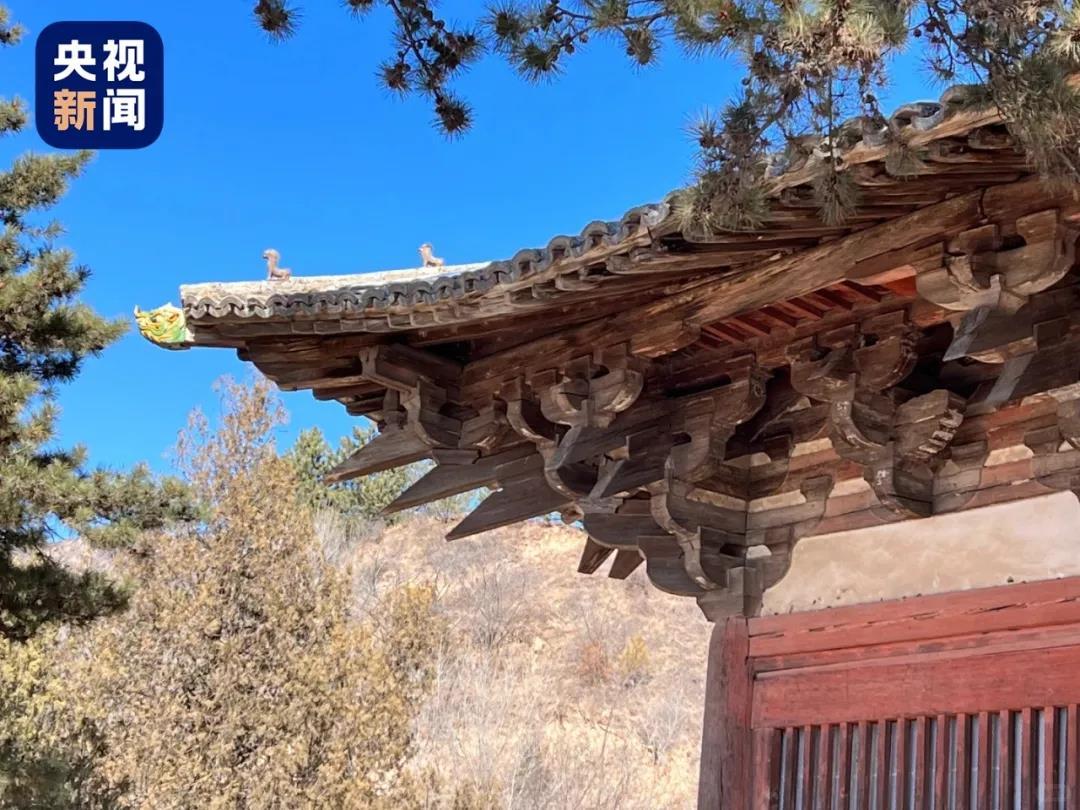
In addition to the huge wooden hall itself, the sutra pagoda in the courtyard is also very important. It directly confirms the construction of the east hall of Foguang Temple. Lin Huiyin’s photo of Foguang Temple’s sutra pagoda has also become the entrance for all people who go to Foguang Temple to travel through time and history.
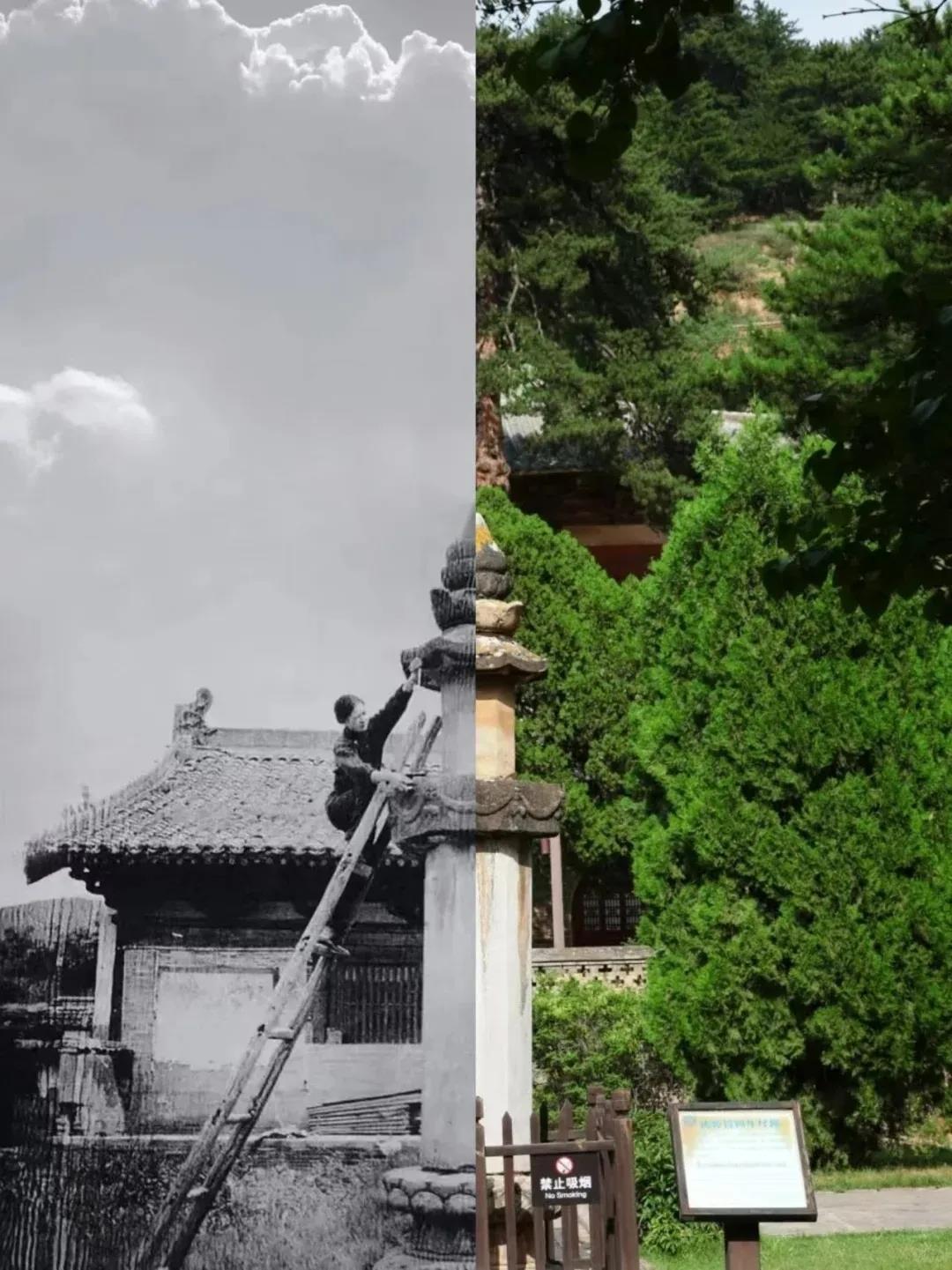
It stands quietly, after thousands of years of wind and rain, but it is still majestic and spectacular, telling the glory and vicissitudes of the past.

The discovery of the East Hall broke the assertion of Japanese scholars that “there were no wooden structures of the Tang Dynasty and its previous ones on the land of China”, proving that the Tang Dynasty wooden structures still existed in real objects on the land of China.
Therefore, the East Hall Cinema Temple is known as the “king of ancient Chinese architecture”. It is not only an outstanding representative of ancient Chinese architecture, but also a shining pearl in the world cultural heritage.
Nanshan Temple: A mysterious treasure house of stone sculptures
In the game promotional film of “Black Myth: Wukong”, a row of stone sculptures slowly pass by. The scene originated from the prototype of the stone sculpture of Nanshan Temple in Wutai Mountain.
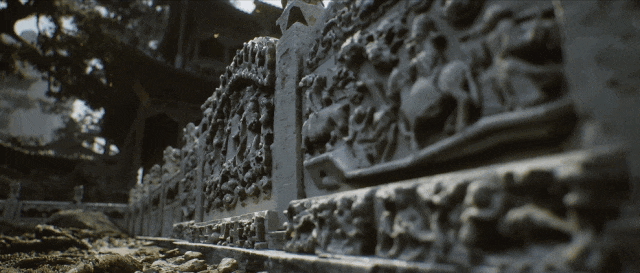

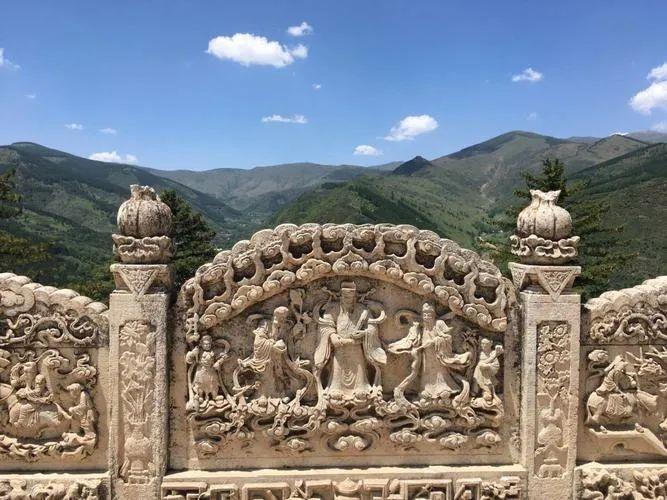
Nanshan Temple is one of the relatively long-standing temples among the Wutai Mountain Temple complex. It is a collective name for three adjacent temples, Jile Temple, Shande Hall and Youguo Temple. It is built on the mountain and has a layered layout. It has been built with the mountains and has been built into seven courtyards.
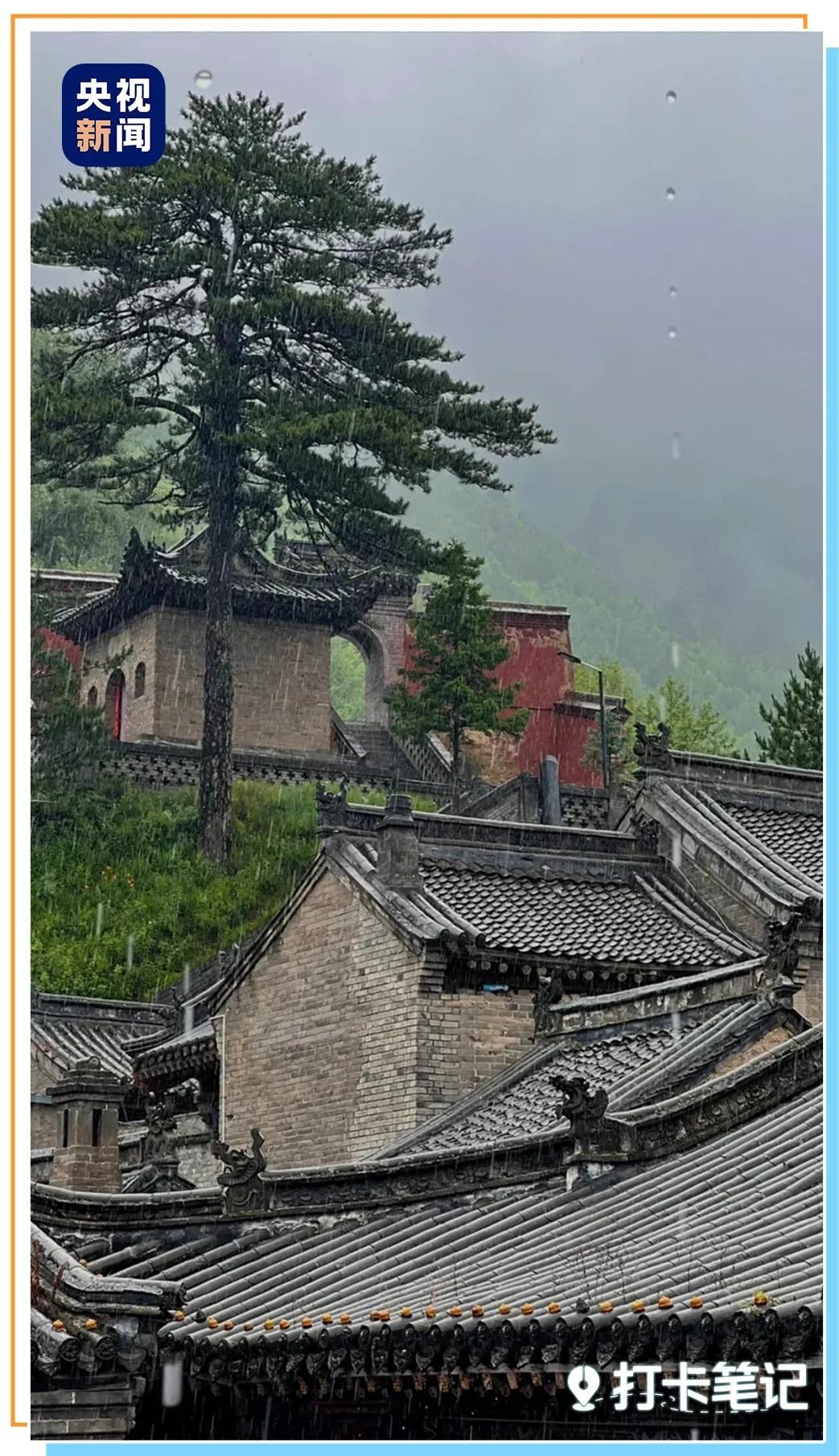
Ji Le Temple located on the lower three floors, solemn and quaint; the Shande Hall in the middle is exquisite and elegant, one layer higher than the other, showing a unique sense of layering; the Youguo Temple on the upper three floors is a sea of stone sculptures, and the exquisite carvings are breathtaking.
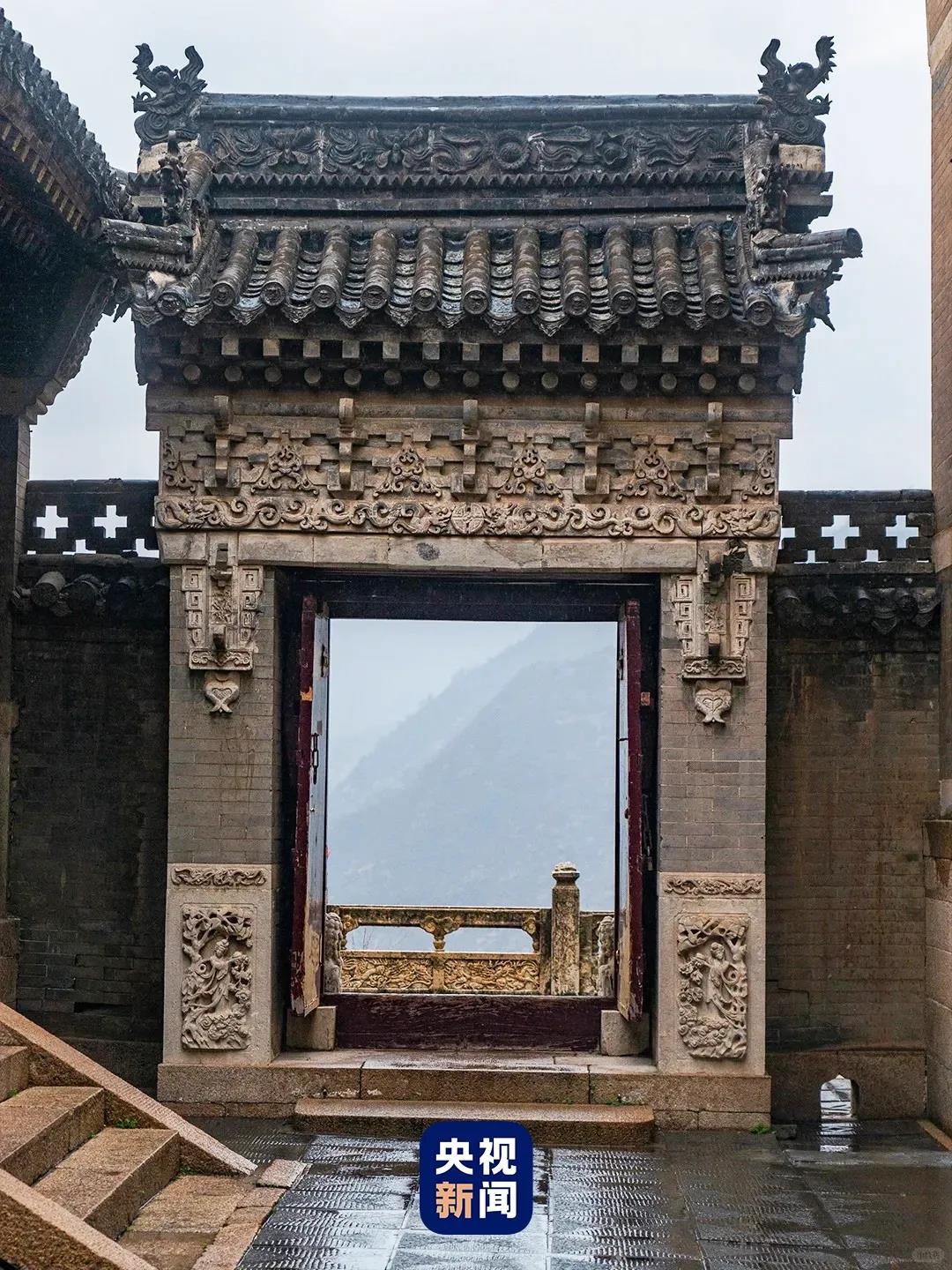
Nanshan Temple has always been famous for its rich preservation of stone sculptures. Almost all the main buildings in the temple are decorated with exquisite stone sculptures, rich in content, and quantityIt is huge and exquisitely carved, and the stone carvings here are unique in Wutai Mountain.
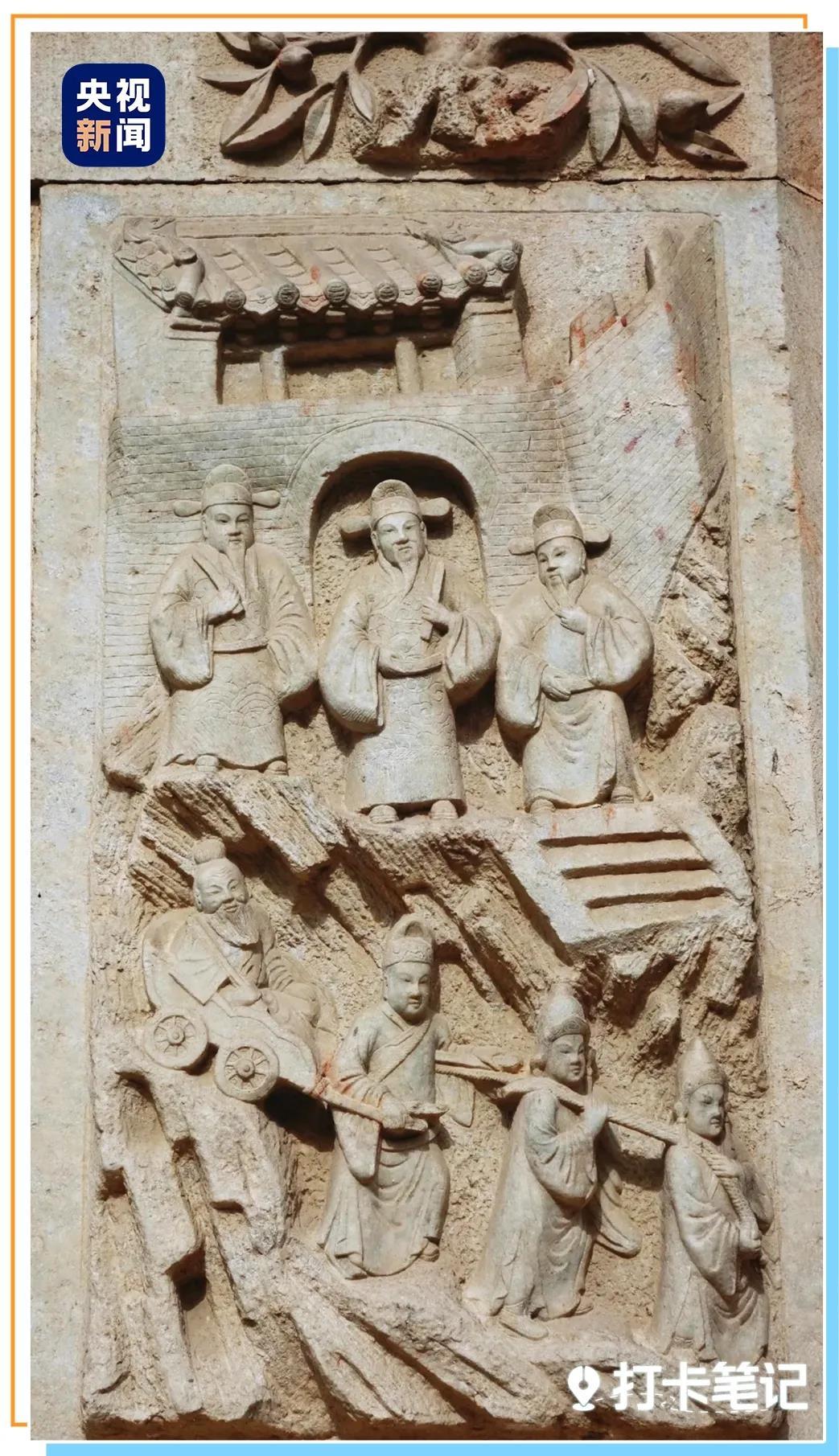
The stone sculptures in Mount Wutai not only have high artistic value, but are also the crystallization of the wisdom and skills of ancient Chinese craftsmen, and are worth looking at and savoring.
Chongfu Temple: The Treasure House of Culture and Art of the Jin Dynasty
In the original painting of “Black Myth: Wukong”, a special place is hidden. According to analysis, this scene is taken from Chongfu Temple in Shuozhou, Shanxi.
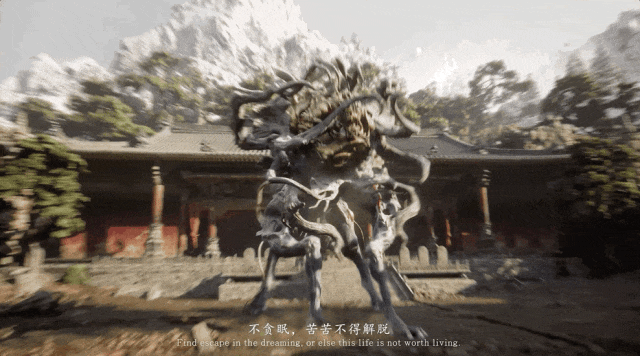
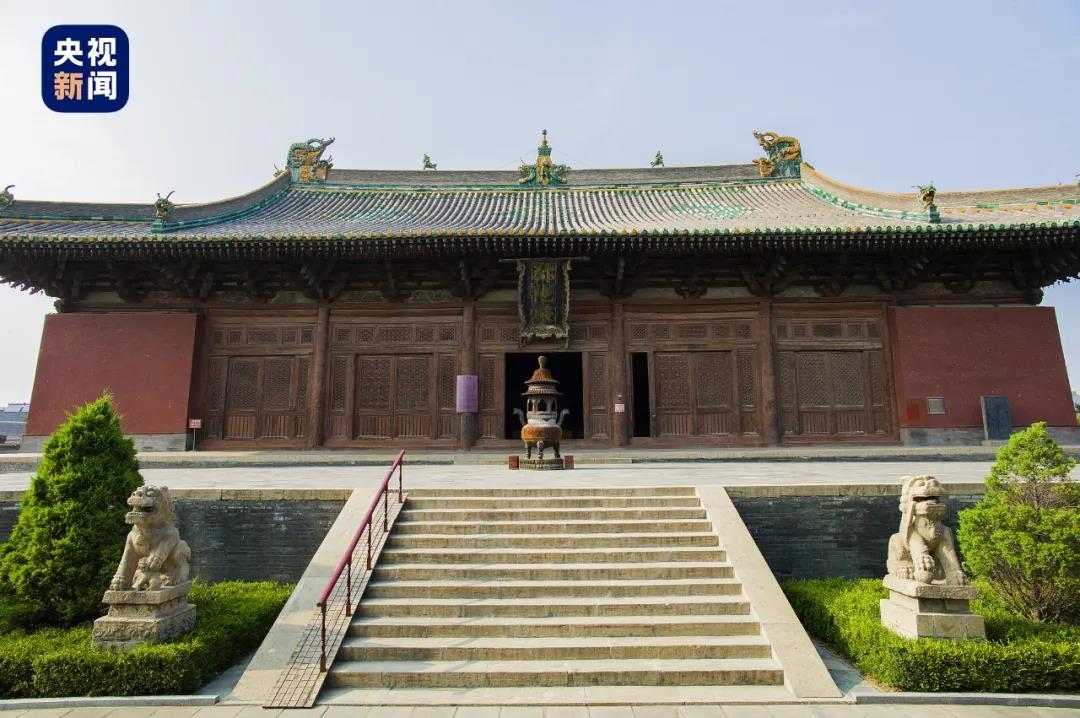
The Amitabha Temple in Chongfu Temple is one of the most complete and perfect buildings in the Jin Dynasty in China. It has a width of seven rooms, a depth of four rooms and eight rafters, a single-eaved hip-top. The platform in front of the hall is spacious and wide and has five rooms. This Jin Dynasty giant sword located on a 2.5-meter platform is extremely shocking.
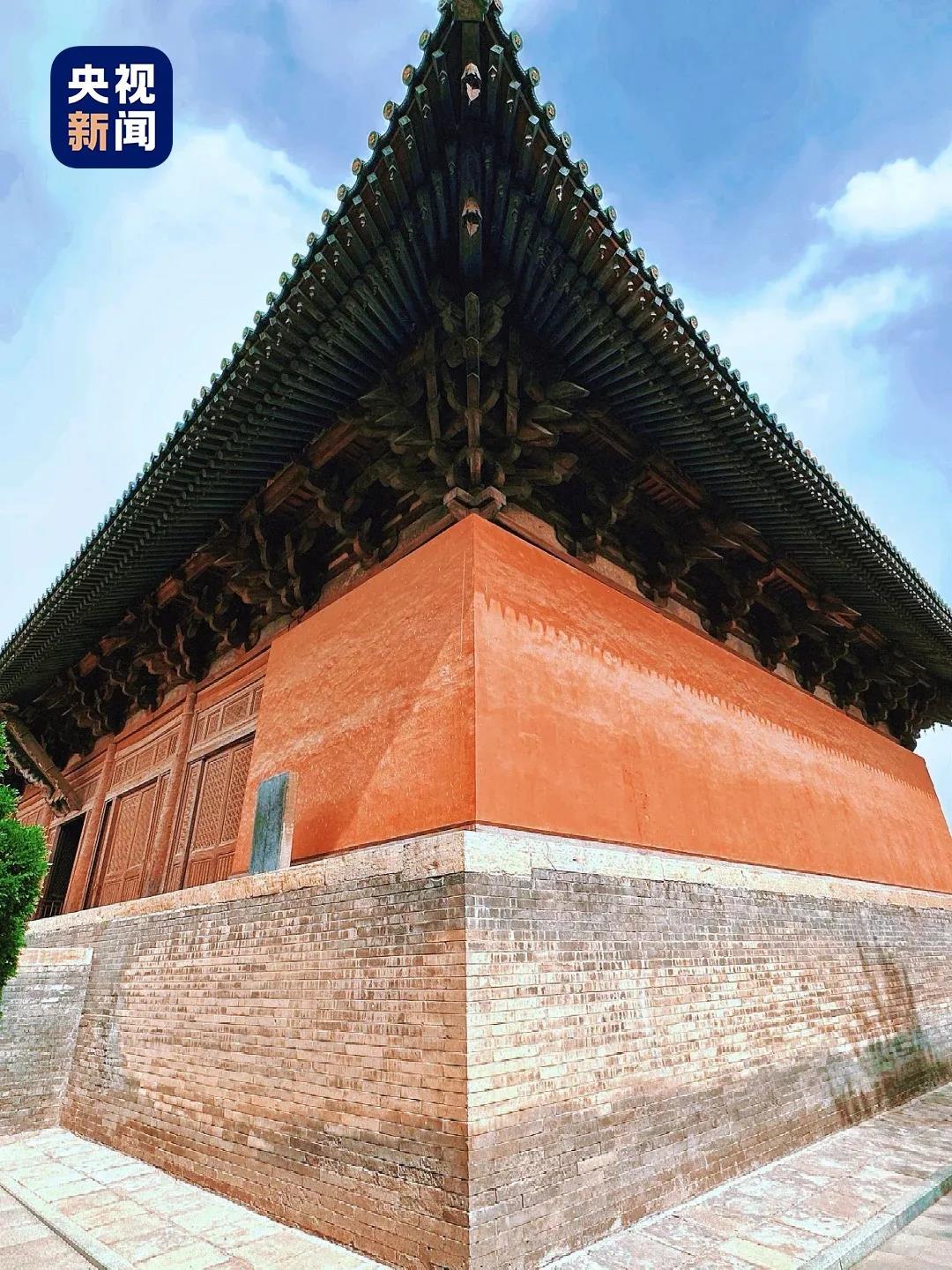
In addition to the architectural structure itself, it is also worth seeing its “five wonders”:
One-sense glazed. The ridge beast and the chubby kiss are both original objects of the Jin Dynasty. The 1.5-meter-high Glazed Wizards look very miniature against the backdrop of the hall, almost rushing away, vividly staying with this ancient building for nearly a thousand years.
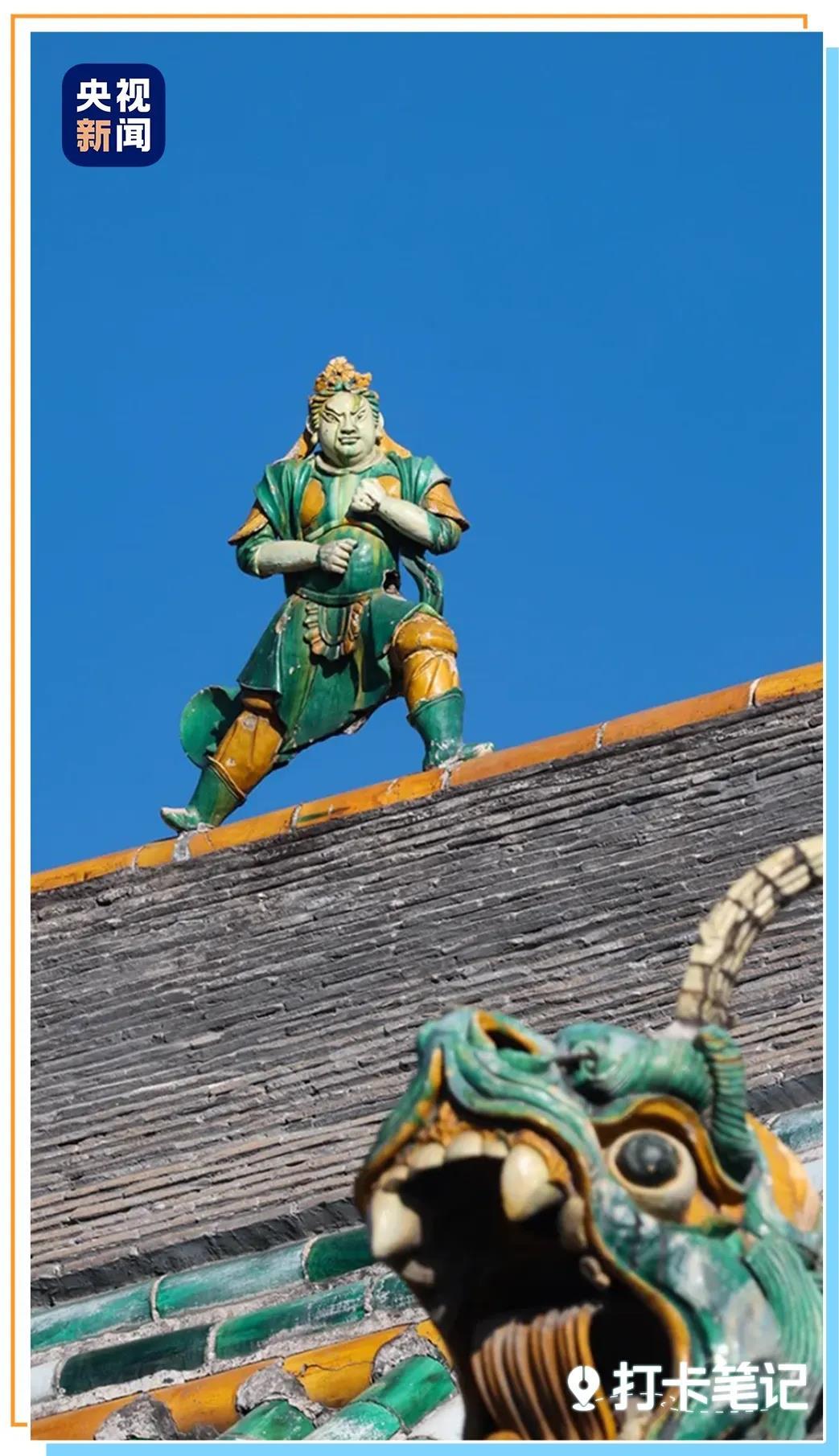
The second plaque. The plaque “Amitabha Hall” written in the 24th year of Dading in the Jin Shizong (1184 AD) is the largest piece of the same era.
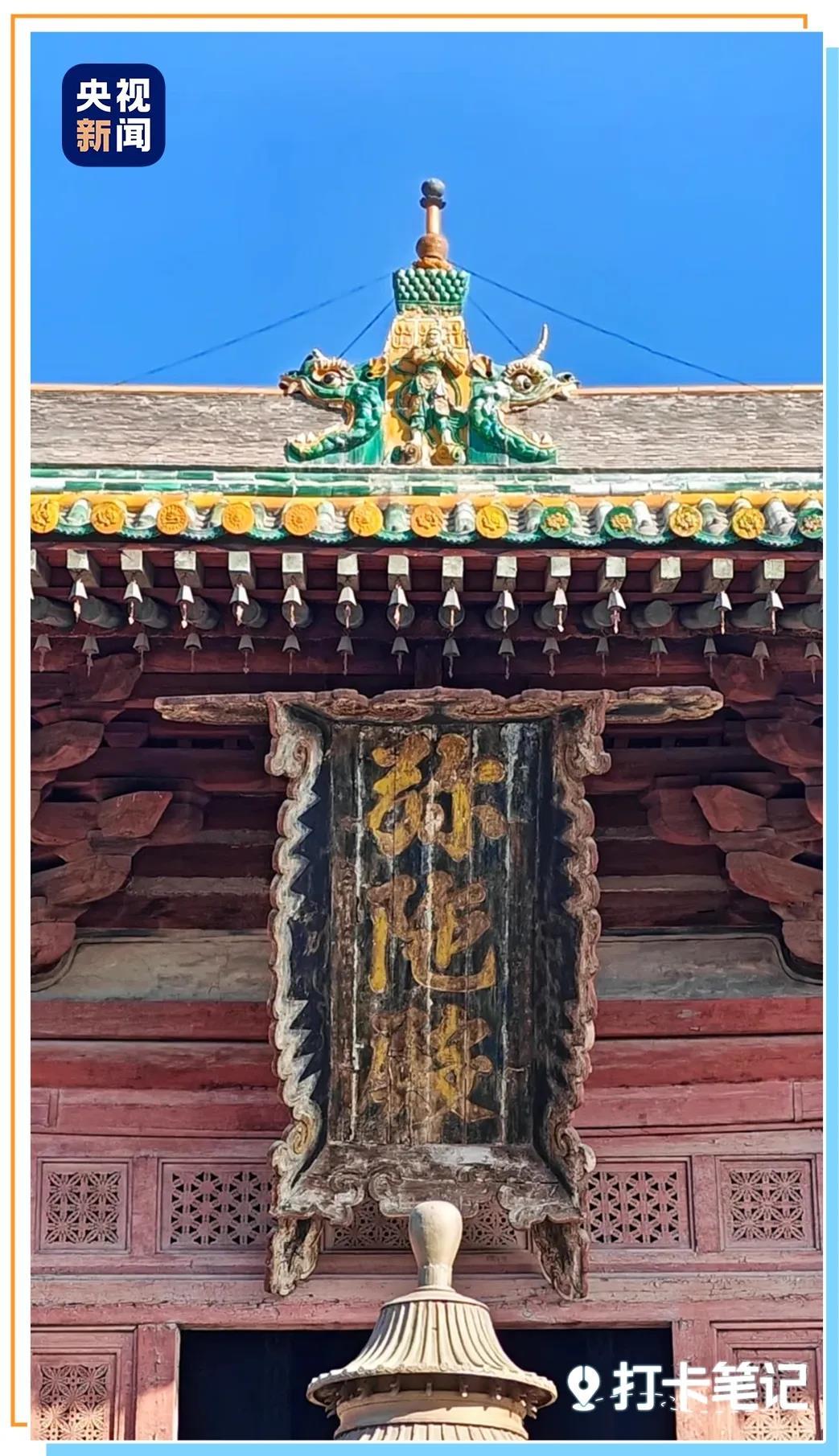
Three-desolate window lattice. It is rare to have ancient buildings that retain the original objects of the Jin Dynasty. There are as many as fifteen patterns: round, prism, four petals, six petals, etc. If you enlarge it, you will see the unique craftsmanship of the craftsmen a thousand years ago.
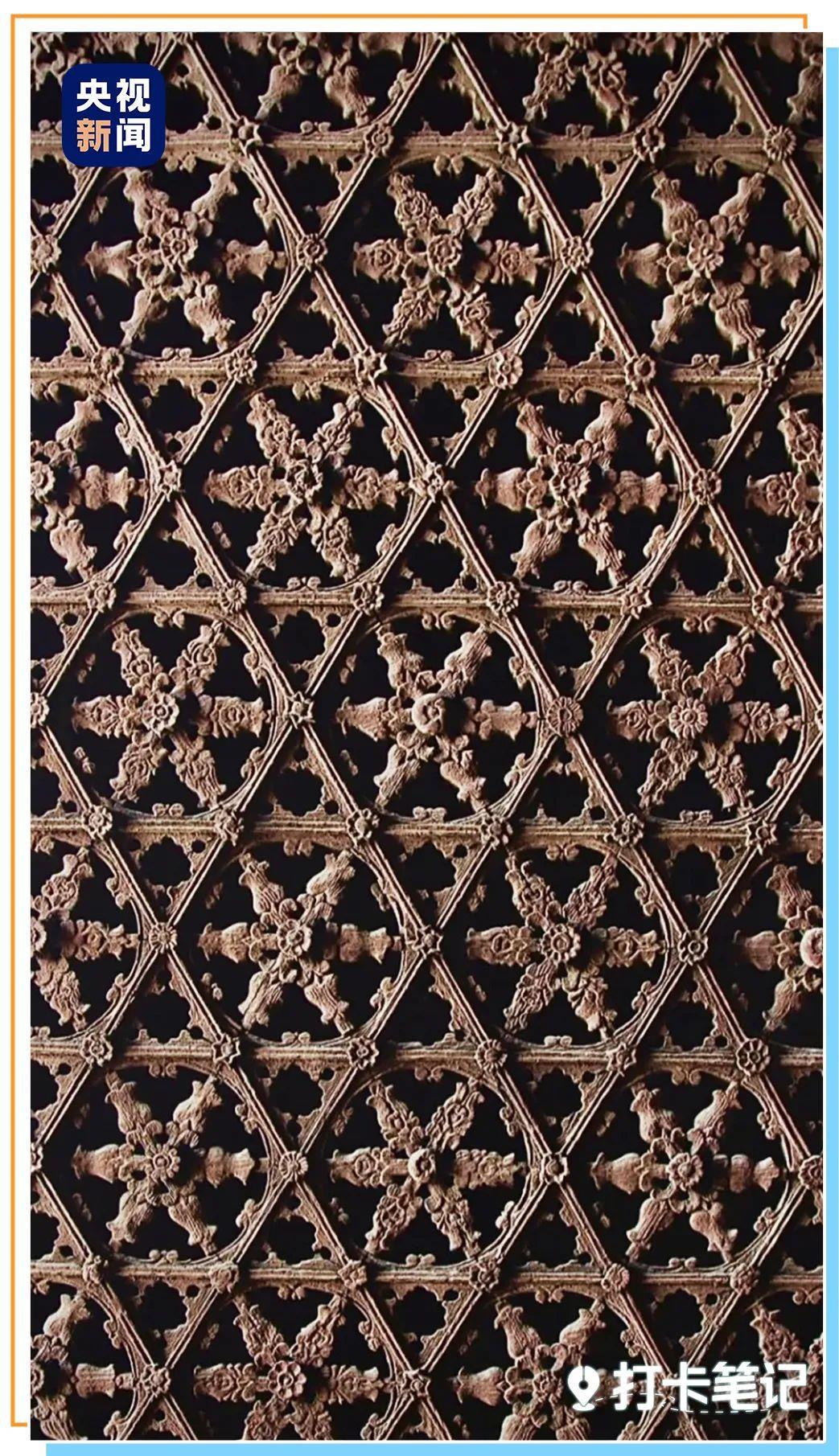
Four Certain Sculptures. The three Western Saints worshipped are all statues of the Jin Dynasty. The backlight screen of the main Buddha Amitabha Buddha is as high as 14 meters. You can imagine how shocking the scene will be when the light passes through.
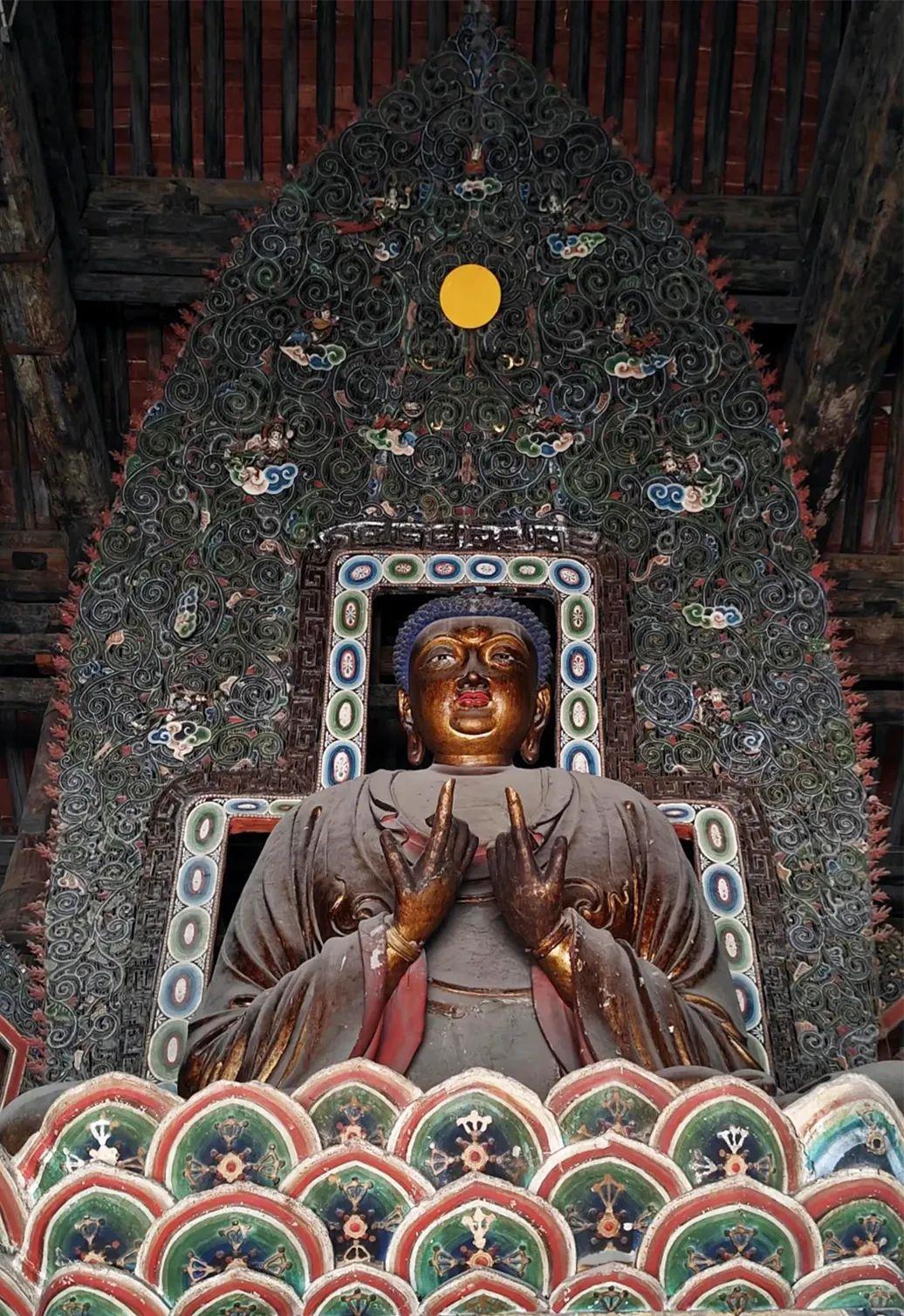
Five Certain Sculptures. The four walls in the hall are murals of the Jin Dynasty, with delicate carvings and complex outfits, and the scattered and gold-plated process, which has a more three-dimensional sense.
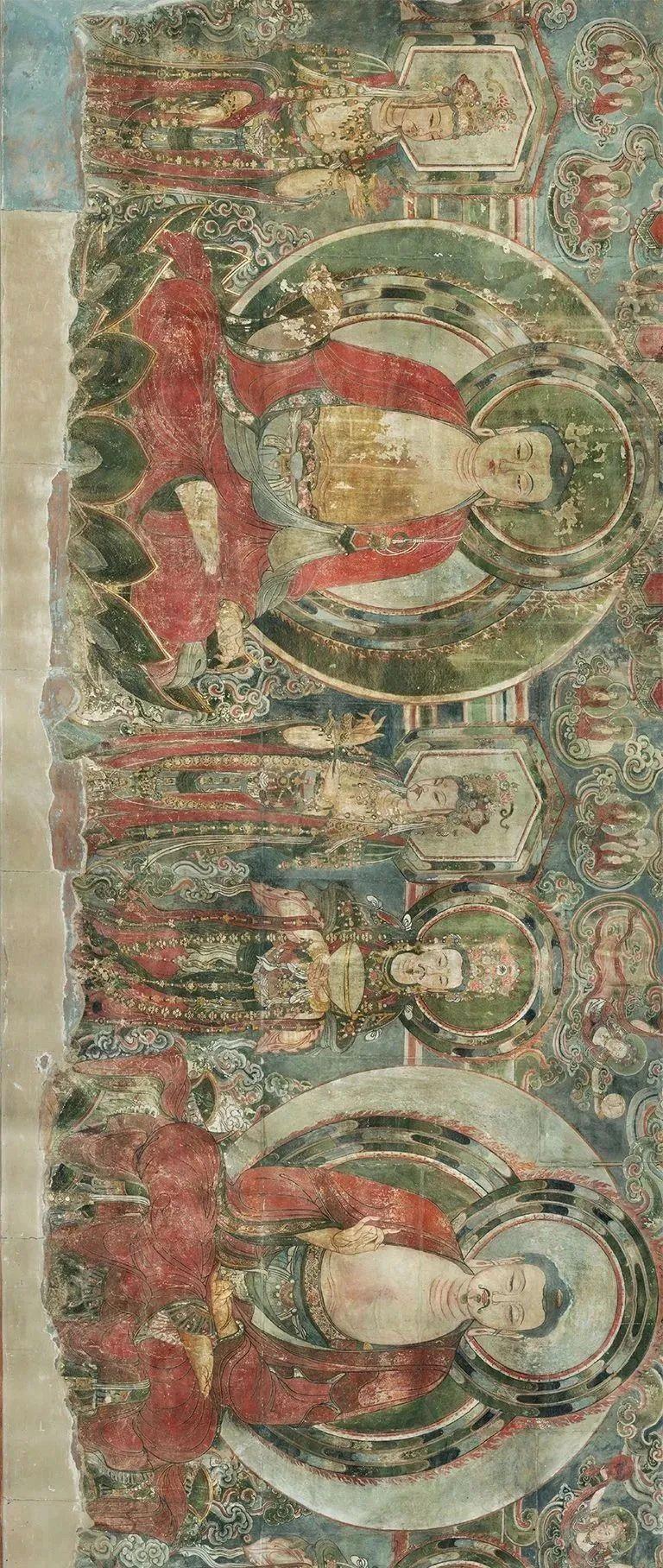
This hall is a culmination of the history of ancient Chinese architecture and art, whether it is wooden structure construction technology, or Buddha statues and mural art. It is a culmination of the past and art of the past. It is definitely an unparalleled visual feast.
Yingxian Wooden Tower: Standing for nearly a thousand years without falling
The Yingxian Wooden Tower, located in Shuozhou, is one of the must-see attractions in Shanxi. This wooden tower was built in the Liao Dynasty. The tower is 67.31 meters high and the bottom diameter is 30.27 meters. It has been 962 years. It is the largest and oldest pure wood structure pavilion-style building in the world.
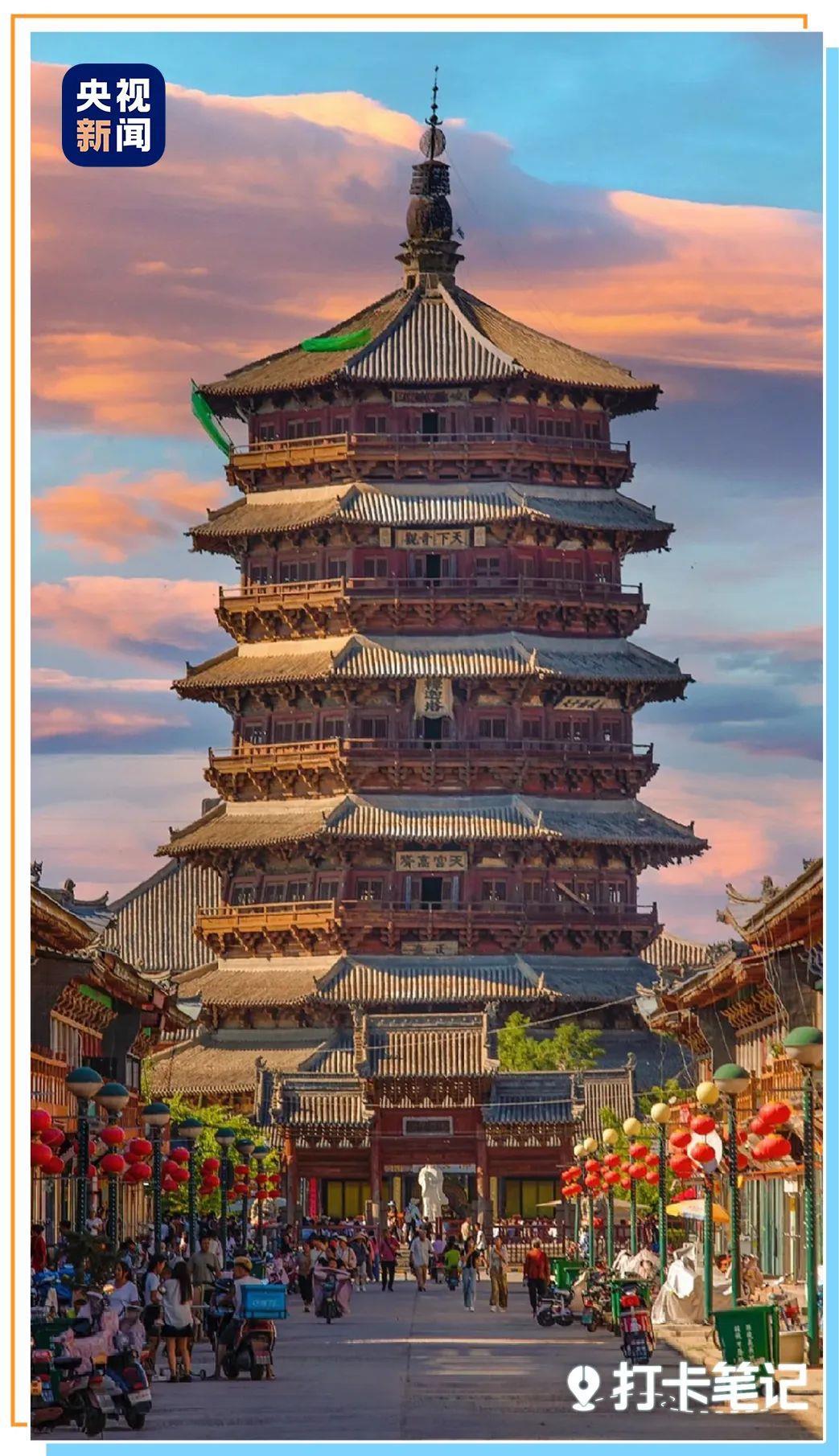
The body of the Yingxian wooden tower is built of wood, without a single iron nail, and all rely on components to bite each other. There are as many as 62 types of mortise and tenon forms used in the wooden tower, so it is later called “the crown of mortise and tenon” by later generations.”;There are 54 types of Douzhang, which is also called the “Douzhang Museum” by architect Liang Sicheng. It is an architectural masterpiece that perfectly combines science and art.
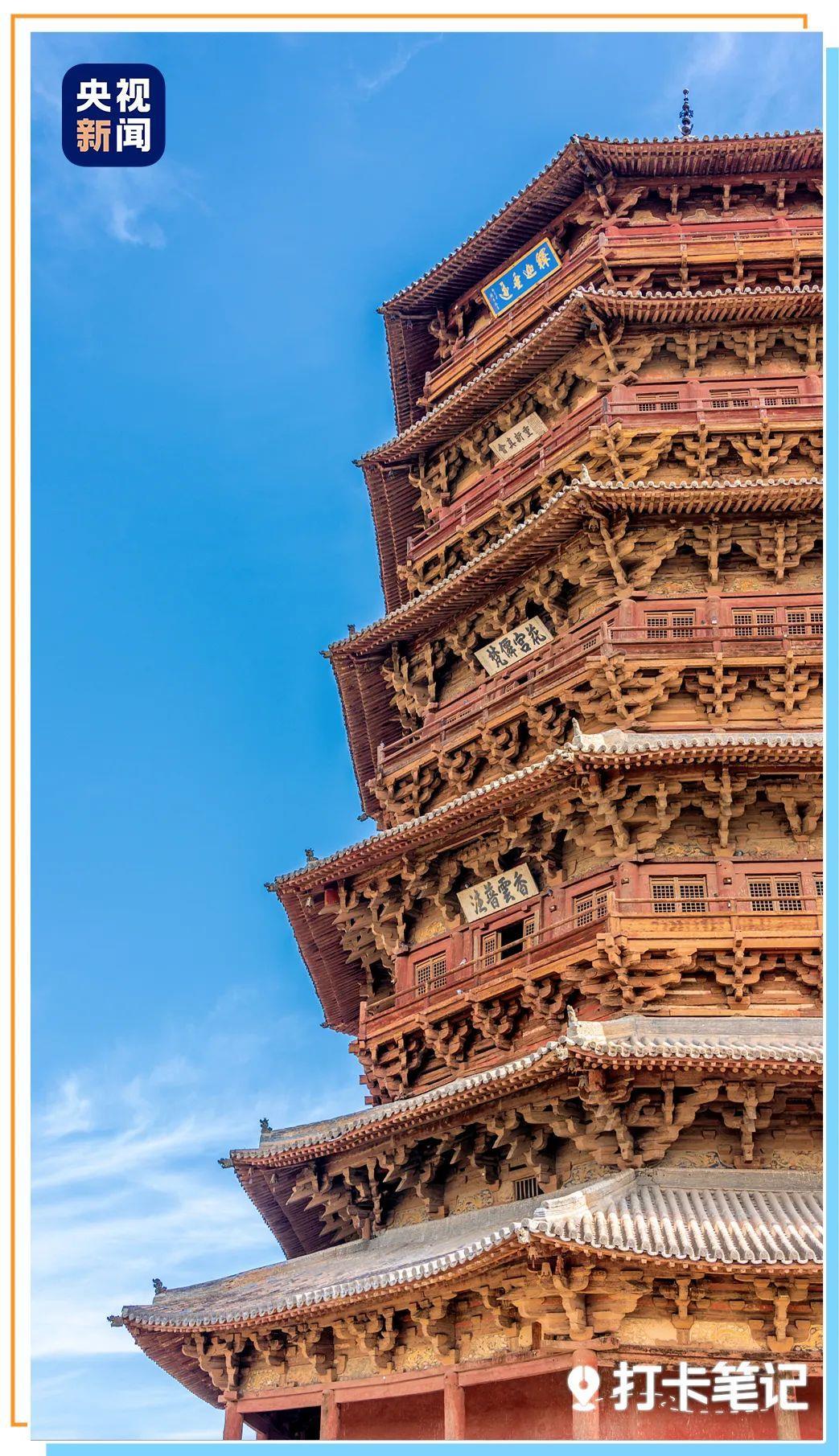
There are many wooden tower plaques. The third floor of the “Sakya Tower” plaque is a relic of the Jin Dynasty, which is the oldest plaque in the entire tower; the fifth floor of the “Junji Shengong” was written by Zhu Di, the Ming Dynasty.

The Yingxian wooden tower has not fallen for thousands of years because the craftsmen have left many mechanisms. The 10-meter-high metal tower brake on the top is connected to 8 iron chains to form a metal defense net to prevent lightning from entering the tower body. It took the craftsmen who built the tower 140 years to build this tallest “building block” in ancient times, with a height of more than 20 stories today!
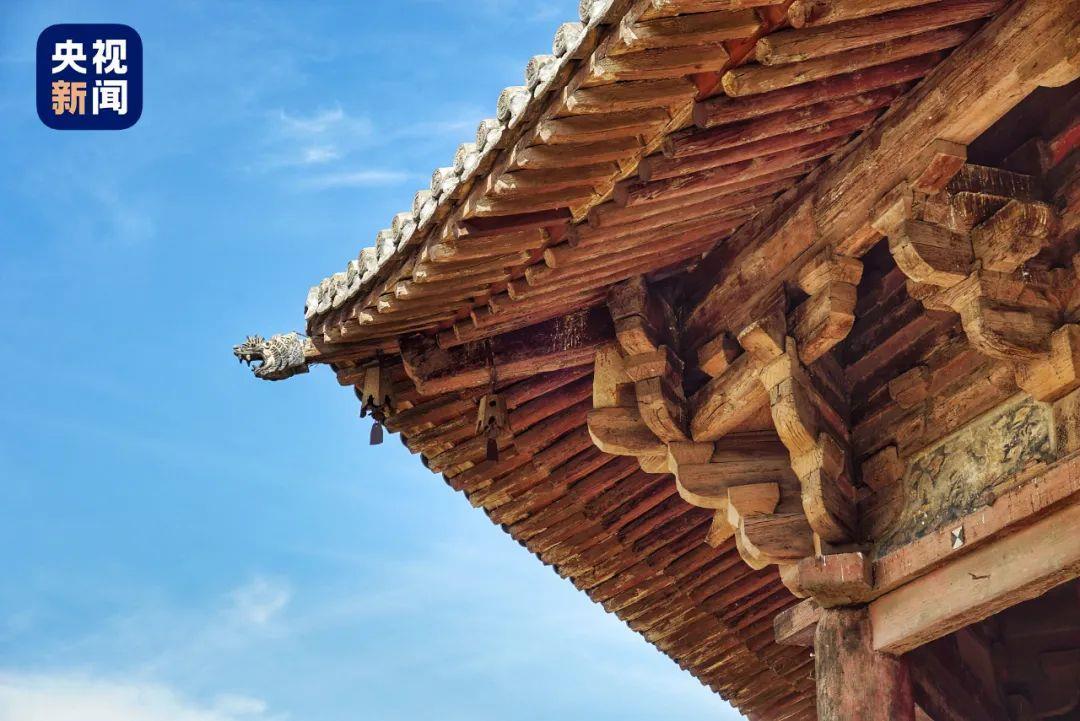
The wooden tower has withstood several earthquakes, but has remained unmoved after thousands of years of vicissitudes, which is extremely shocking. Now the whole is slightly tilted, but at this moment, it still stands, just as the plaque says: Neutral, never relies on Jincheng.
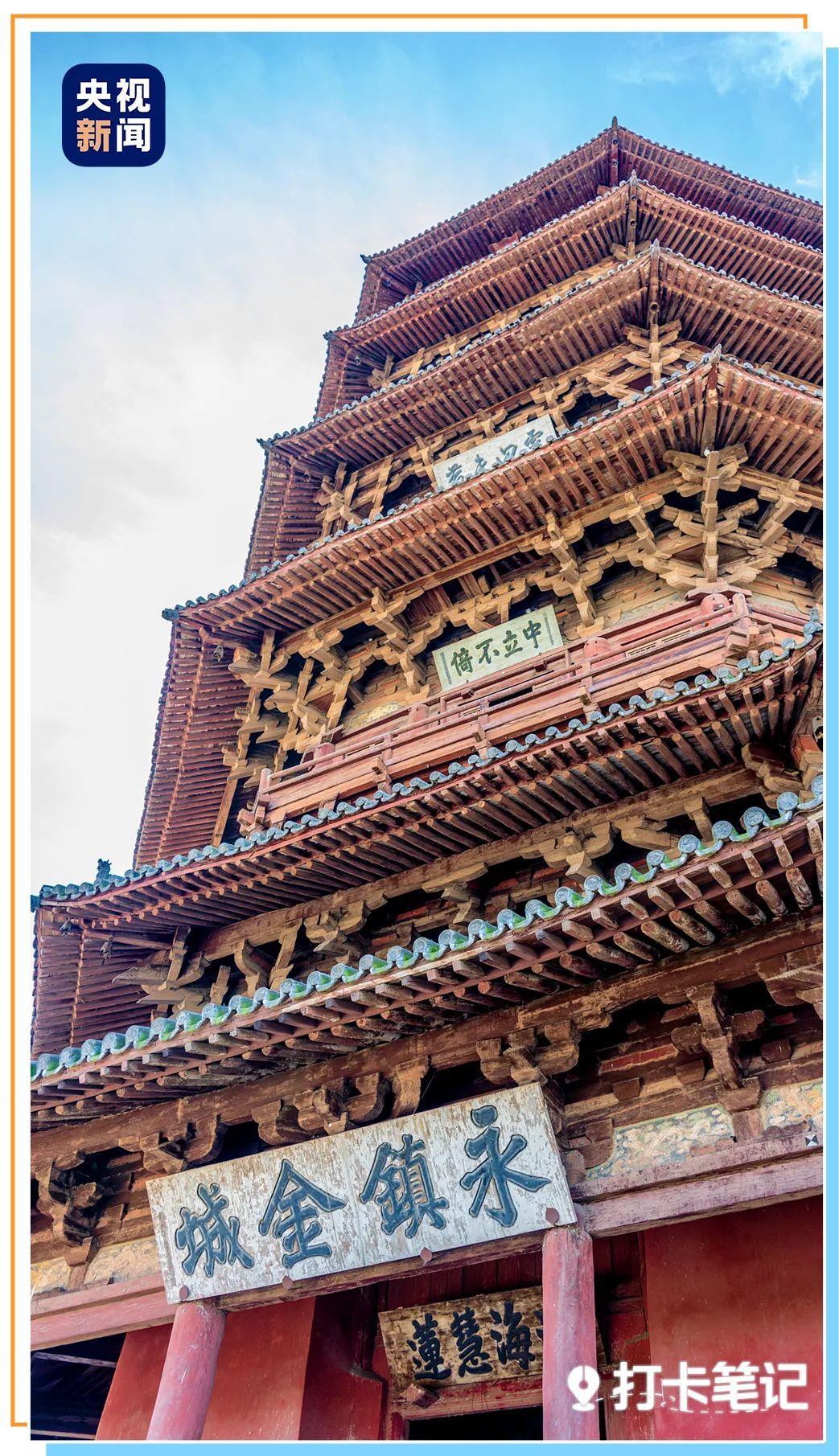
Hanging Temple: a relief inlaid in the mountains
In the promotional video released by the official account of “Black Myth: Wukong”, the buildings appearing in the picture are all suspended on the cliffs supported by wooden pillars, and are shot in Hanging Temple in Datong, Shanxi.
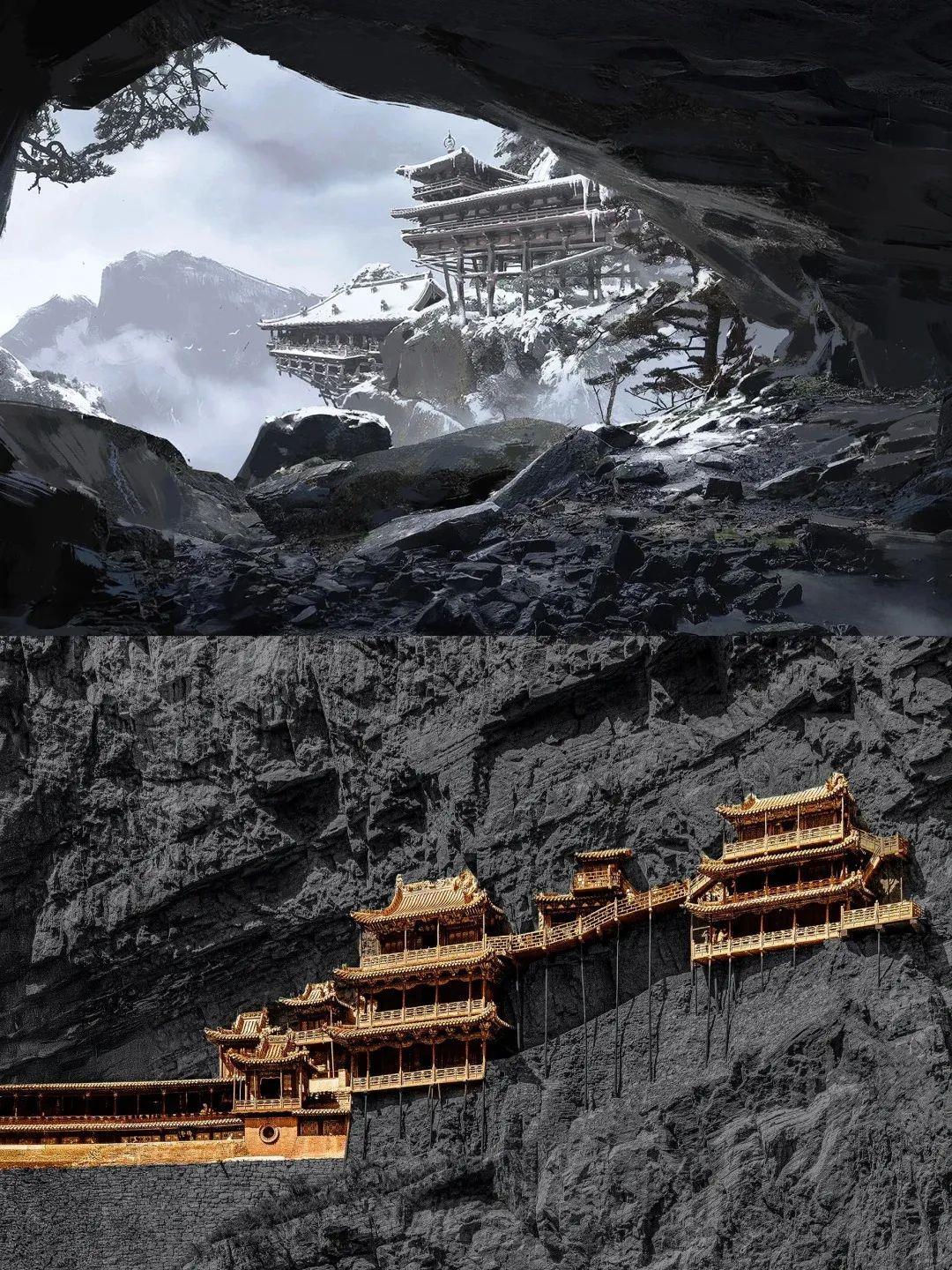
The Hanging Temple is located in Hunyuan County, Datong City. It is on the cliff of Jinlong Gorge in Hengshan. It is named after the entire temple is like hanging on a cliff. It is a rare high-altitude building in my country.
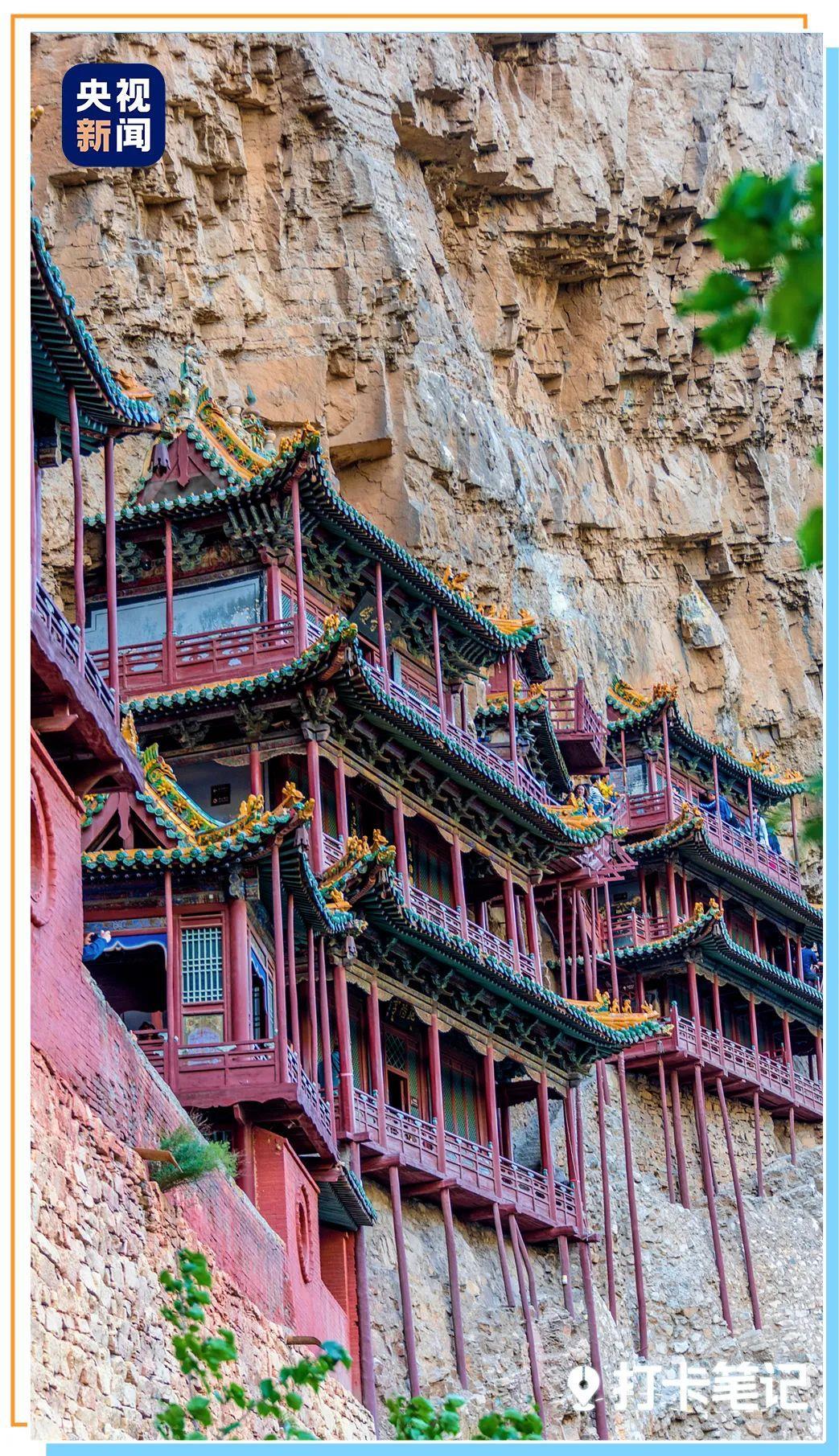
Looking from afar, the Hanging Temple is like a cliff relief, forming a unique style of half-wall building and half-wall cave.
The Hanging Temple is a wooden structure building. It relies on the principles of mechanics and cleverly uses the semi-inserted flying beam as the basis. With the support of the rock, the beams and columns are integrated up and down, and the corridors are connected left and right, forming a stable wooden frame structure, enhancing seismic resistance.
This ingenious architectural skills has made the Hanging Temple still stand after thousands of years of storms.Cinema unfall!
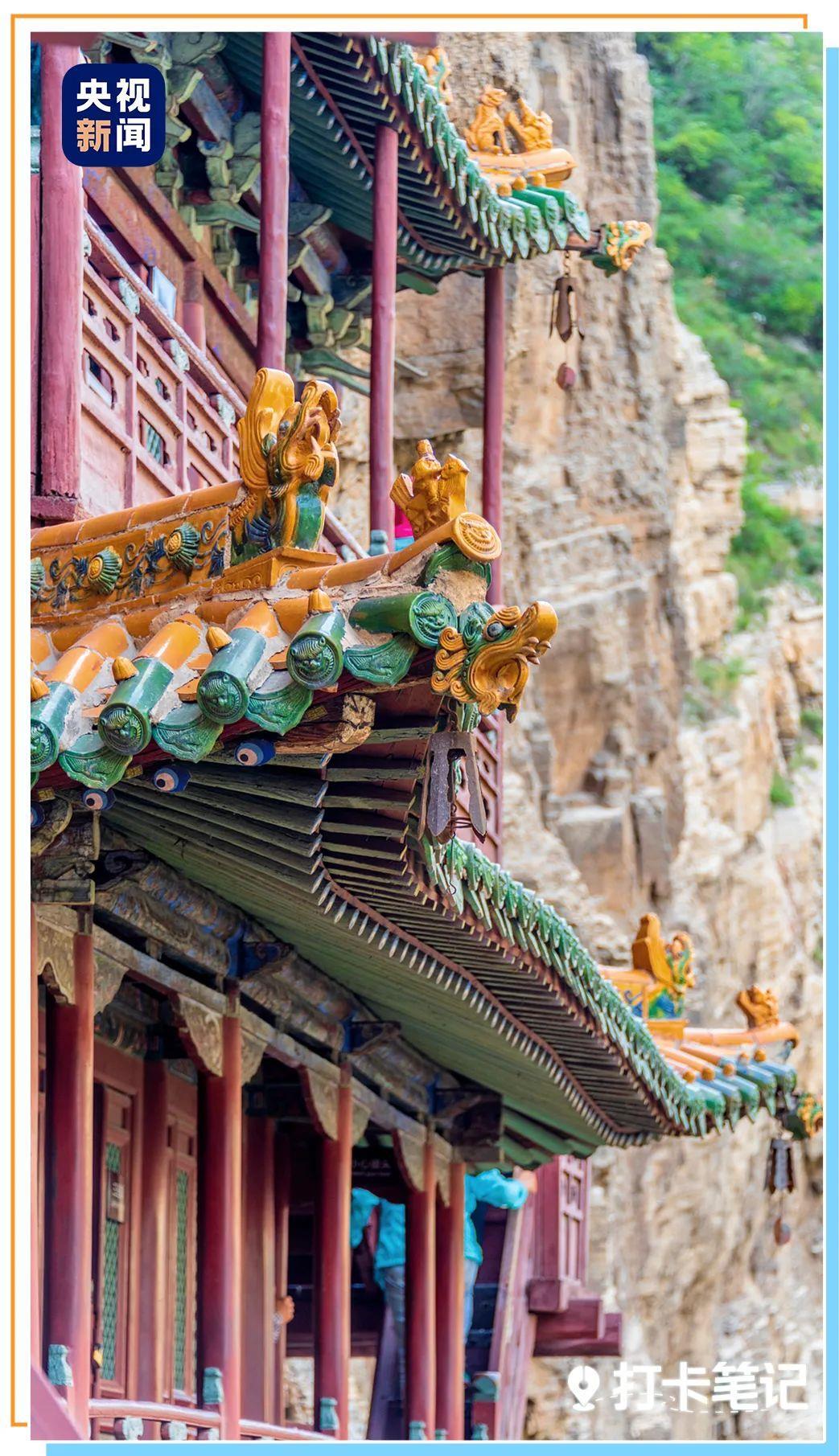
There is another wonder in Hanging Temple: the supporting wooden pillars under the beams are long and short, some are focused, some are useless, and they can even shake. These wooden pillars are not false, and generally not difficult; but once there are too many people coming and the load increases, the virtual pillar will stand up and play the role of a pillar bearing a thousand pounds, making the Hanging Temple a special building that looks like virtual but solid, dangerous but safe, and steep and dangerous.
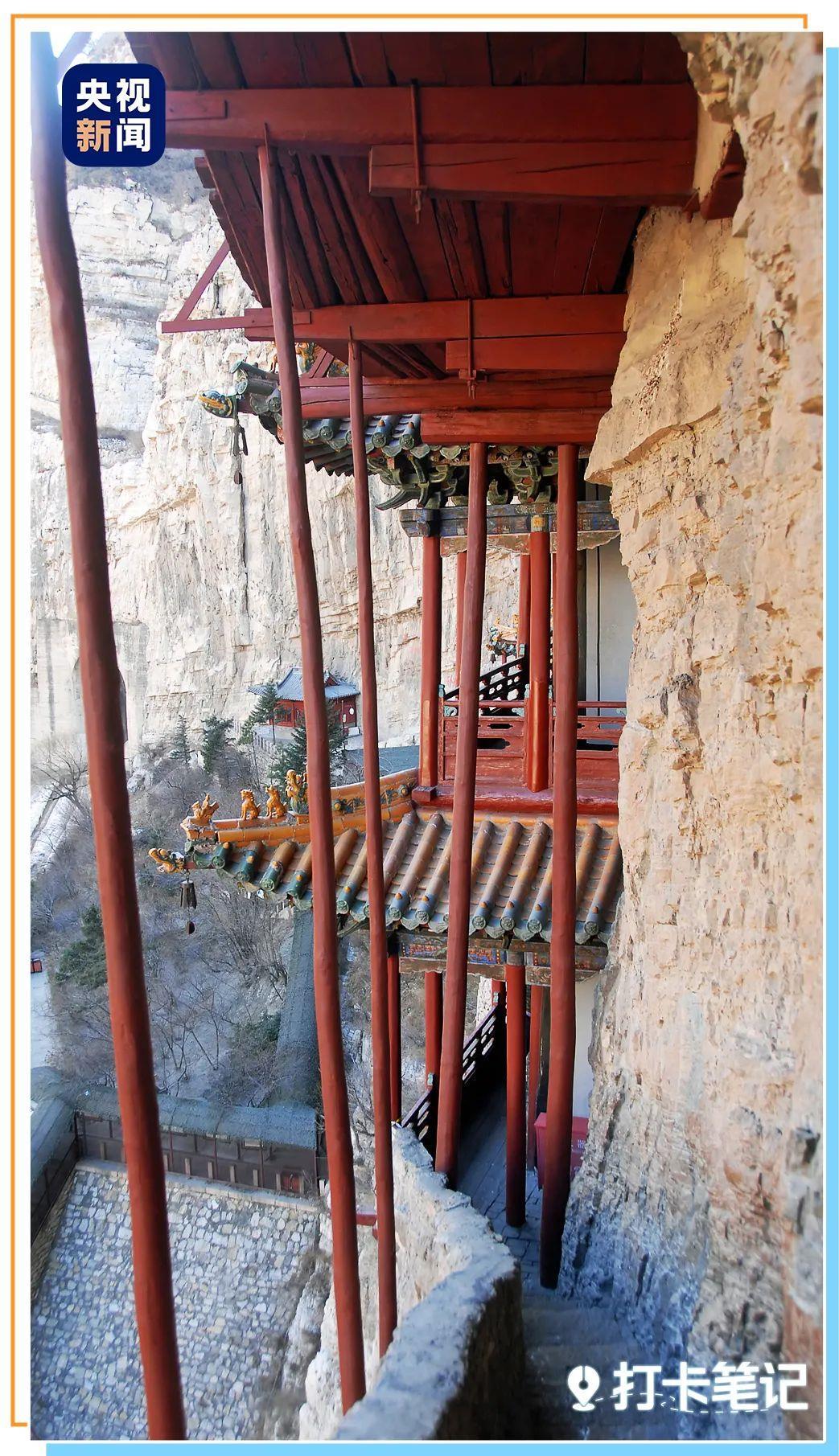
Imagine how ancient craftsmen allowed temples to coexist harmoniously with natural landscapes under such geographical conditions. It was simply a double miracle of architectural mechanics and aesthetics!
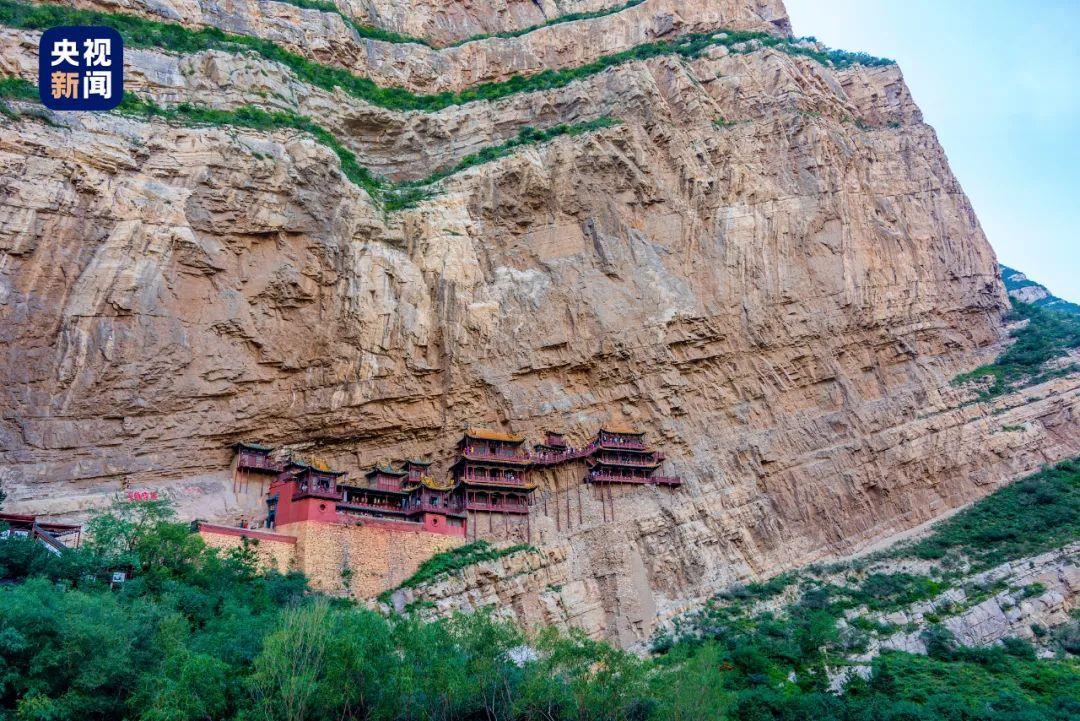
Down from the Hanging Temple, be sure to try the local jelly.
HunyuanKomiksJelly is not only famous locally, but also among the best in the country. The mellow vinegar aroma, fresh chili peppers, and smooth jelly are a delicacy that makes people fall in love with.
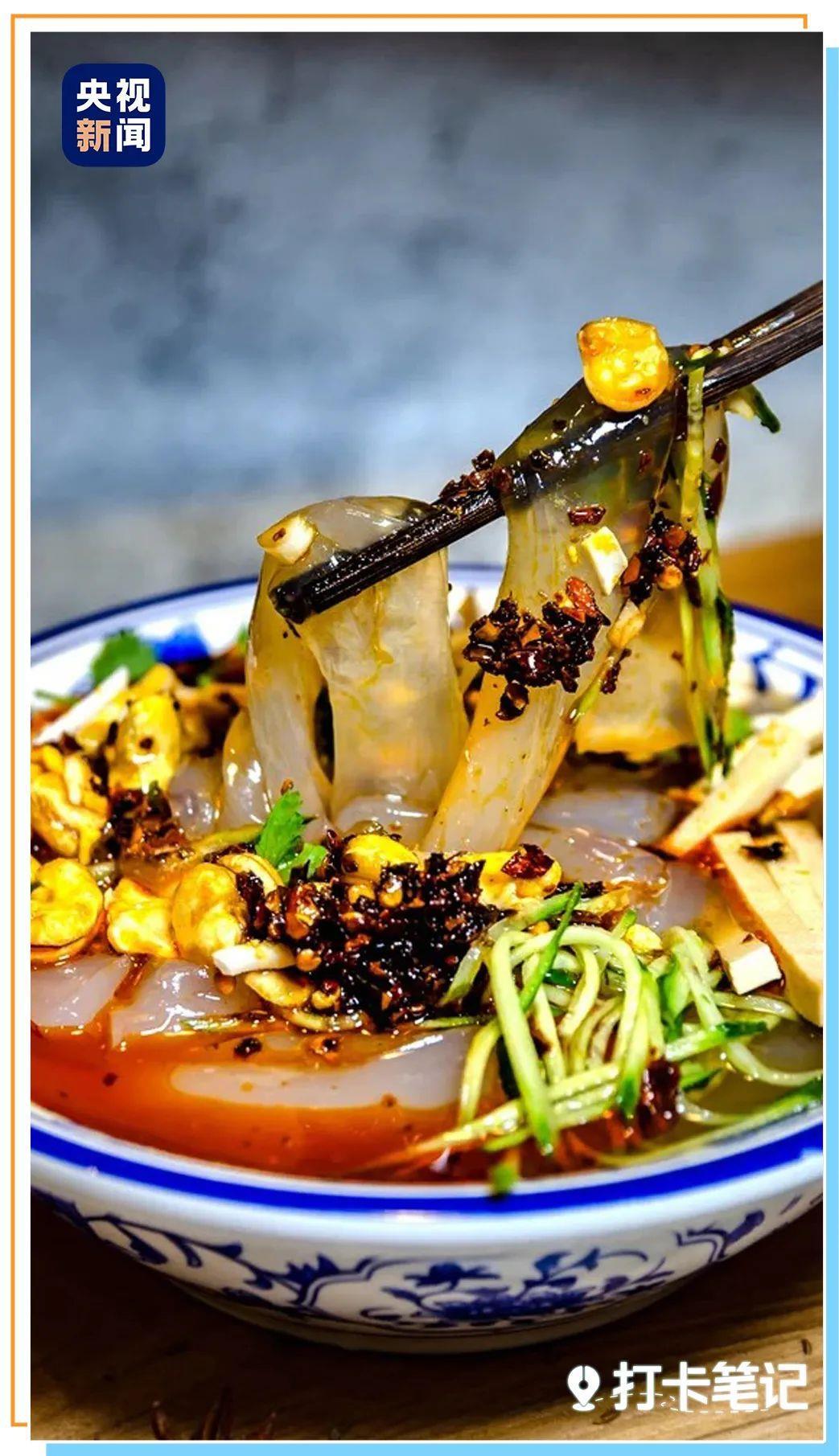
Yungang Grottoes: A smile that spans thousands of years
When we come to Datong, we have to mention Yungang Grottoes. It is known as the four major grotto art treasure houses in China, and is also a world cultural heritage.
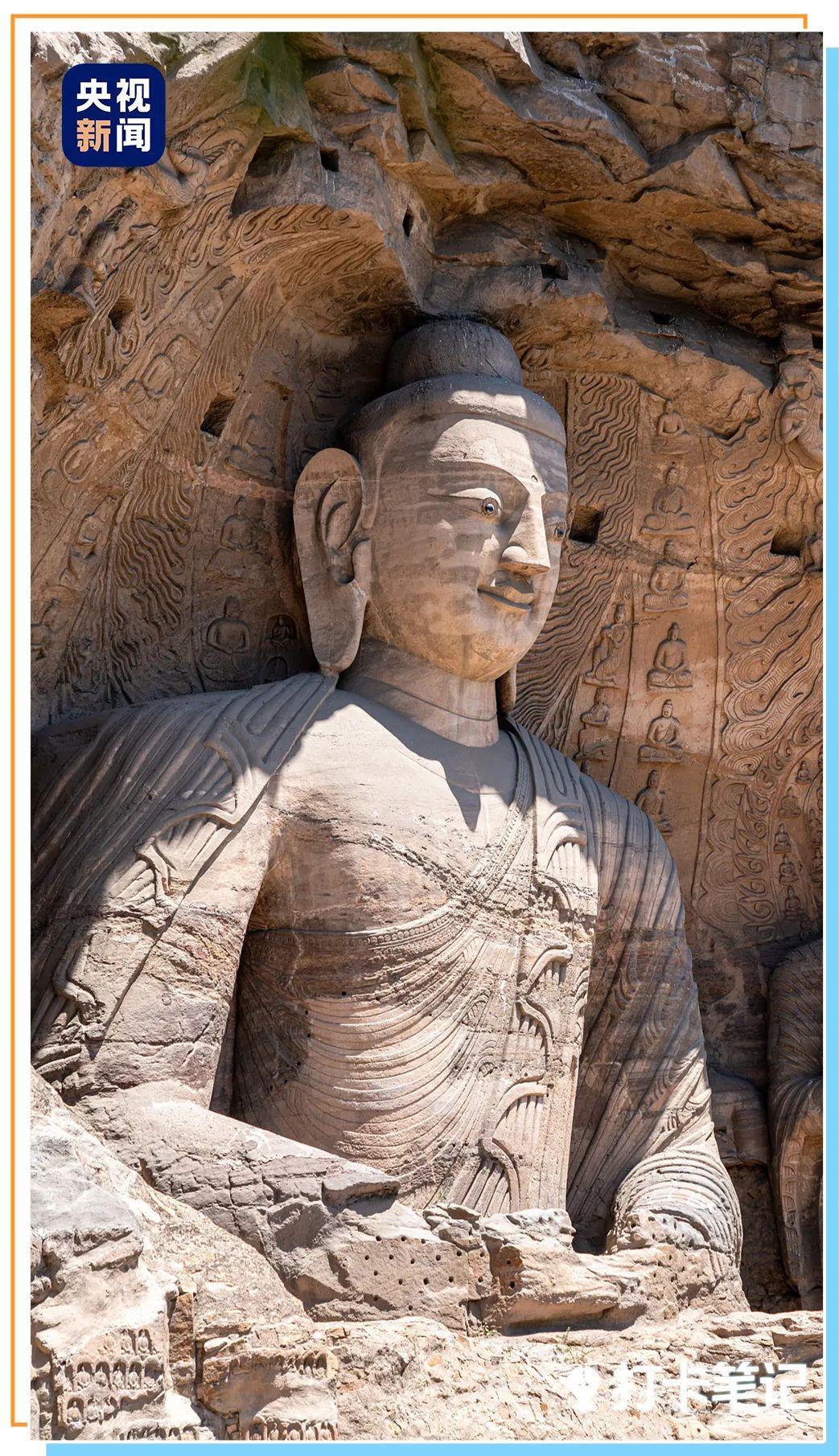
Yungang Grottoes are one of the rare grotto groups in China that were excavated in just one dynasty. Some people say, “Yungang Grottoes are a Northern Wei historical book engraved on stones, a road to the prosperous Tang Dynasty. ”

The Yungang Grottoes have 254 caves of large and small, including 45 main caves, each with Cinema‘s own story. Komiks
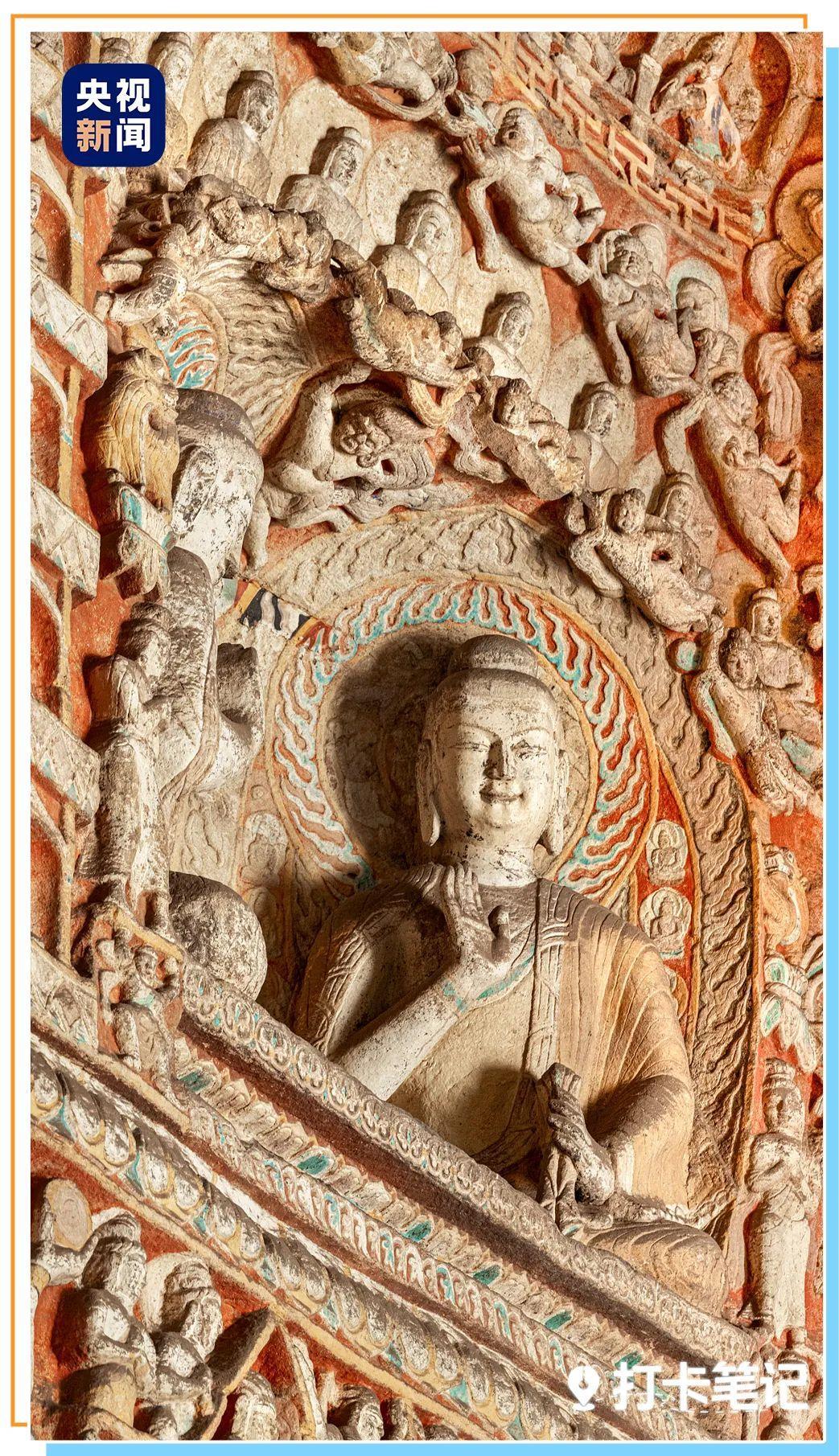
The most famous Yungang Grottoes is the “Five Caves of Tanyao” (caves 16th to 20th), among which Cave 20th is also called the “Open-Eleven Buddha” and is a symbol of Yungang stone carvings.
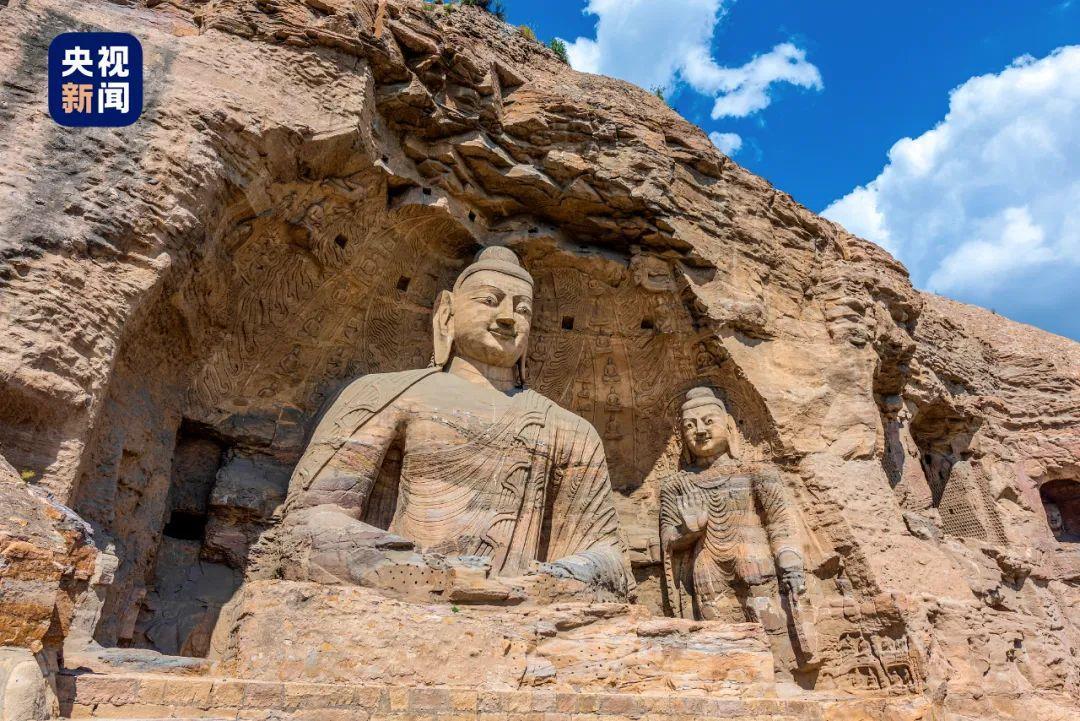
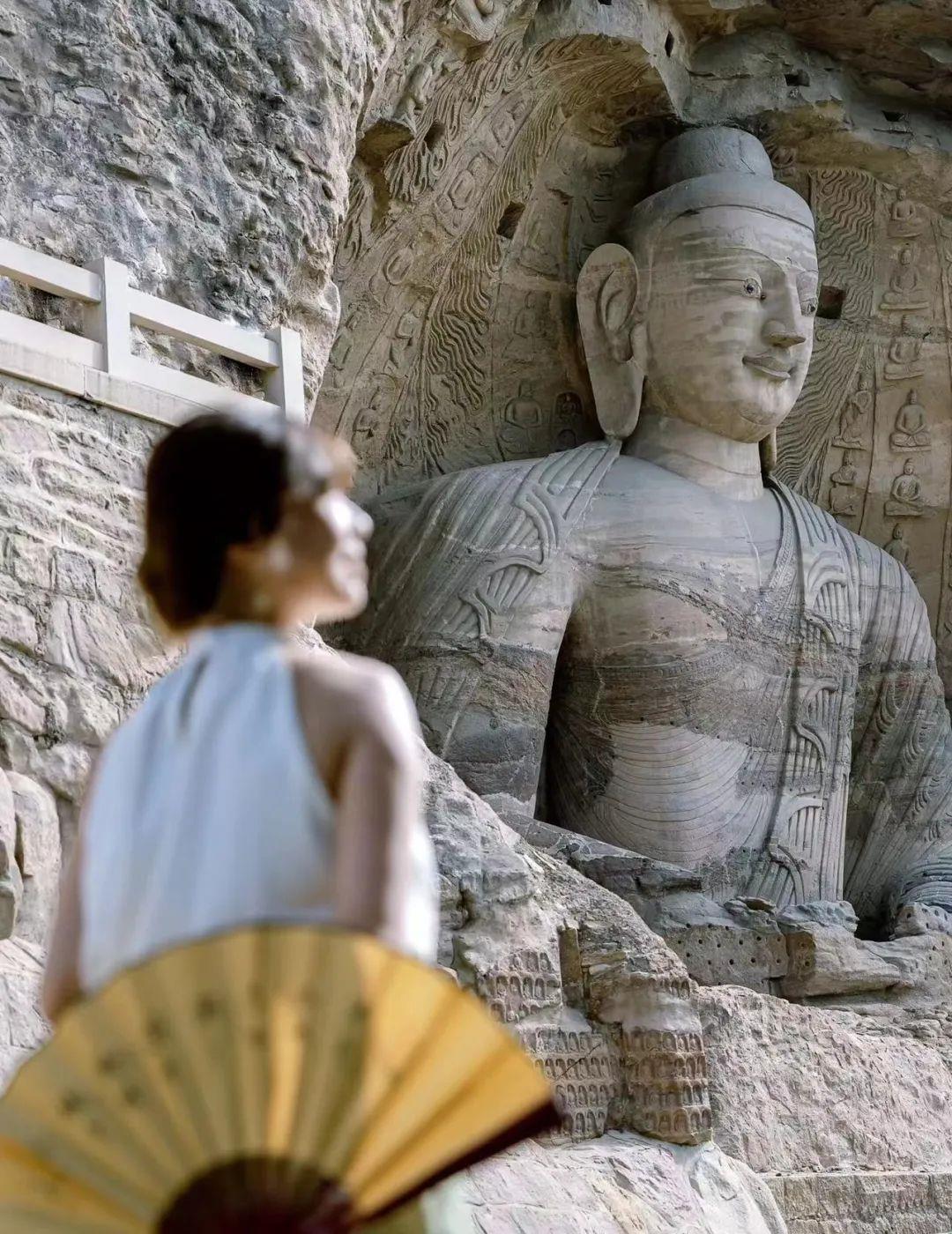
Zhejiang
“Taoyuan in the Cloud” Jingning Dahan
The official account of “Black Myth: Wukong” In the game interlude video released in 2022, the Lanfang where the old spider spirit, the mother and daughter of the spider spirit lived was discovered by netizens as the main hall of Shisi Temple in Dahan, Lishui, Zhejiang. Since then, Shisi Temple has appeared many times in the trailer video.
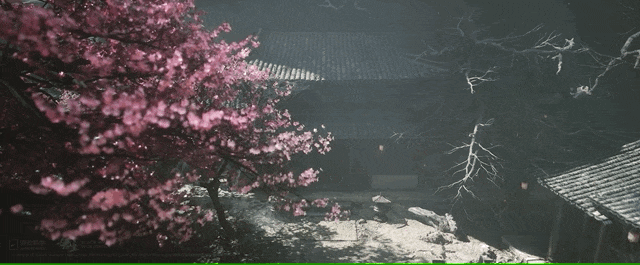
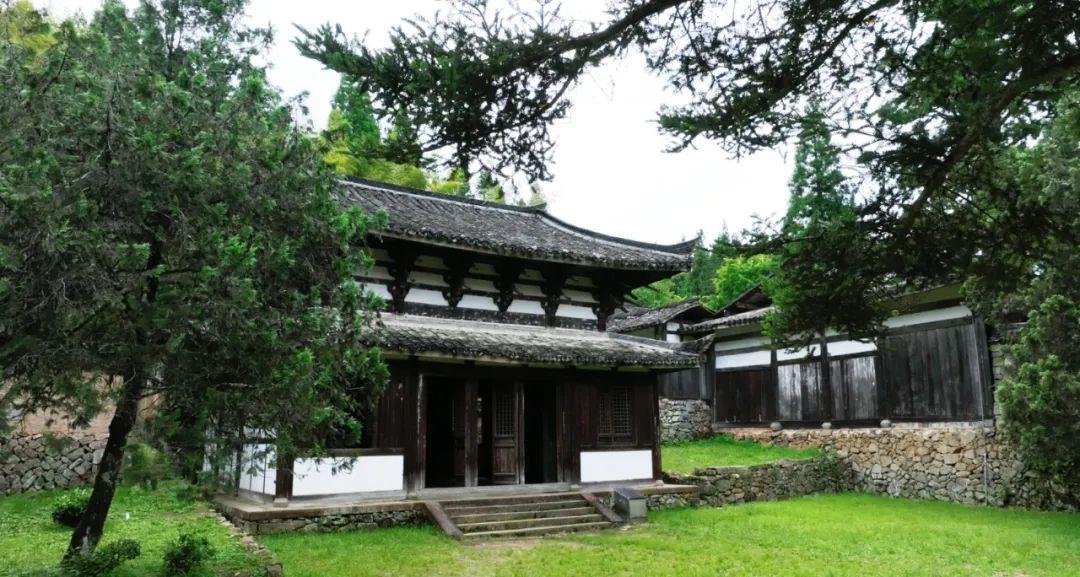
The entire ancient village of Dalian in the Yun is located on a mountain above 1,000 meters above sea level. It is about an hour’s drive from Jingning County. The mountains are surrounded by clouds and mist. You can drive in the area, as if you are passing through the clouds and fog between the sky. And when people call the waterfall “王”, there is a waterfall “snowflakes”. The beauty is called “王子” and it is just like the name.

Shisi Temple seems to be the gate of time and space hidden in the deep mountains. It is an ancient Song Dynasty temple surrounded by mountains and surrounded by greenery.
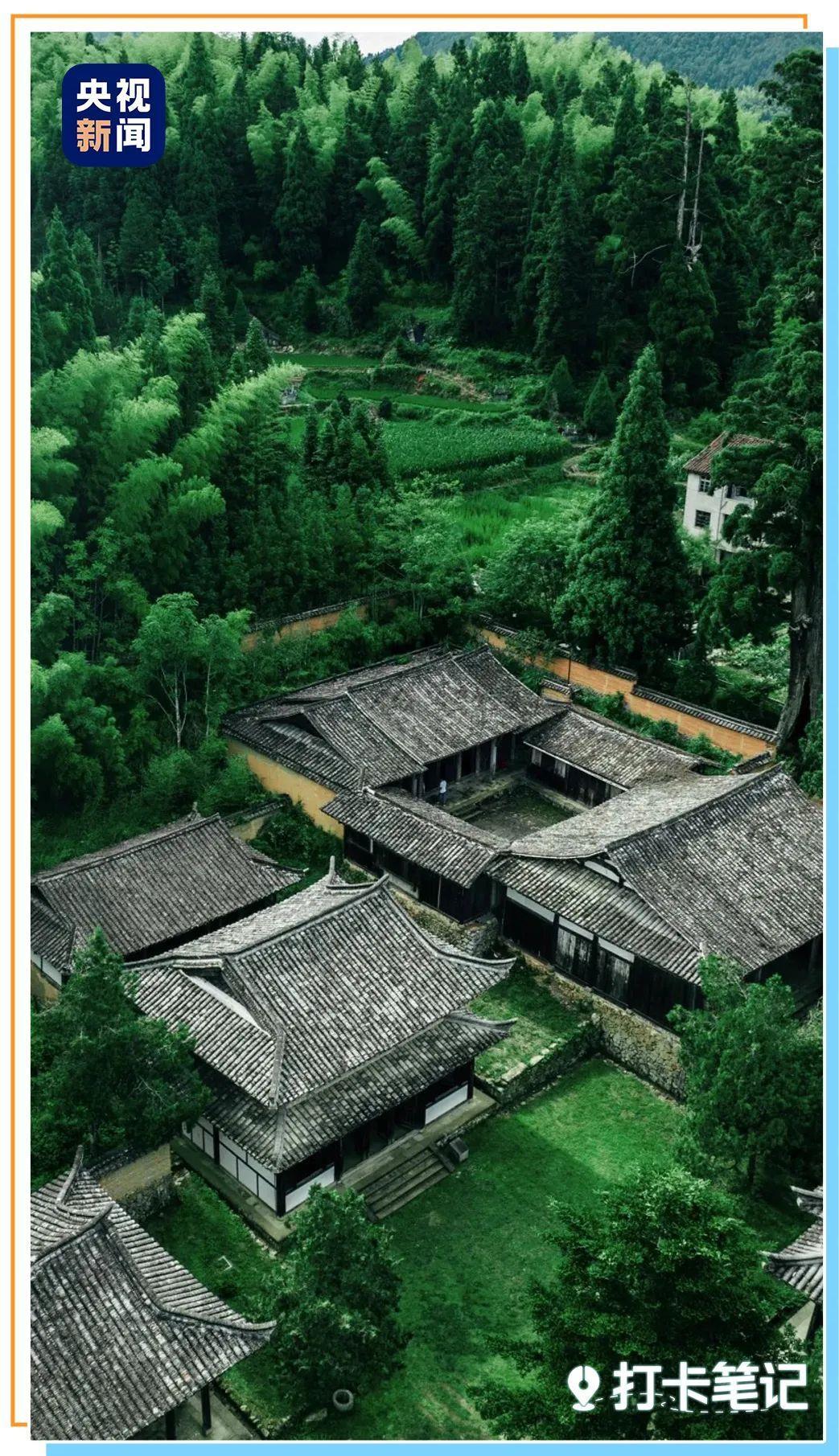
The ancient juniper lies in front of the door. The courtyard is towering and ancient trees, with deep green moss. Time seems to have stopped at this moment.
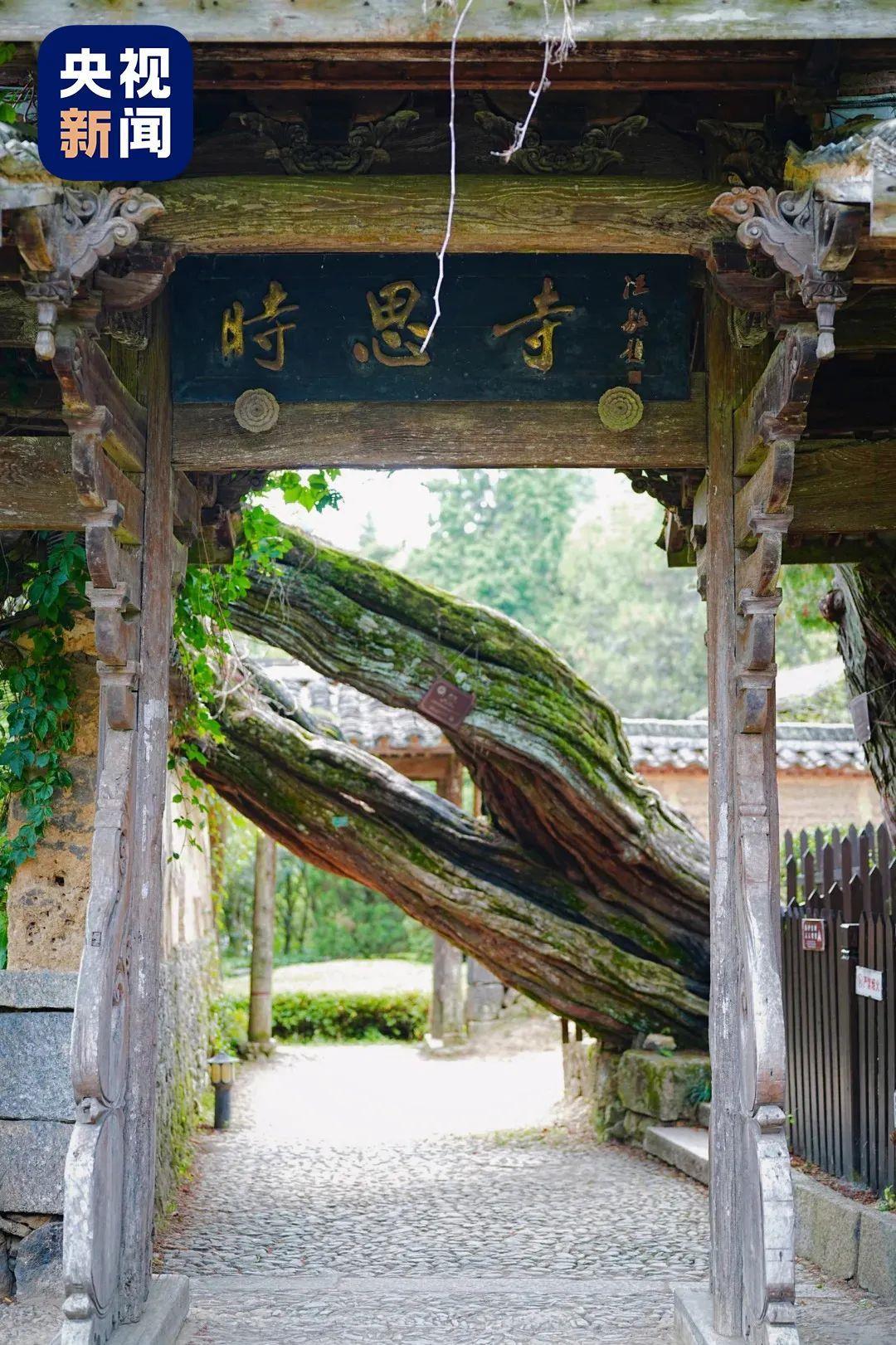
Yifang JingThe clever and scattered courtyard, the simple and solemn Great Hall, the Horse Fairy Palace with Taoist bones and fairy wind, the Heart Sutra Bell Tower with floating clouds, and the Mei Clan Ancestral Hall carrying filial piety. Every brick, tile, tenon and pillar all contain the charm of ancient buildings.
Although there is no Buddha statue in the Main Hall, the four-character plaque “Mahara Hall” makes people feel its extraordinary momentum.
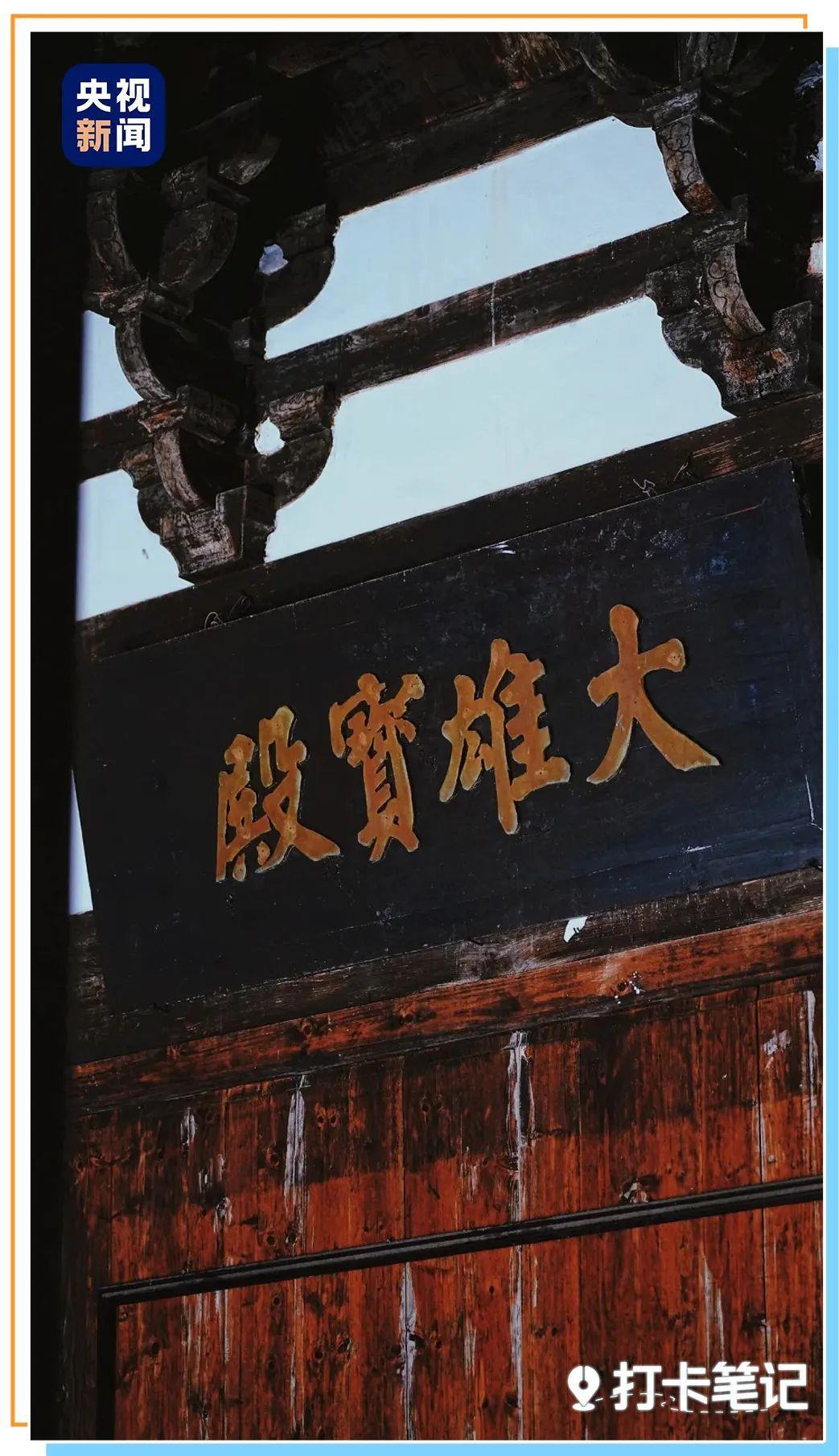
The hall is not decorated with colorful paintings, with plain face facing the sky, with only brown and white colors. The traces of the flow of time seem to be seen between the delicate wood grains. The main hall is a double-eaved hip-mounted roof with three rooms wide and two rooms deep. The dove is simple and elegant, with slightly raised wings and slightly stretched out of the eaves. It is an isolated example of the existing wooden ancient buildings in China.
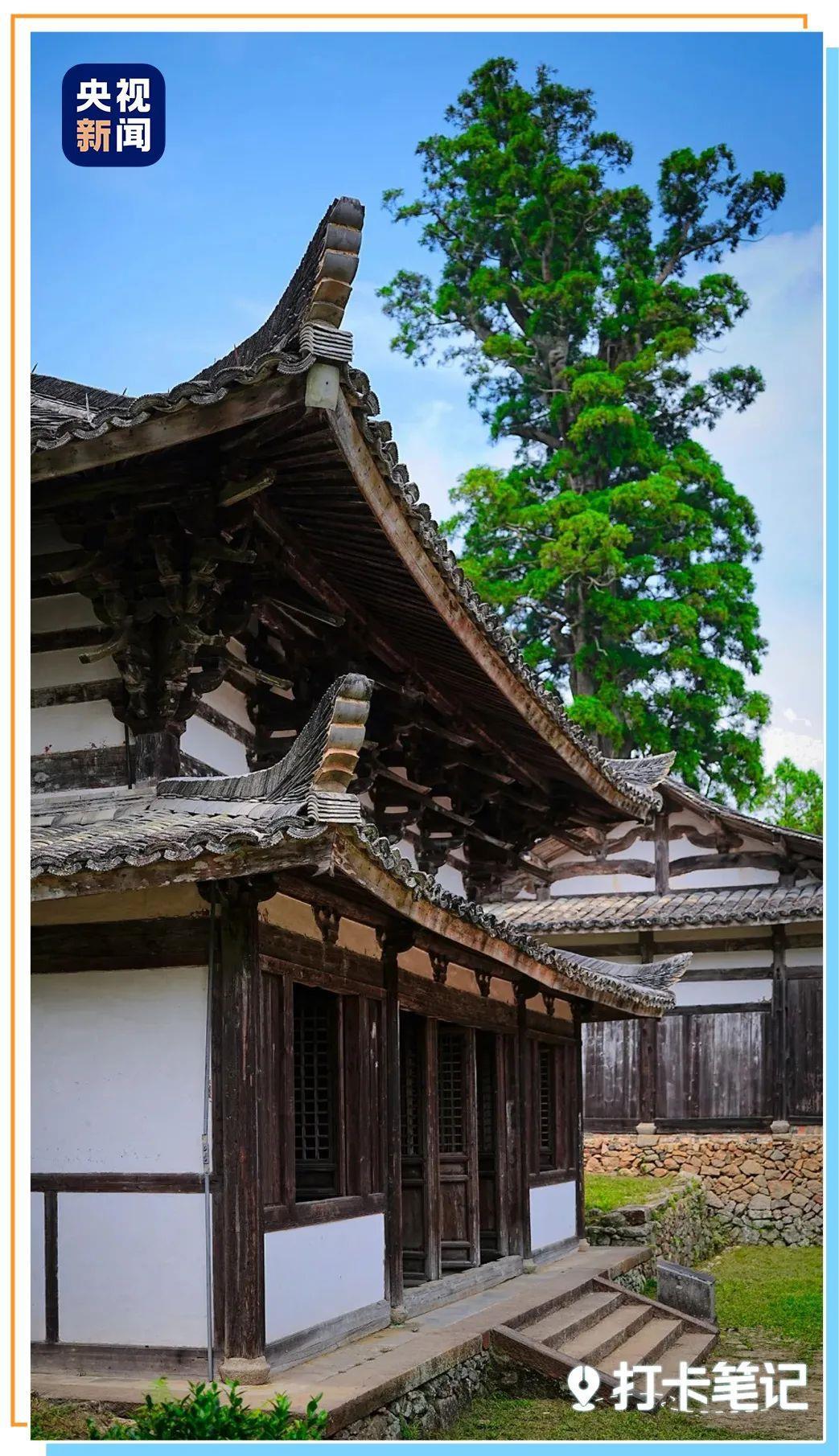
The unique aura of Shisi Temple satisfies all the fantasies about the ancient temple, and it can’t help but make people feel a wonderful sense of fate, which also seems particularly mysterious in the scene of “Black Myth: Wukong”.
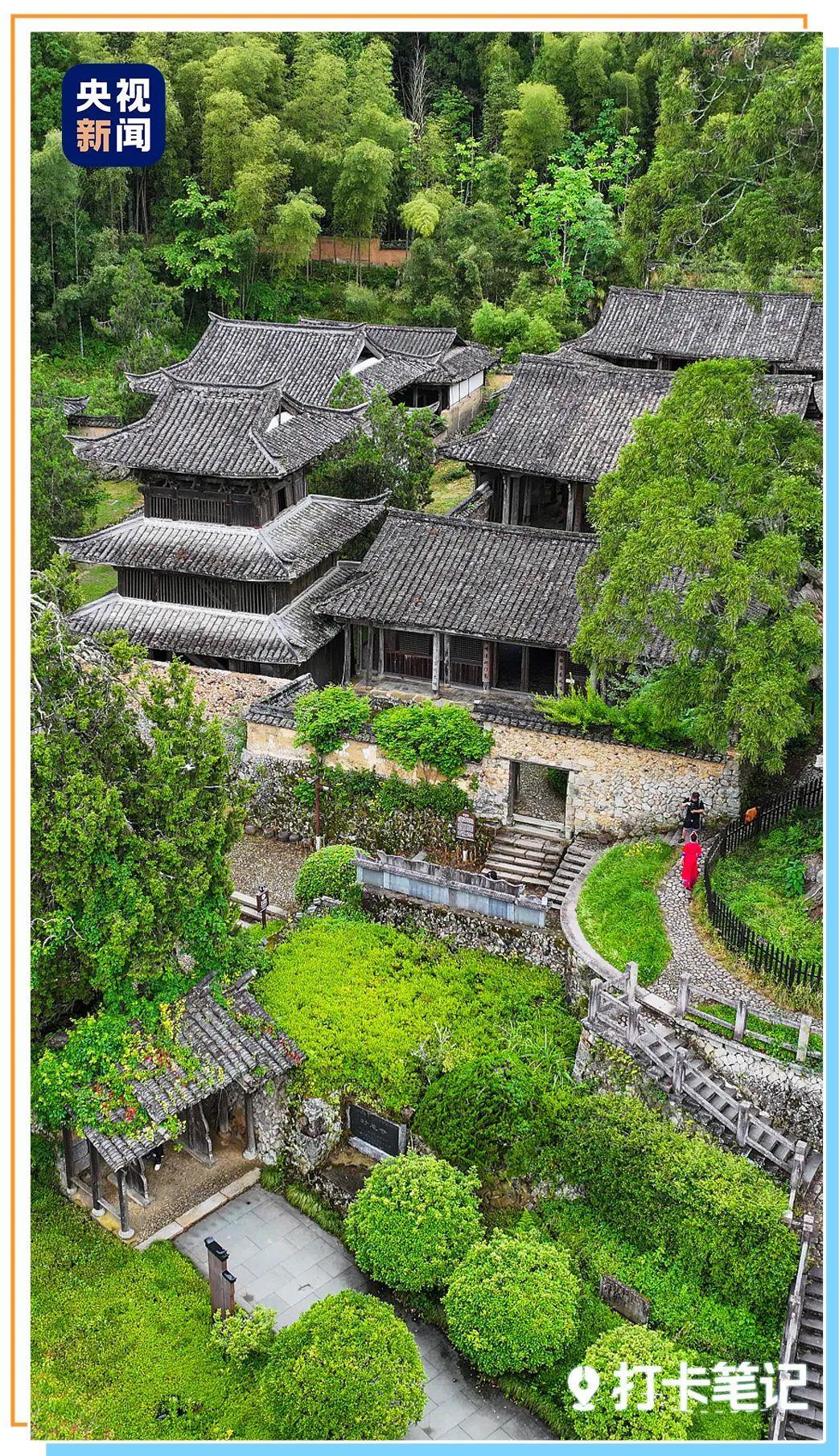
At the water mouth at the southern end of DadaKomiks At the water mouth at the southern end of Han Village, there is a typical water mouth bridge called “Huguan Bridge”. Huguan means “Guardian Pass”. The bridge spans Muhe River from east to west, connecting to the village with curling smoke from cooking to cook at one end, and the temple with dusk drums and morning bells at the other end.
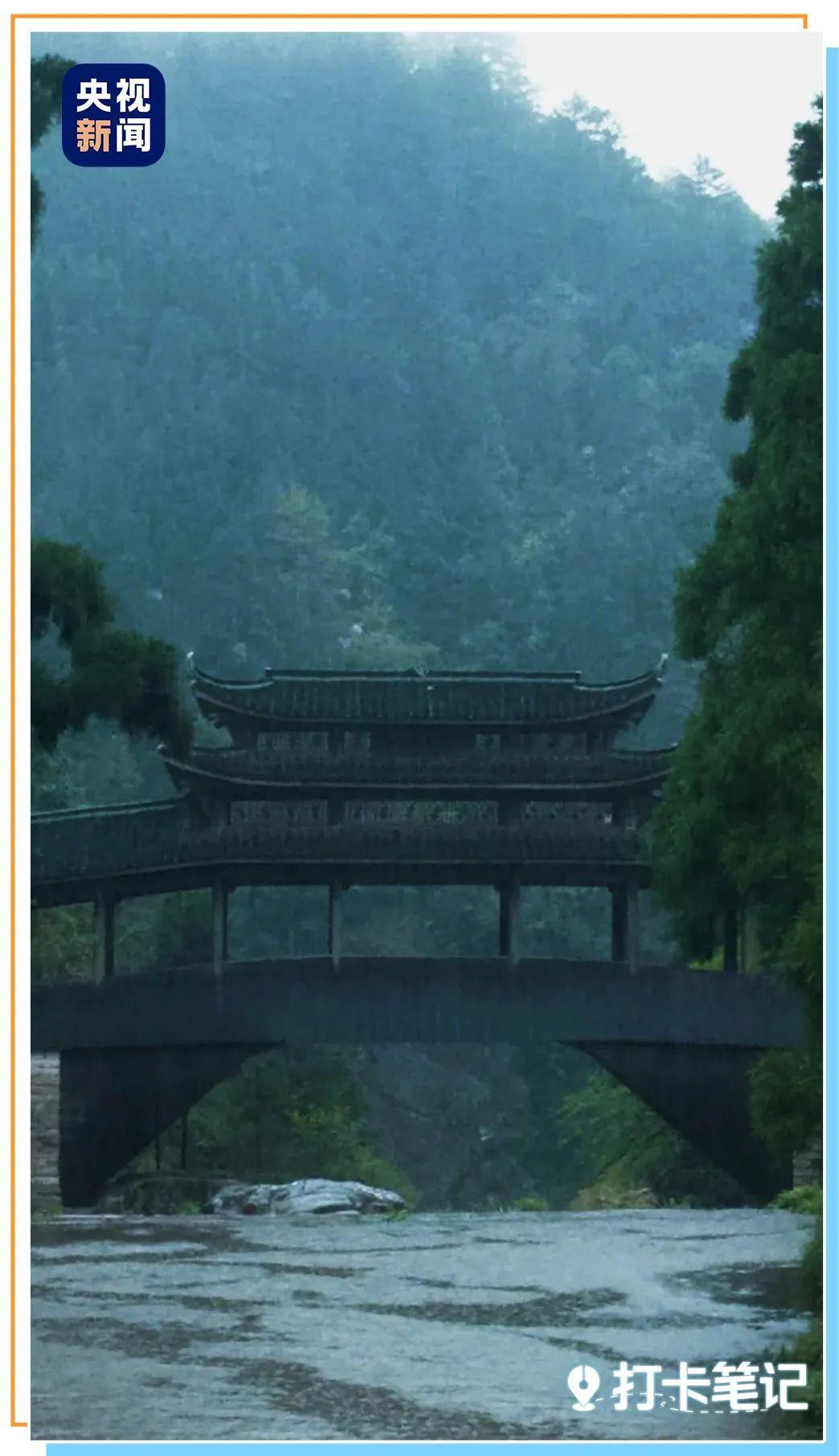
Sichuan
An Yue Stone Carving: A Performance Art of Time
An Yue Stone Carving appears in the Spider Spirit Sisters promotional film in “Black Myth: Wukong”. Many exquisite Buddha statues stand, mysterious and distant.
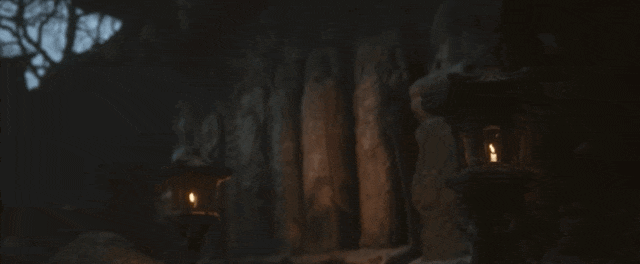
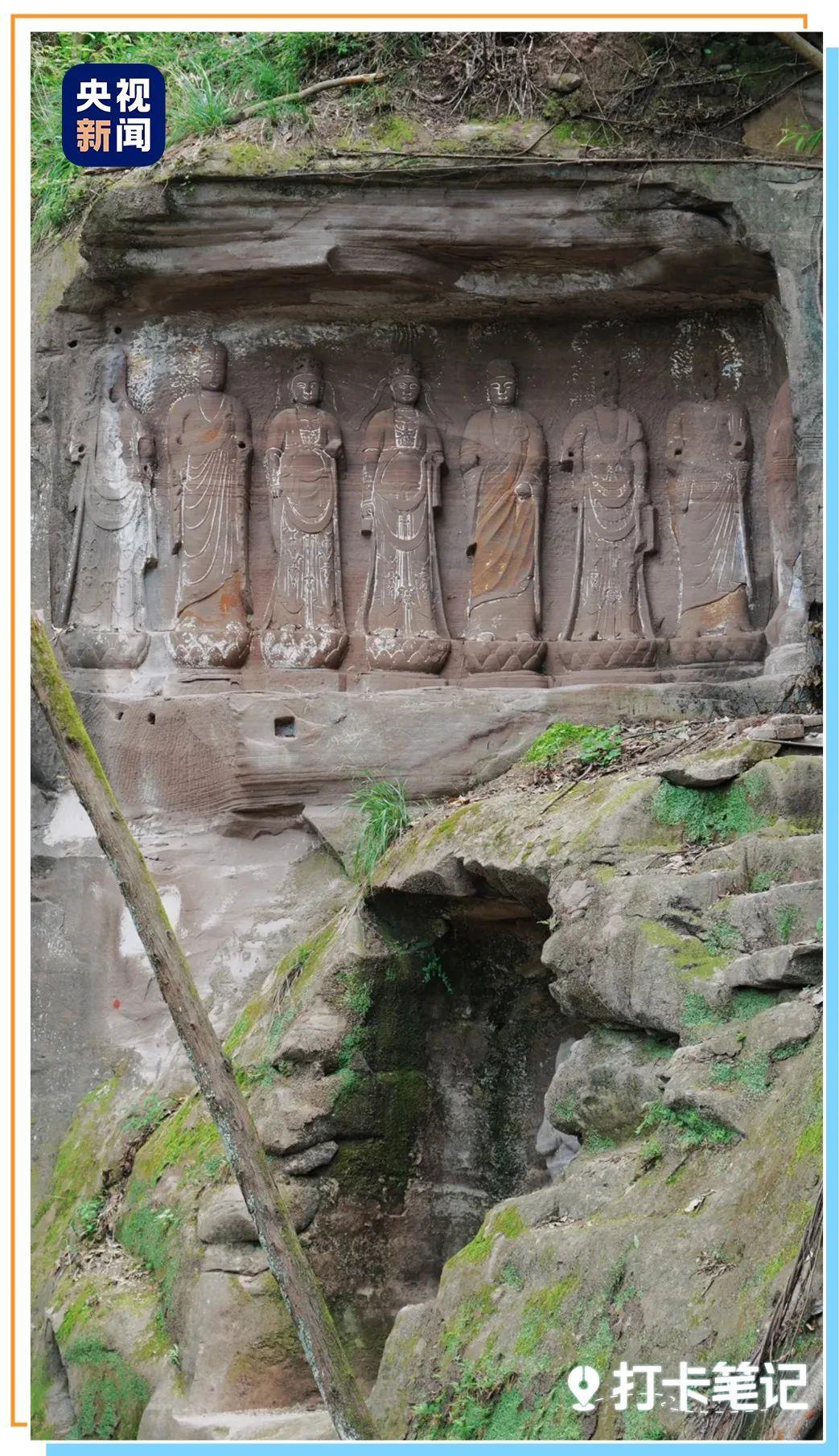
East of Ziyang City, Sichuan Province, the convenient location from Chengdu is Anyue County. The skilled craftsmen have left these statues in Anyue over the past thousands of years, making Anyue the most densely populated area in Sichuan Province.
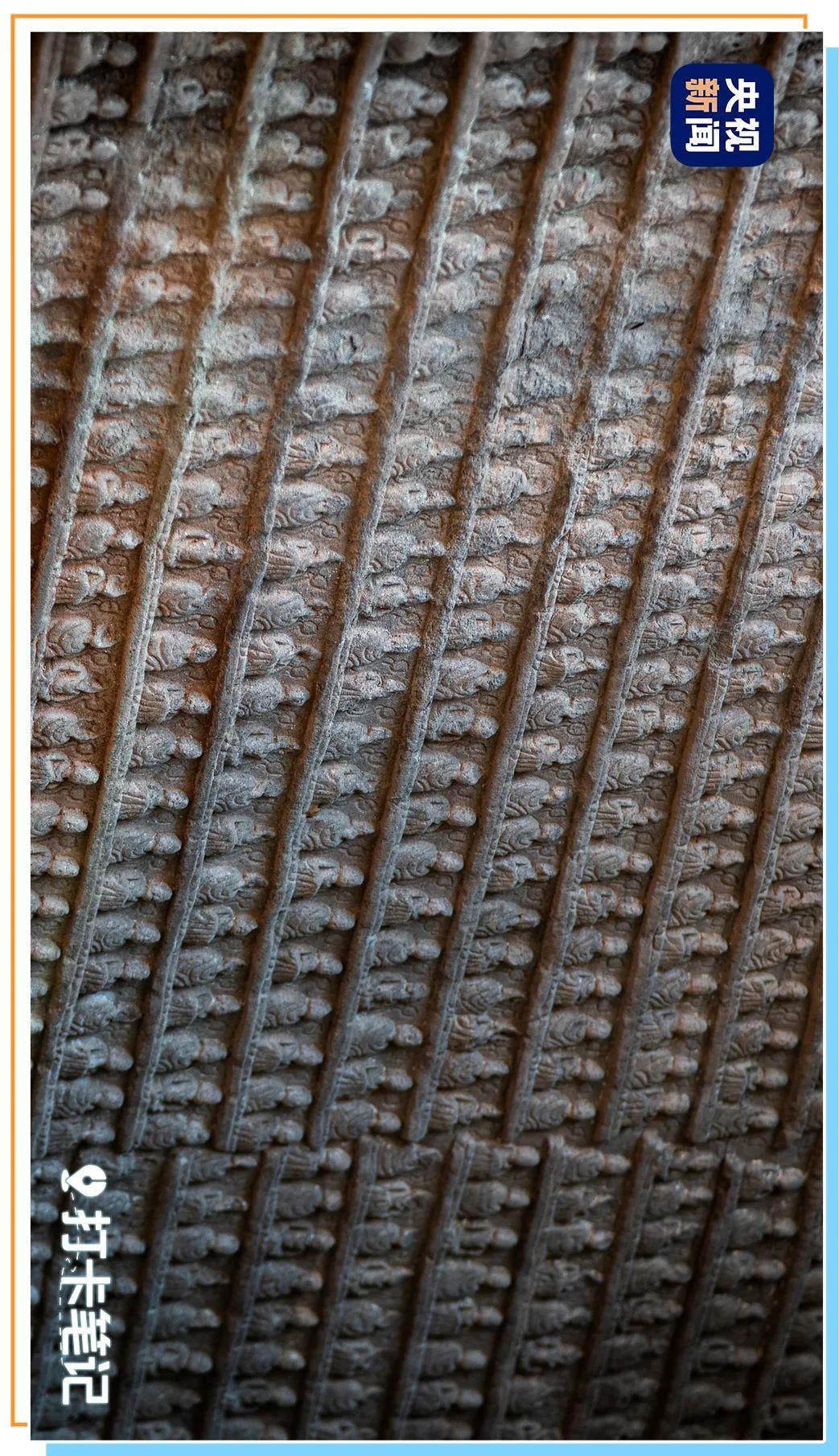
Many people want to see Anyue stone carvings, which are attracted by the severely weathered Buddha niche. Because of the thousands of years of wind, the traces of wind left on the stone carvings. Thousands of years of traces form the shape of wind. Standing in front of this Buddha statue, the beauty created by time will shock the heart.
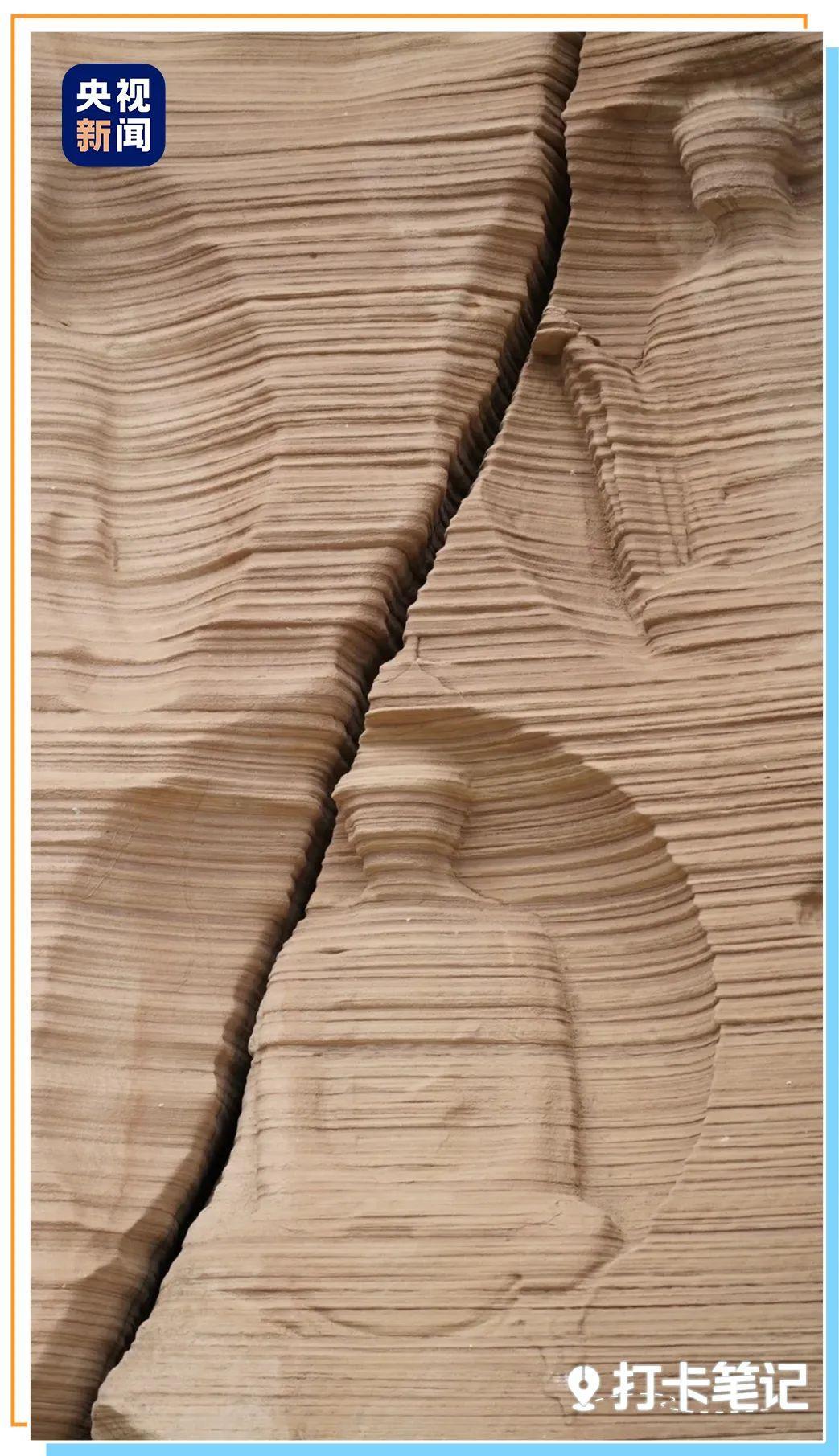
The reclining Buddha carved by Anyue stone is the largest reclining Buddha on the left side of the Tang Dynasty in China. It is 21.3 meters long and is chiseled on a cliff about 20 meters high.
In the reclining Buddha courtyard, more than 400,000 words of stone carving Buddhist scriptures were also found. Its font is well preserved, with more than 100,000 words clearly visible. Its engraving and calligraphy are recognized as the world’s best.
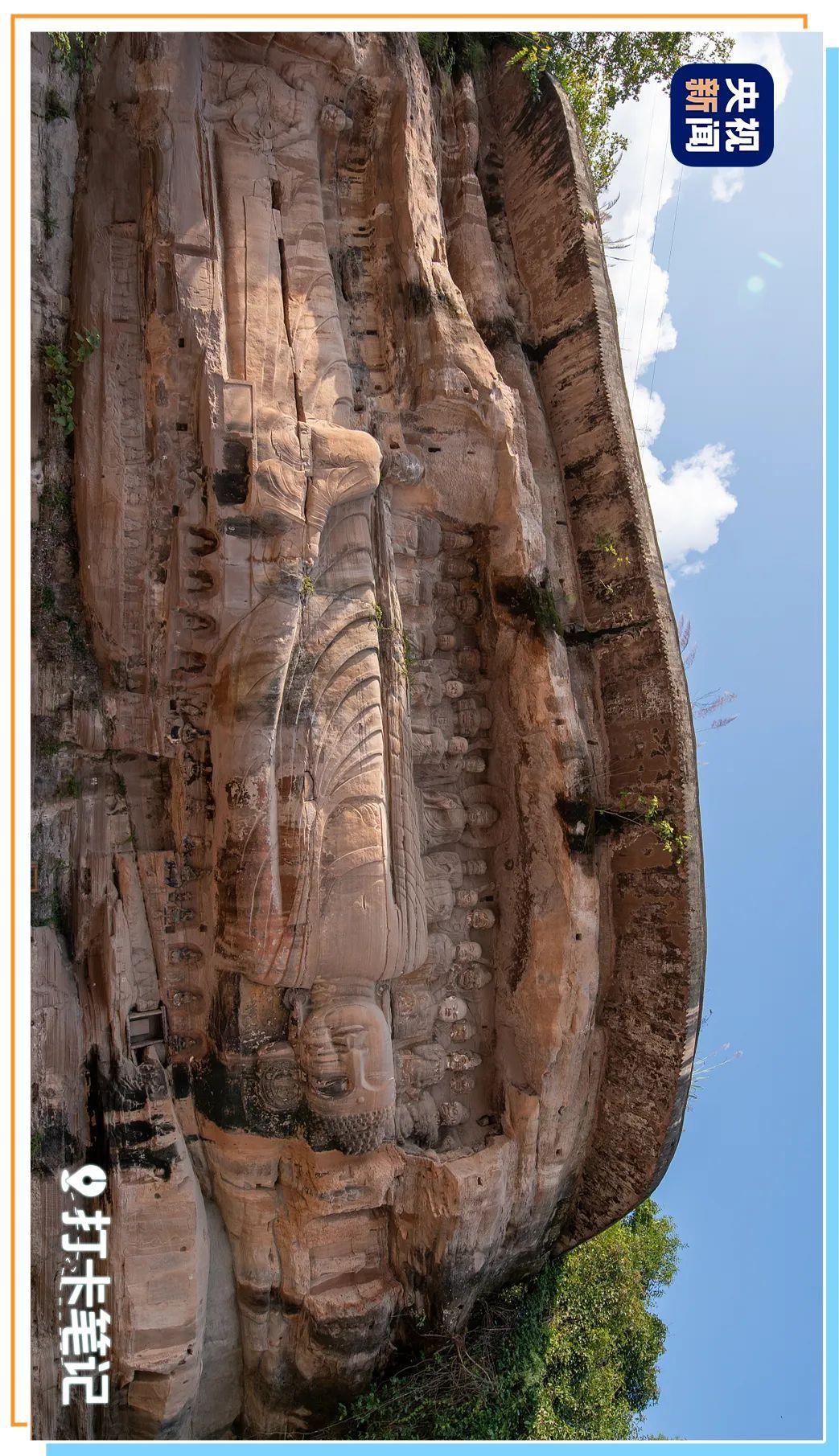
The Water Moon Guanyin statue in Vilu Cave is one of the most popular statues in the entire Anyue stone carving. It has its own beauty from any angle.
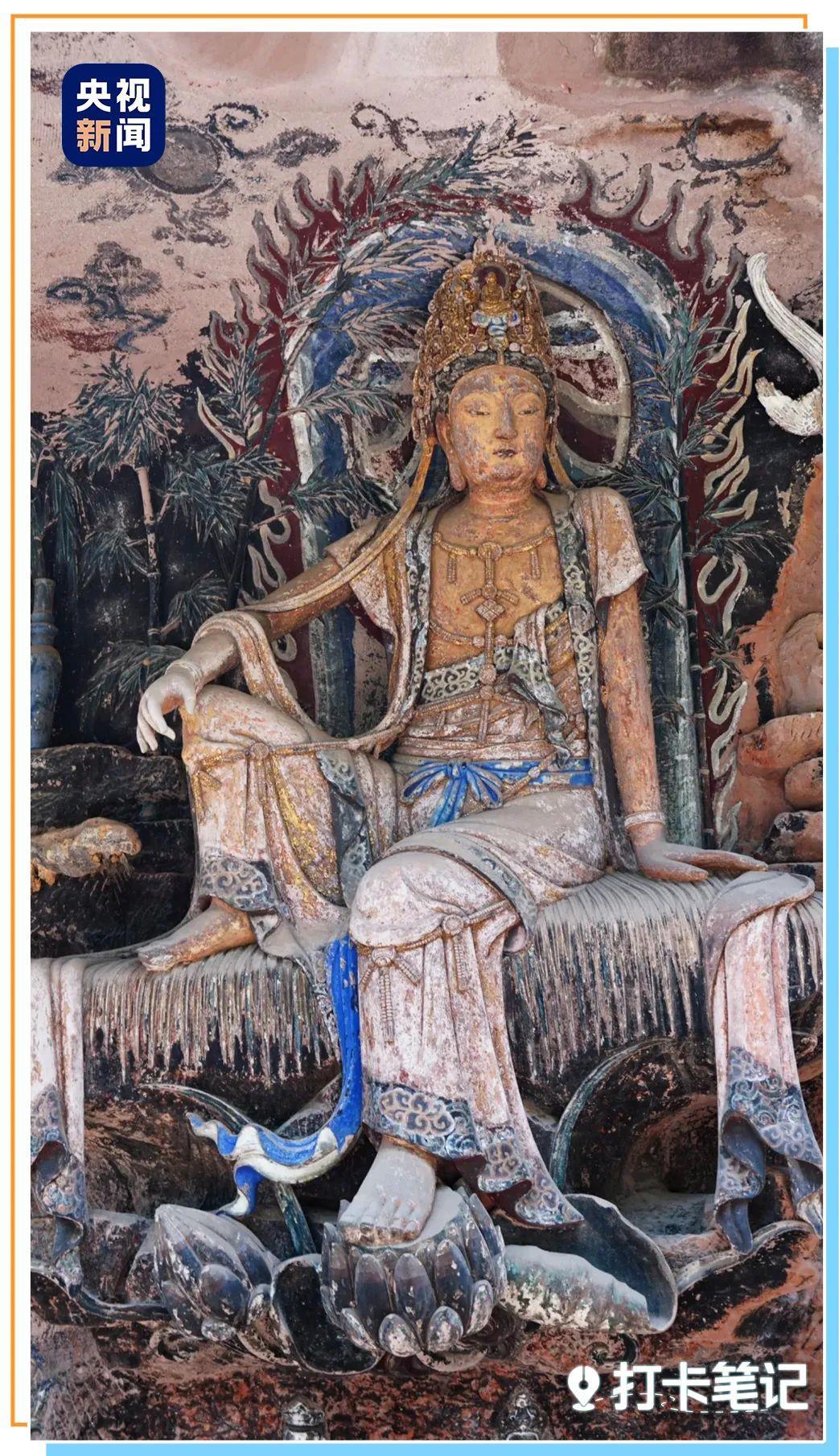
The group of Buddha statues on the pagoda slope is amazing. It is on a hillside. Because the temple’s door faces west, when dusk comes, the sunset shines on it, as if it is naturally covered with gold.
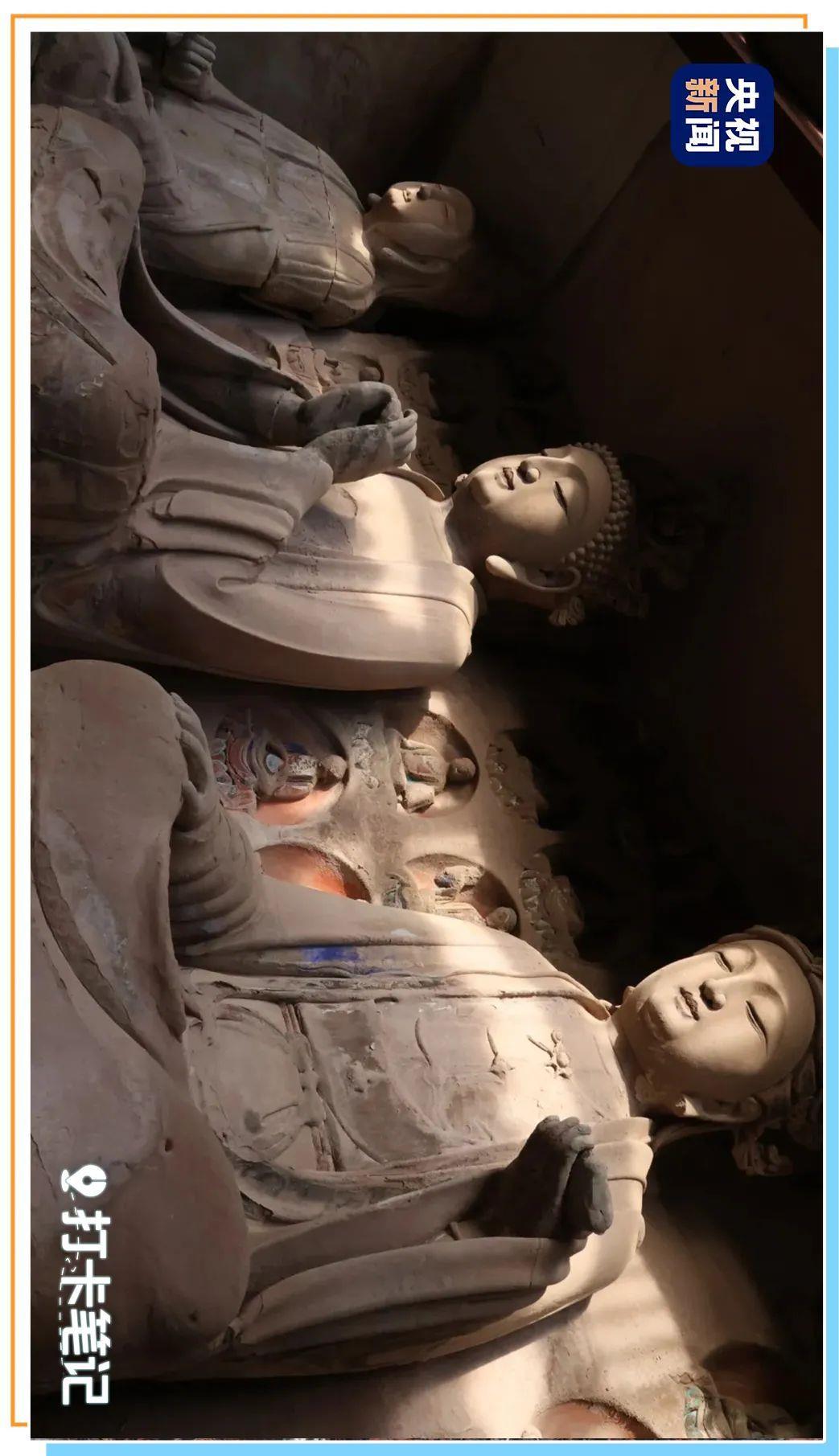
Most statues in Anyue stone carvings have gradually become weathered. While regretting, you might as well see it earlier.
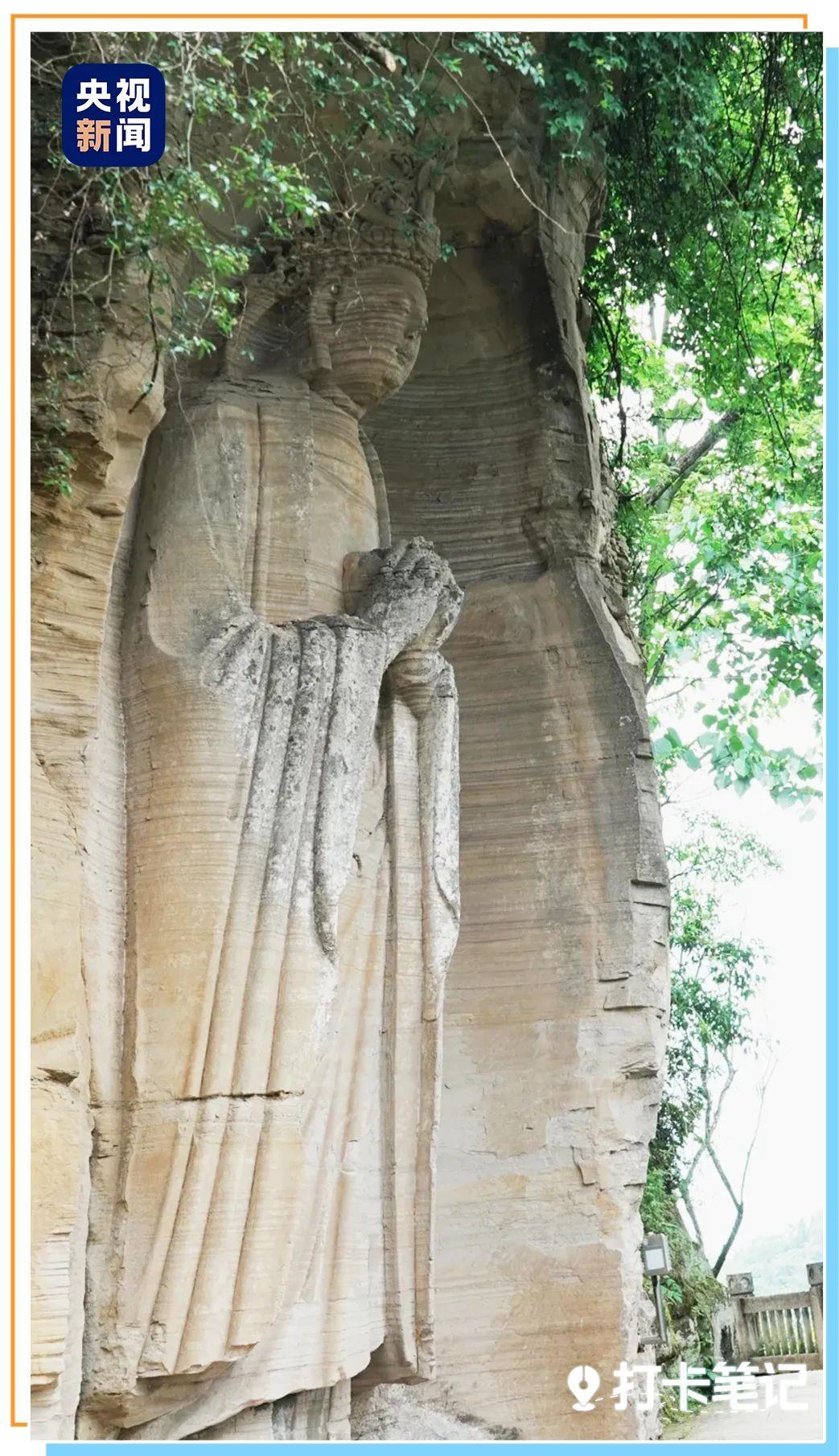
Many people call Anyue County a little “sour” small town, because it is rich in lemons and enjoys the reputation of “Chinese lemons look at Sichuan, Sichuan lemons look at Anyue”.
Baosen Lemon Tourism Zone is the largest scenic spot in the country with lemon-themed. It seems that when you walk into the kingdom of lemons, the fresh fragrance comes to your face. Don’t forget to taste the sour and refreshing lemons, which will refresh your mind in an instant.
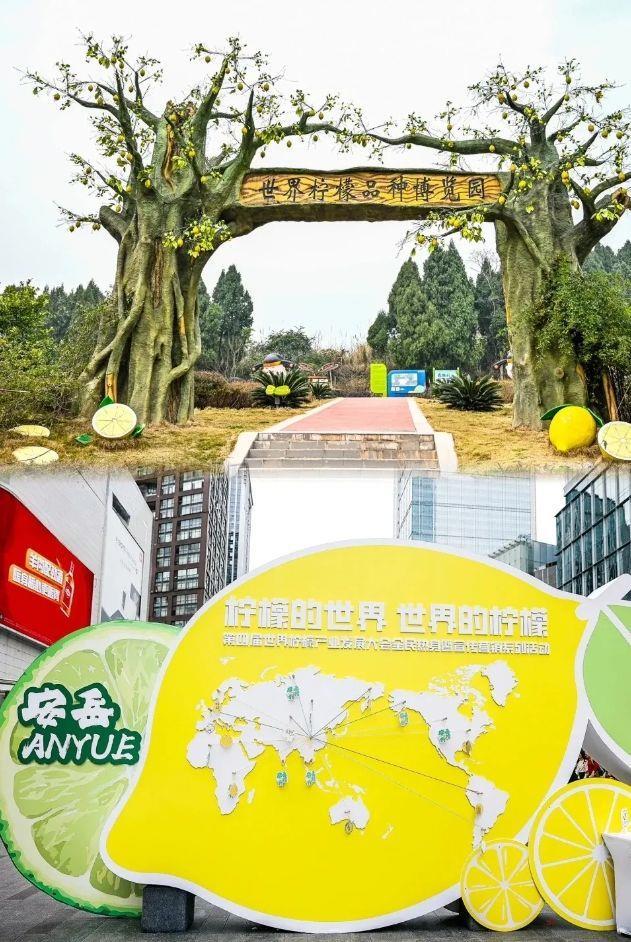
Chongqing
Dazu Stone Carvings: A Treasure of the Thousand Years of Tang Dynasty
The Black Myth: WukongDazu Stone Carvings are restored in Chongqing. Too many statues are shocked. “Thousands of years of storm, art is unique in the world” refers to Dazu Stone Carvings.

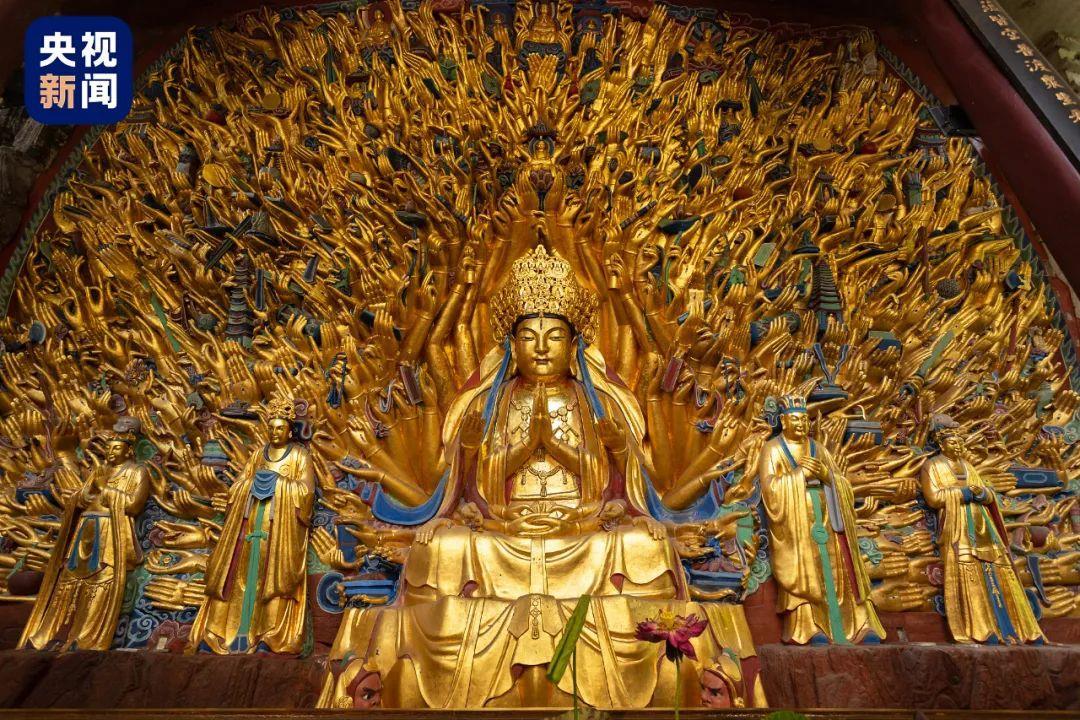
The breathtaking statue of Thousand Hands Guanyin is carved on the 88-square-meter cliff surface, with a total of 1007Cinema hands, magnificent and spectacular as if a peacock spreads its tail.
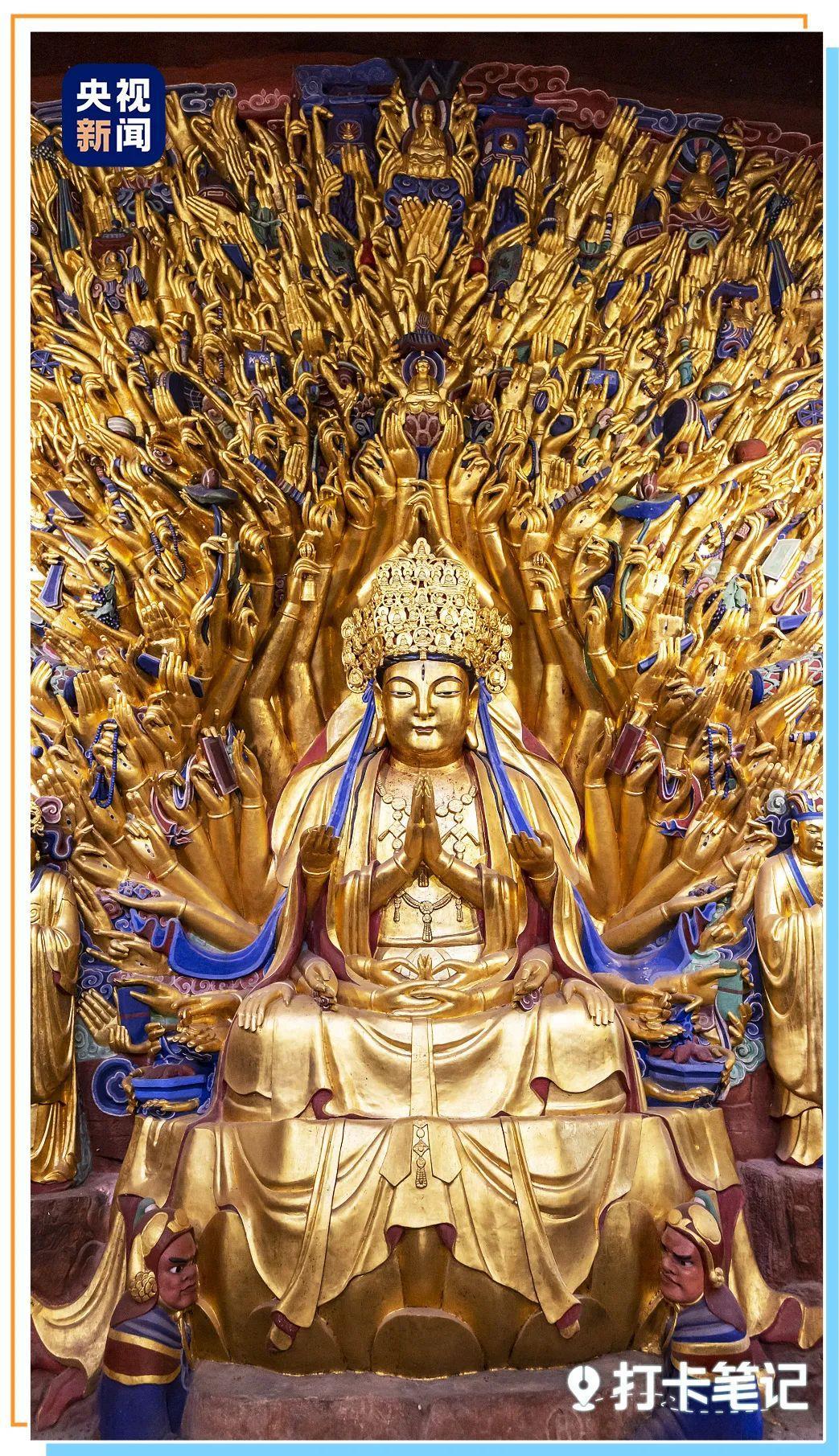
After 800 years of wind and rain, the exquisite stone carvings were also plagued by illness, and the statues were weathered and peeled off. Now, this Thousand-Handed Guanyin statue reappears, which is a time that people have gone back to more than 800 years.
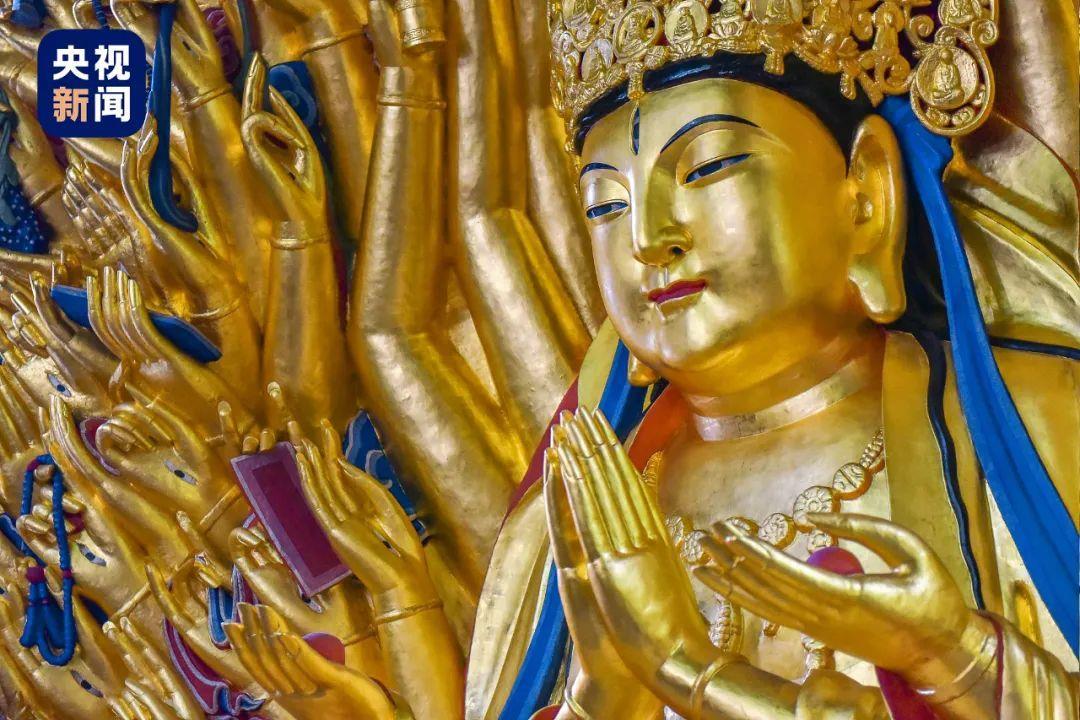
Walking through the mountains and forests, huge stone carvings emerged in front of you. It started in the Tang Dynasty, went through ten countries, and reached the Southern Song Dynasty, spanning thousands of years. It is still vivid today, as if you are talking to you.
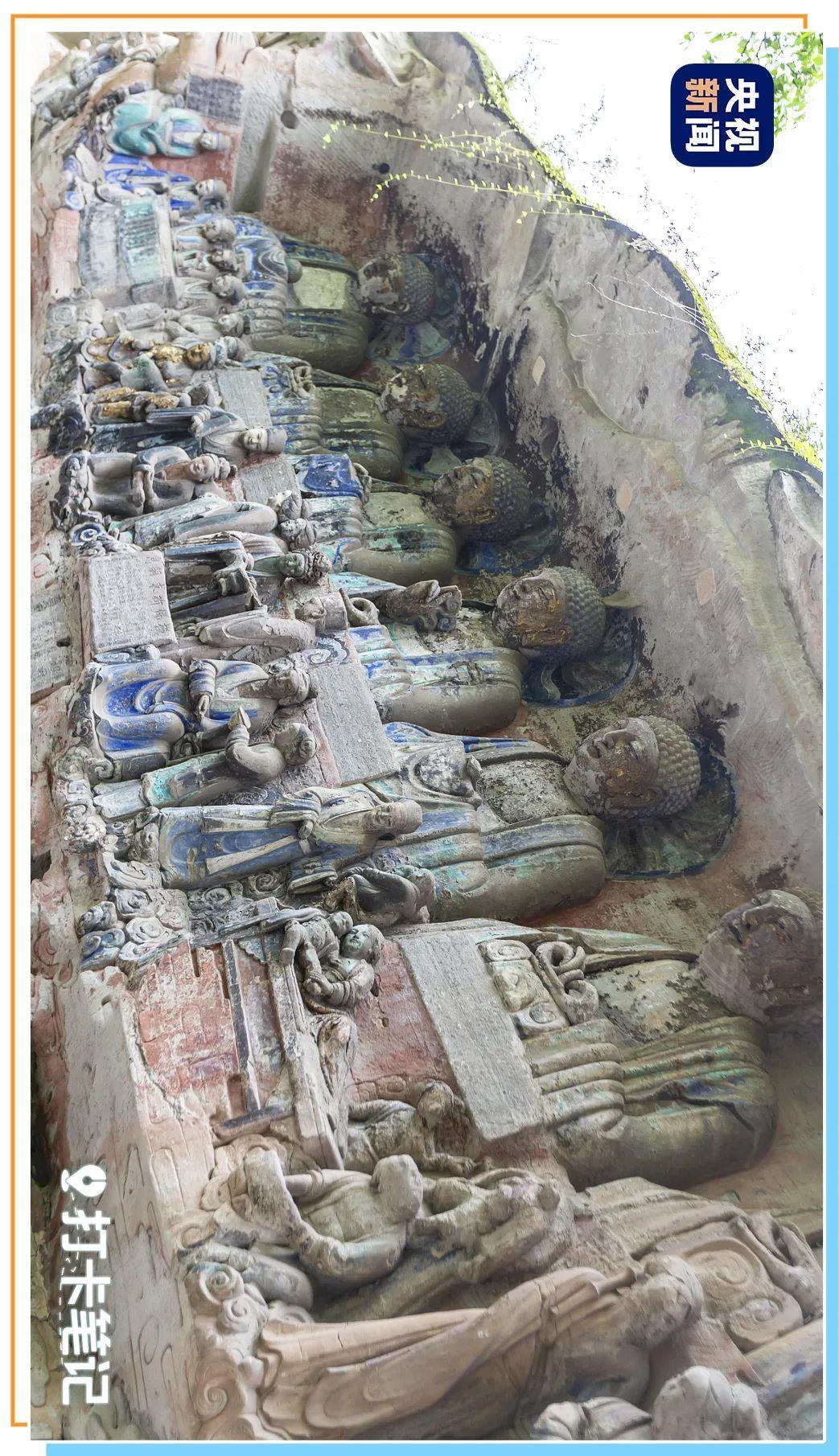
Amid the green mountains, the 31-meter-long Dazu stone carving reclining Buddha, each stone carving is ingenious. href=”https://funnybookish.com/”>Babaylan whispered.
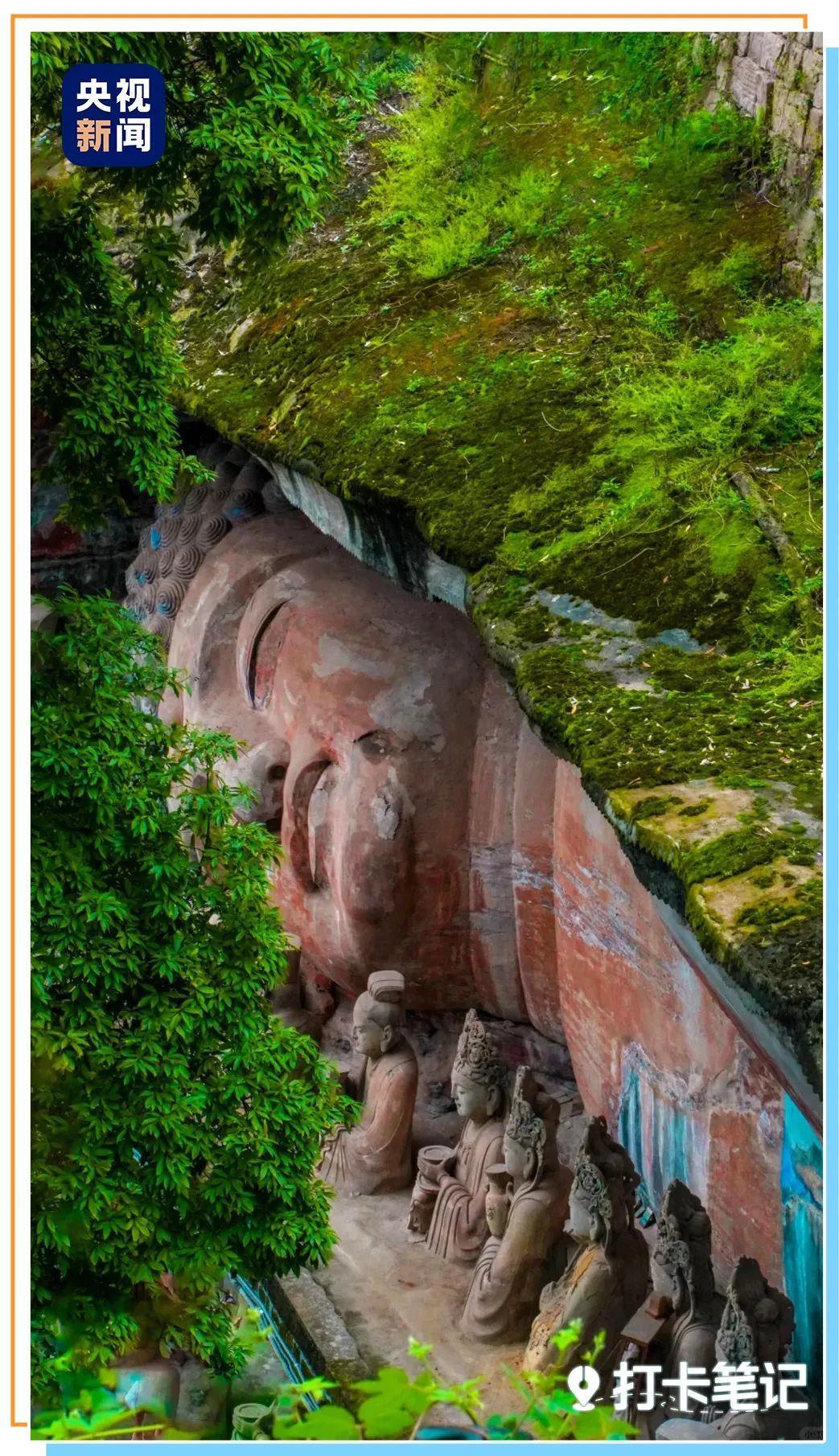
Every visitor who walked into the Dazu stone carvings would see several unfinished statues of the Ming King. Compared with the exquisite statue groups around, the lower part of these statues was uneven and full of marks, which made people wonder why only half of them were created?
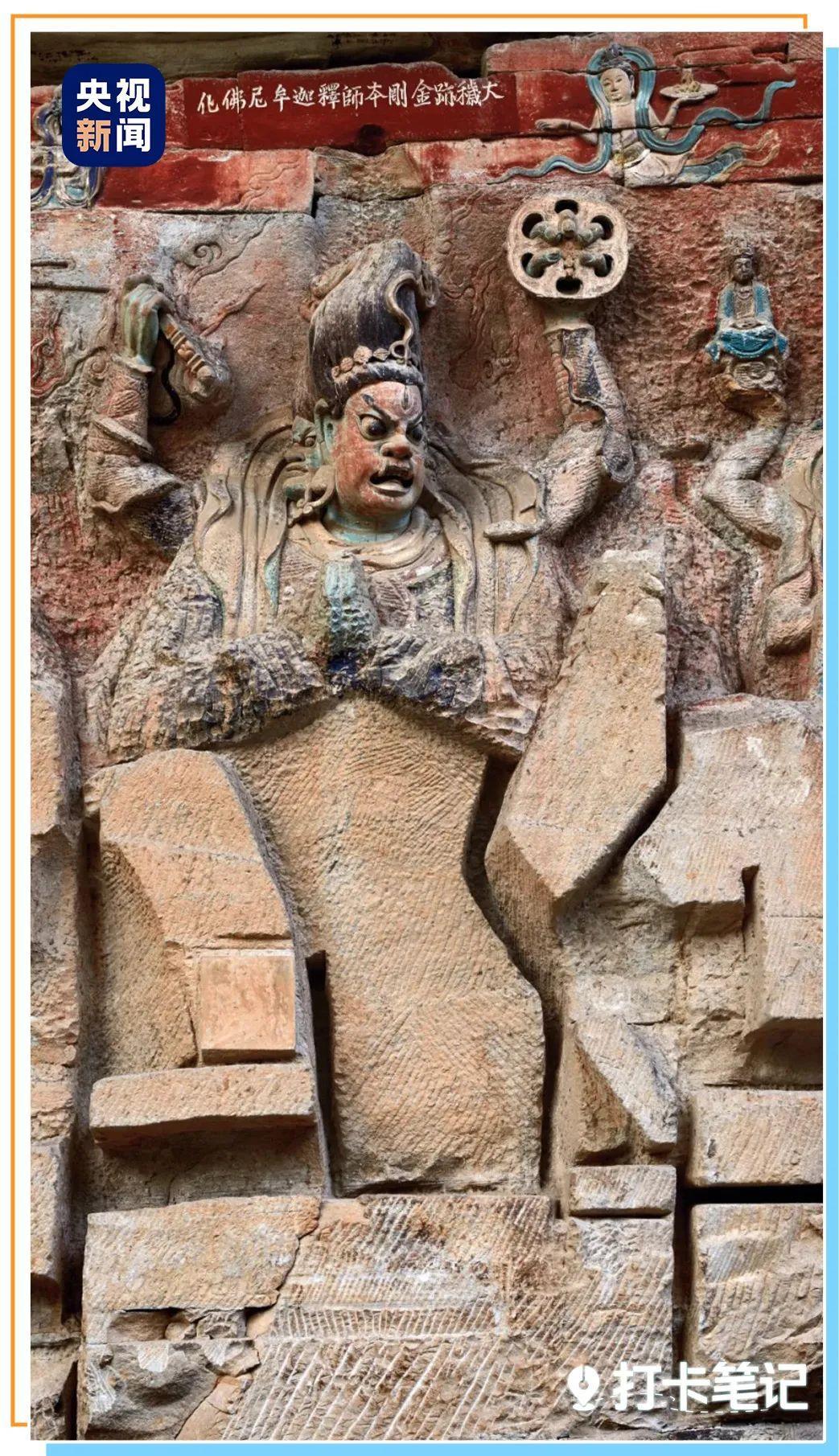
In fact, according to the inscription “Di Guangzhen Farewell to the County Governor Wang Mengying” in Dazu Rock Carving “Dazu” “Since Di Nan”, it is not difficult to see that Dazu had suffered from the wars of Song and Meng at that time. However, the dazzling monument they created has become a witness of history, and it is more worth checking out these rare “semi-finished” historical relics.
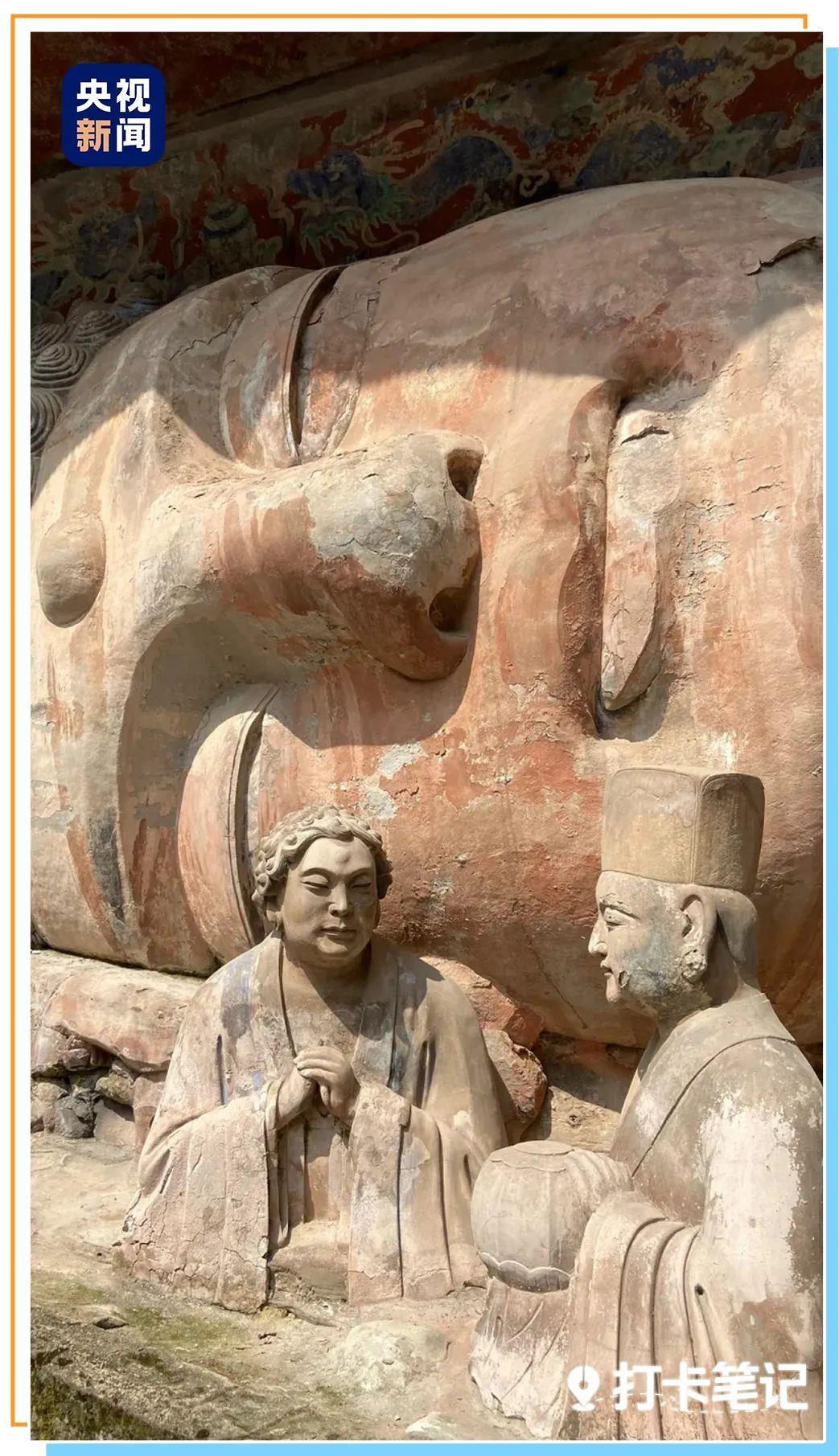
This is the ancient Chinese architecture
It is not only a visual shock
It is also a concentrated display of Chinese aesthetics
Let us protect and inherit together!